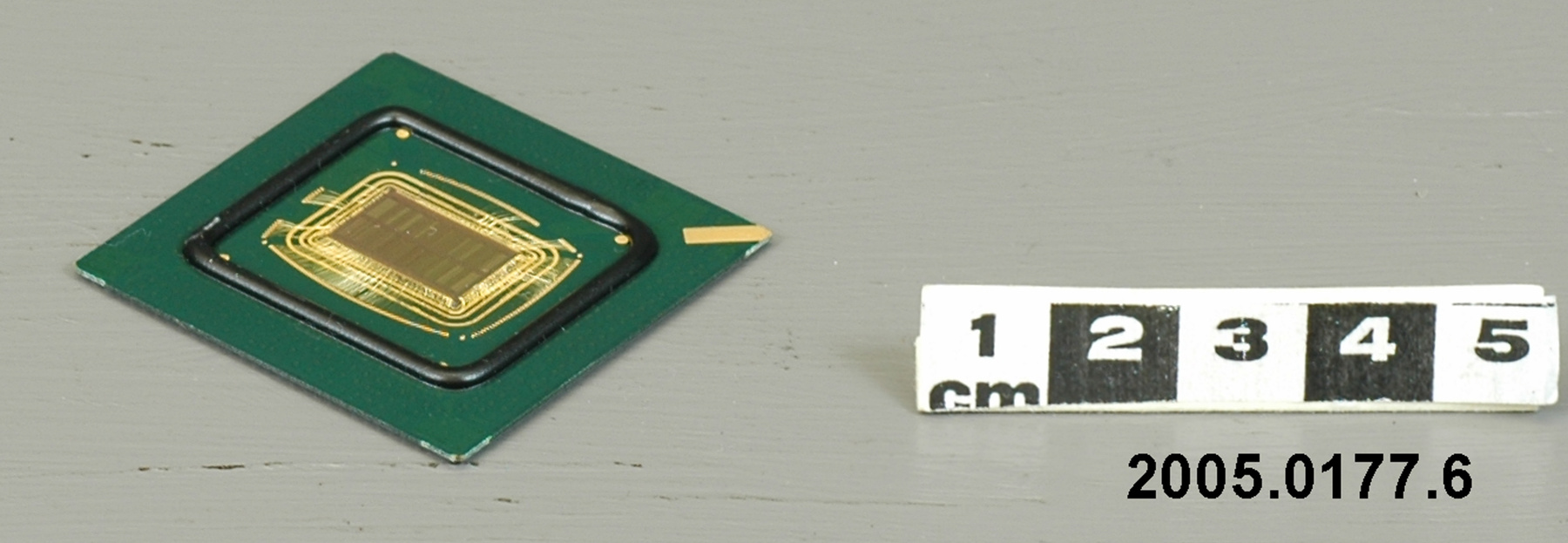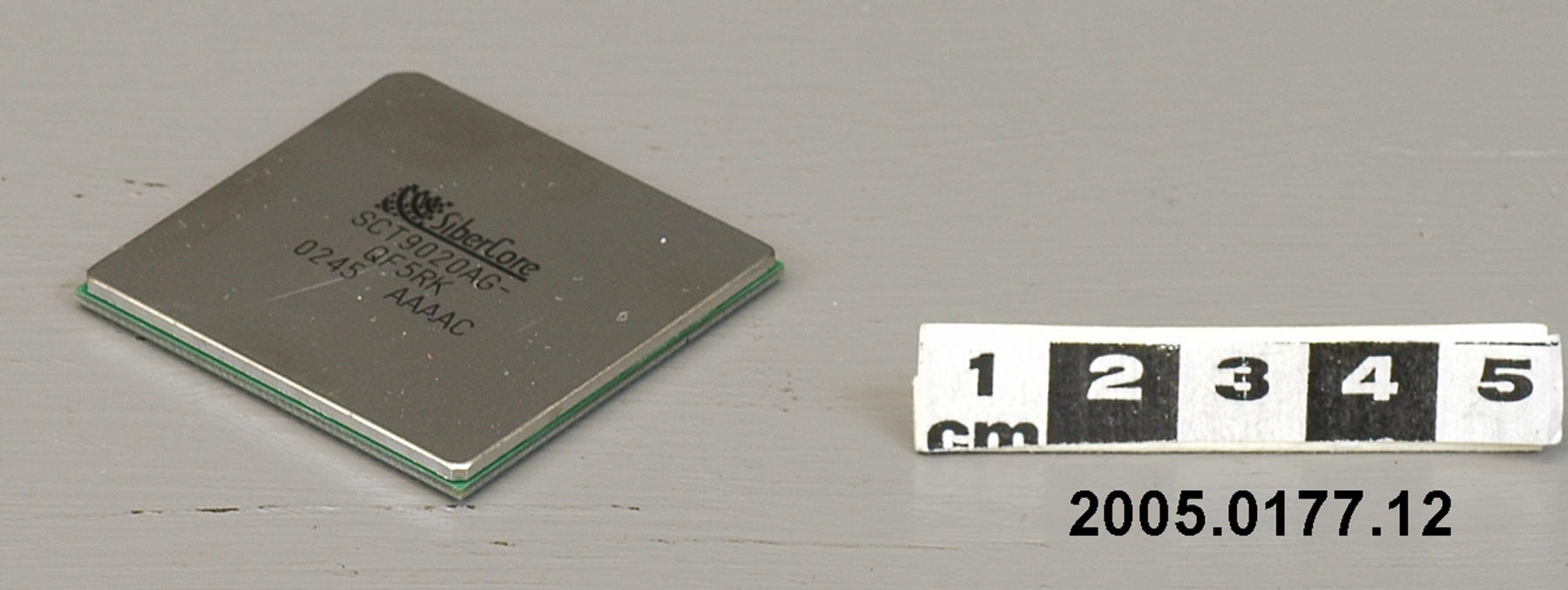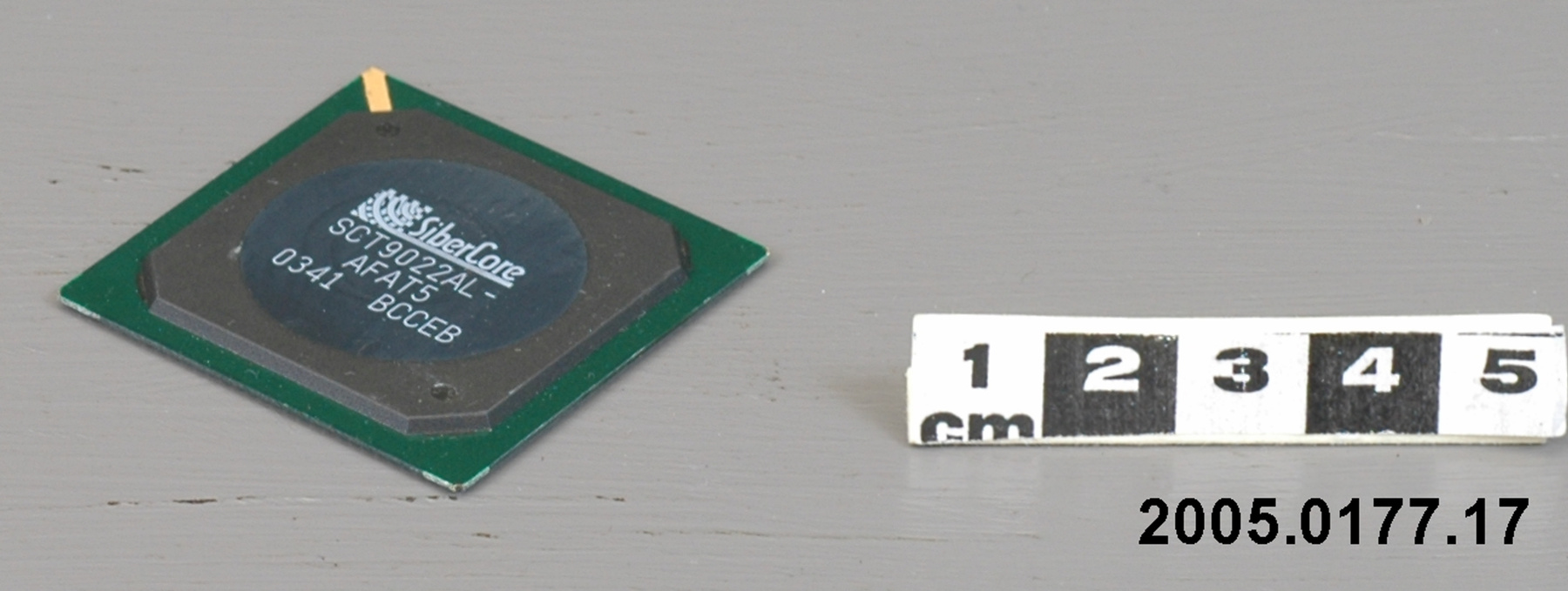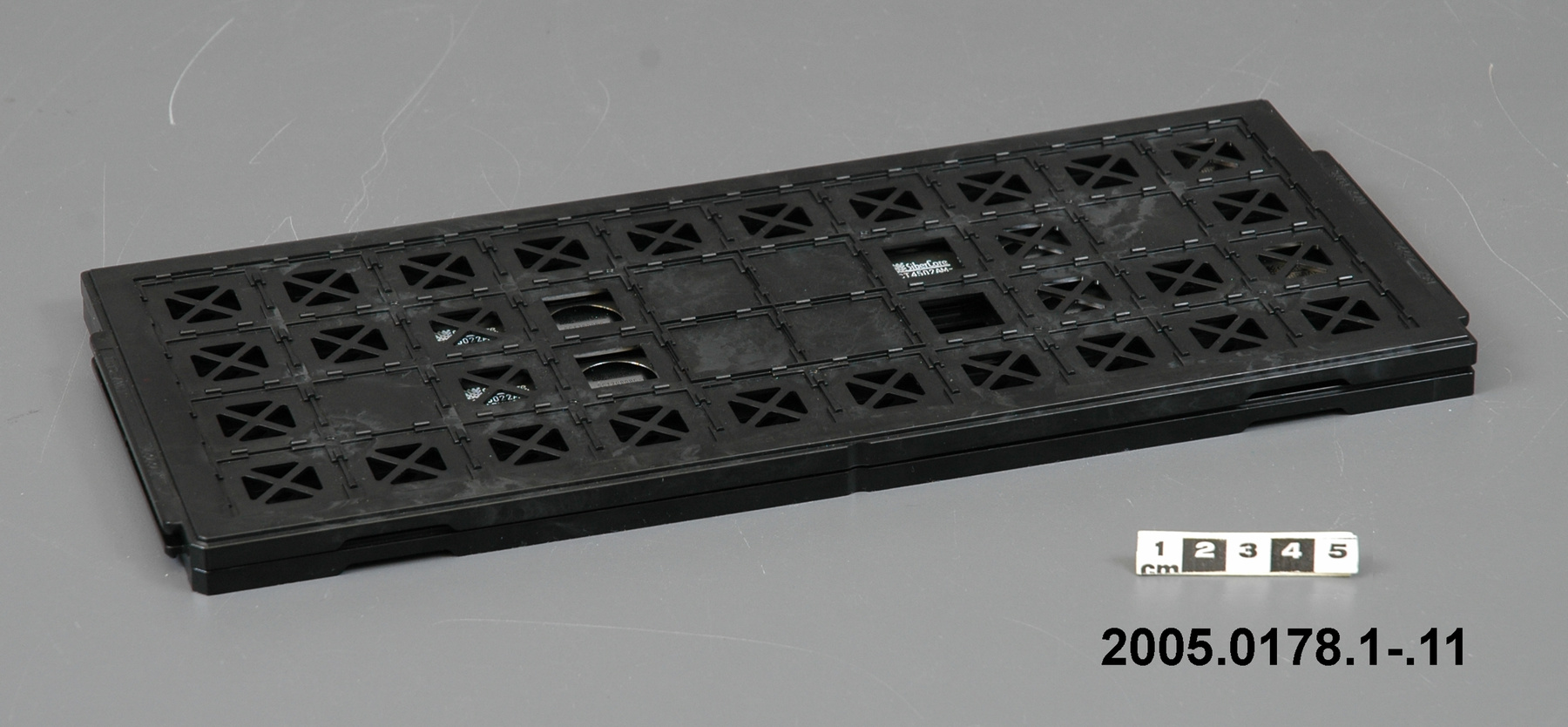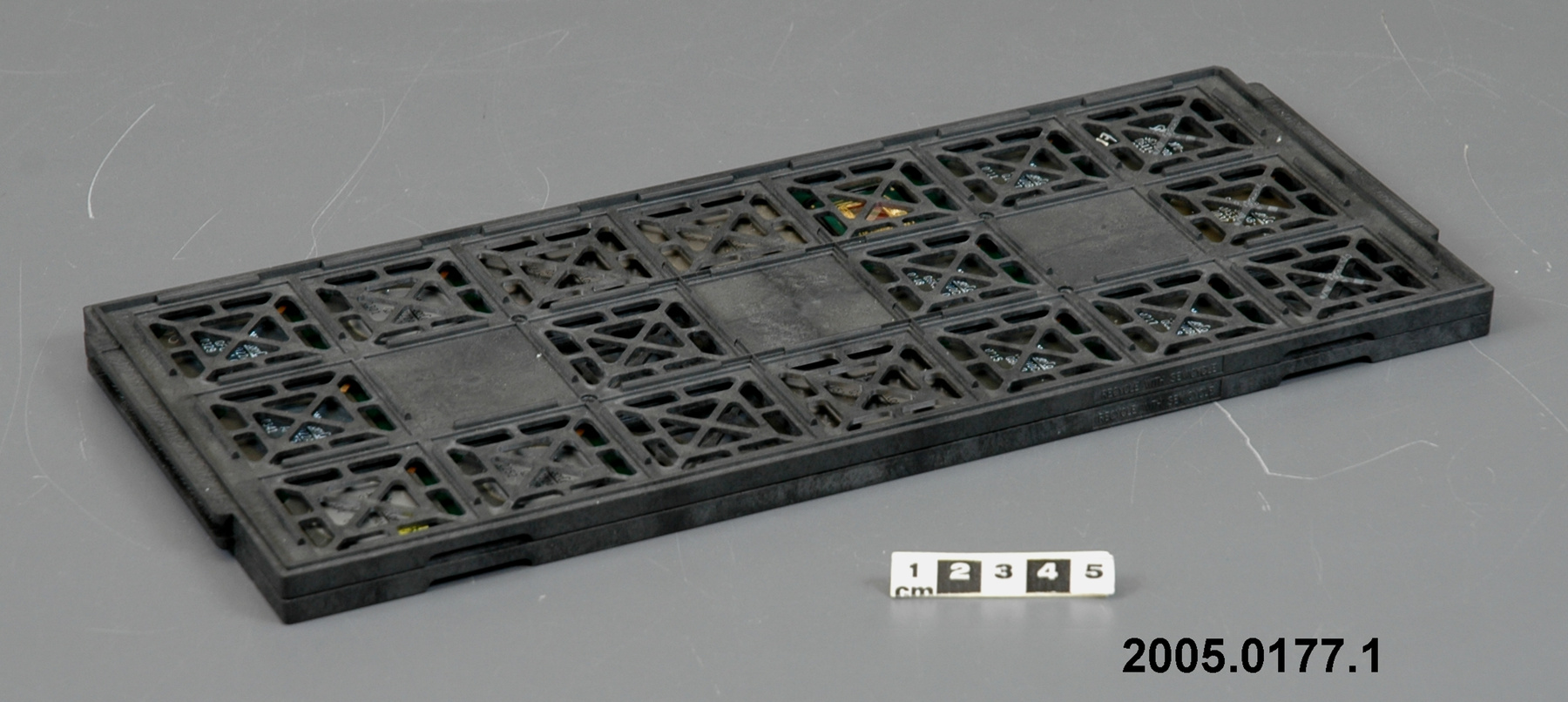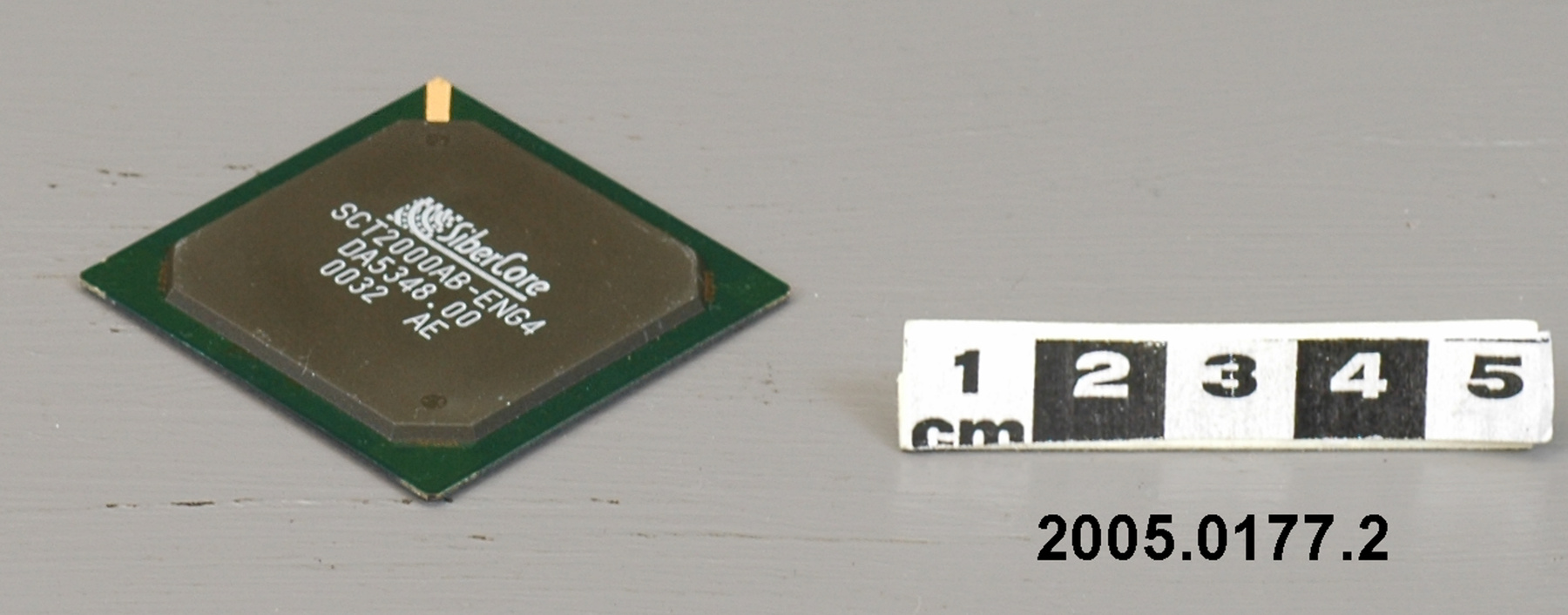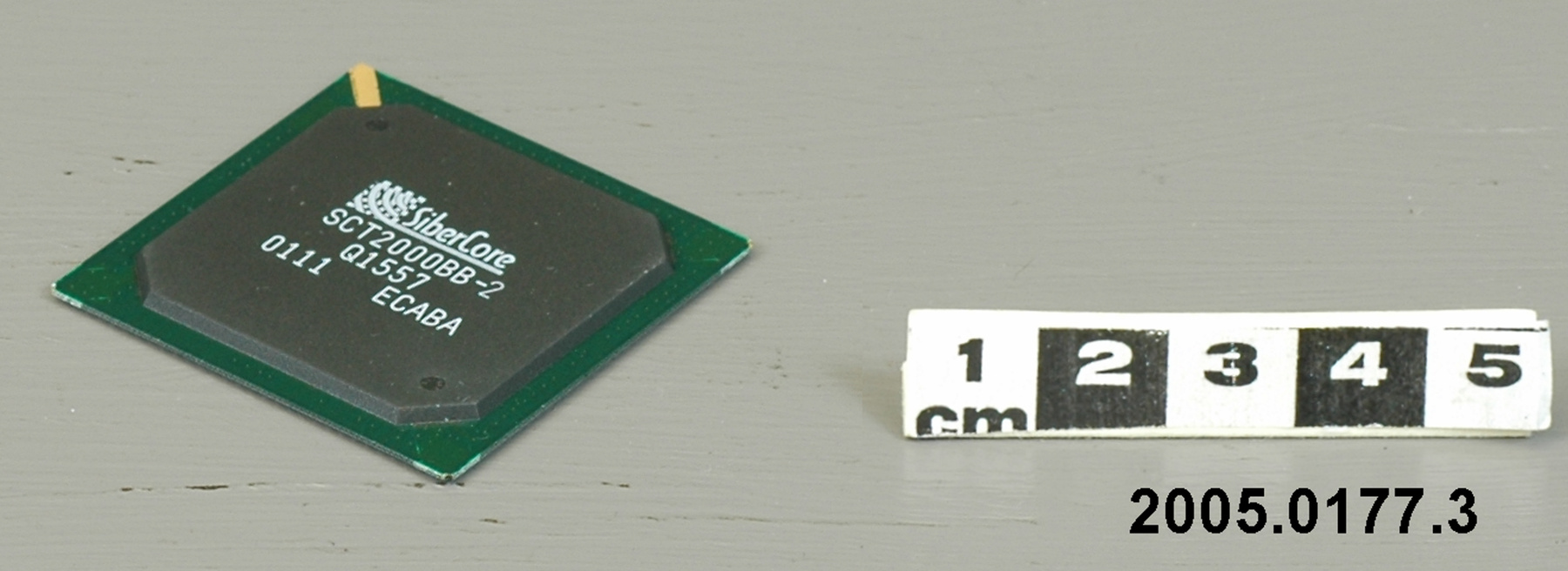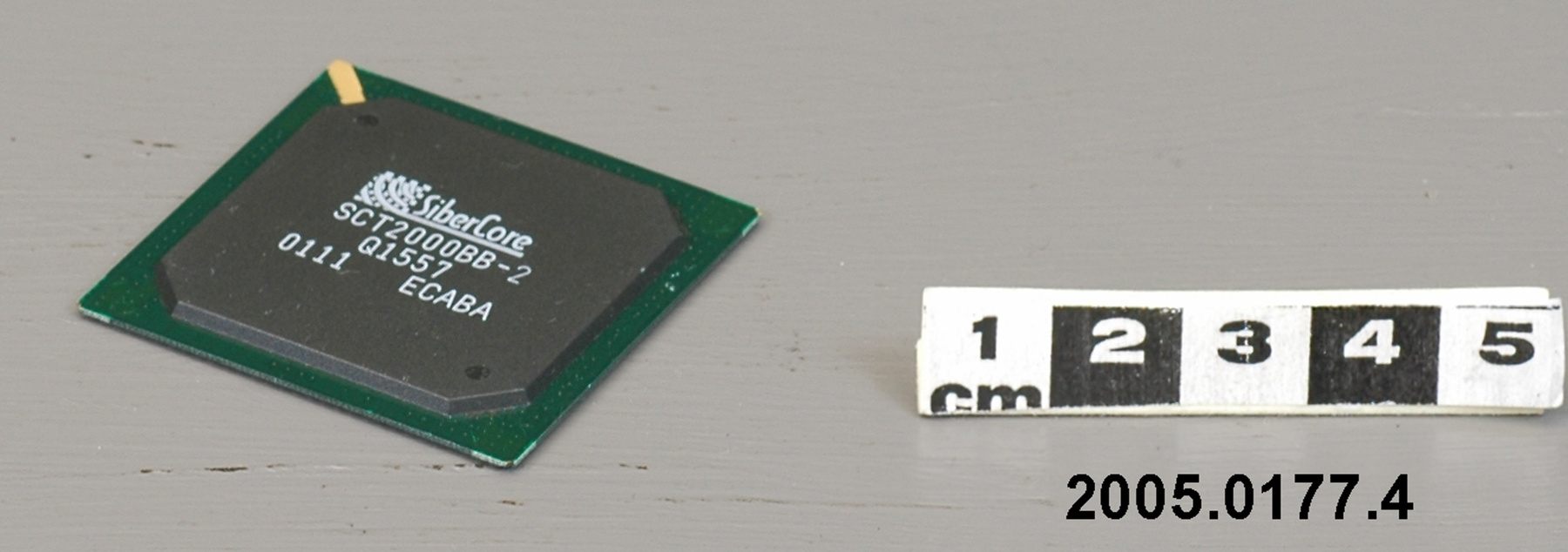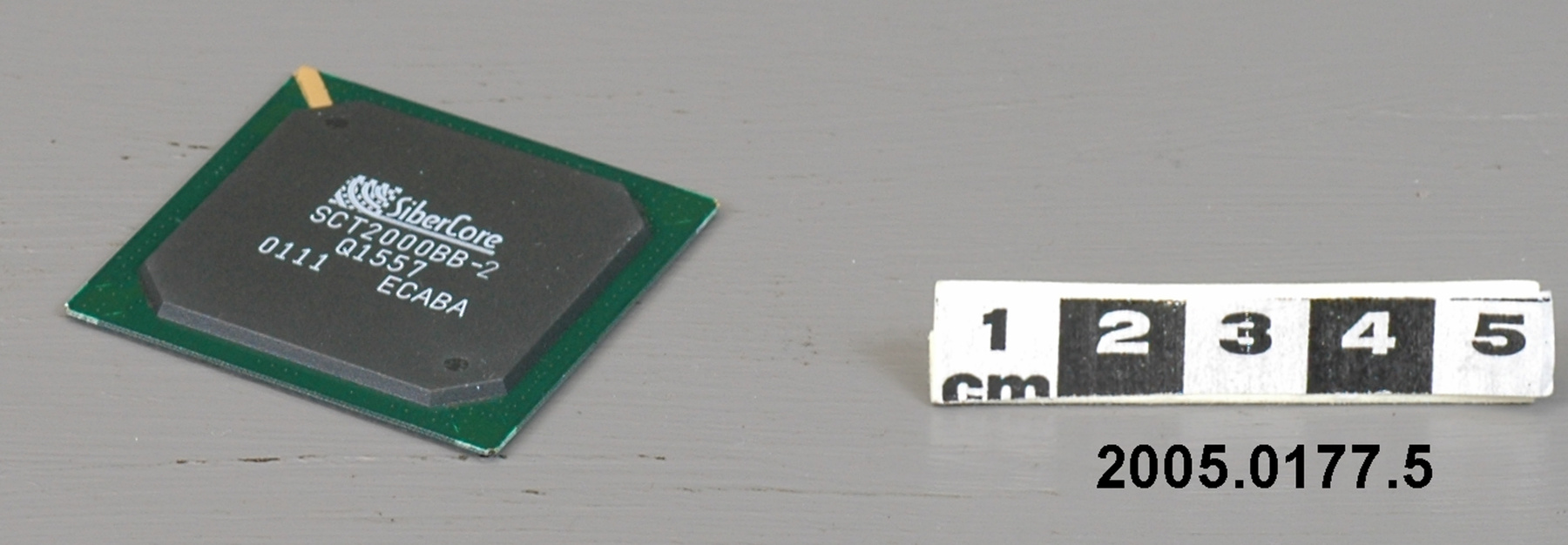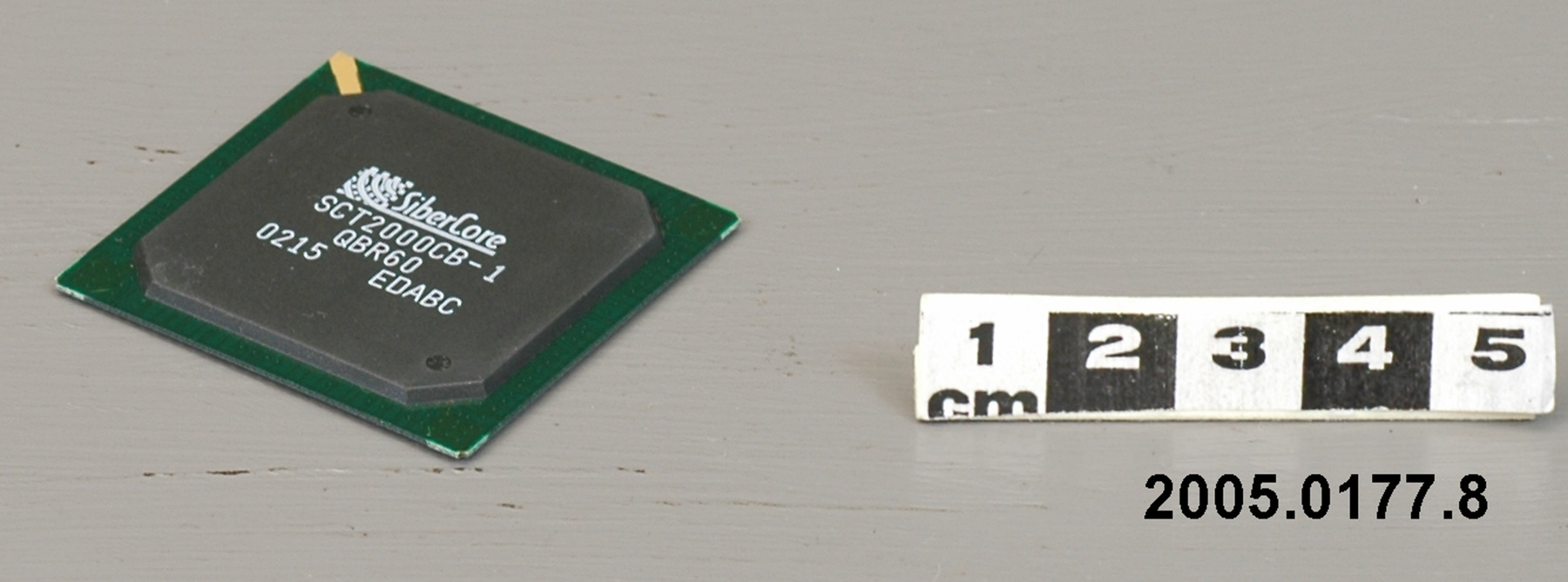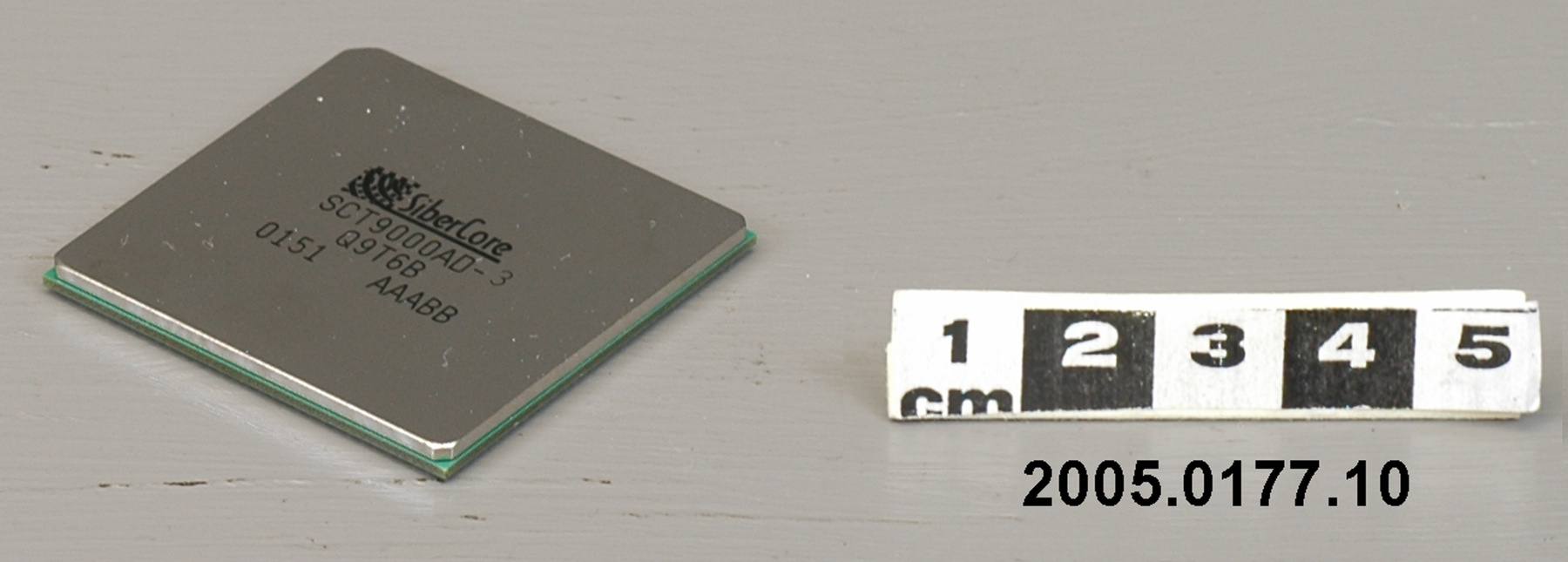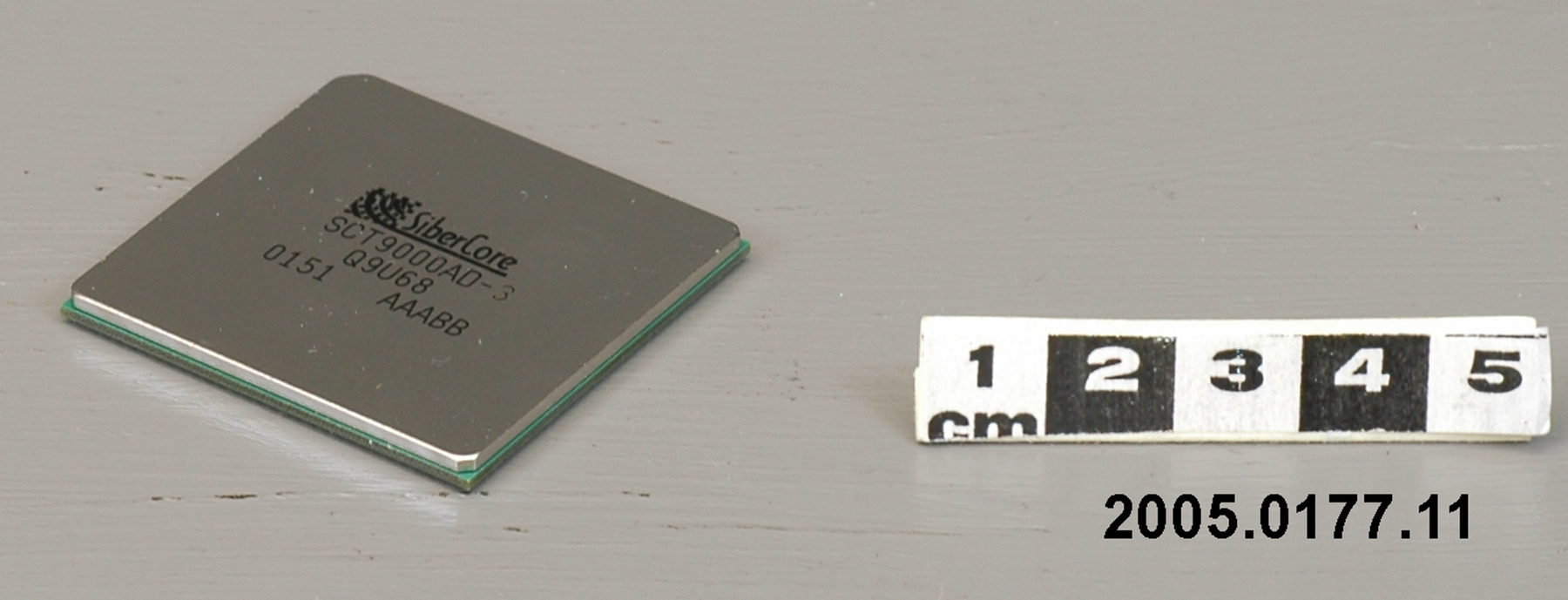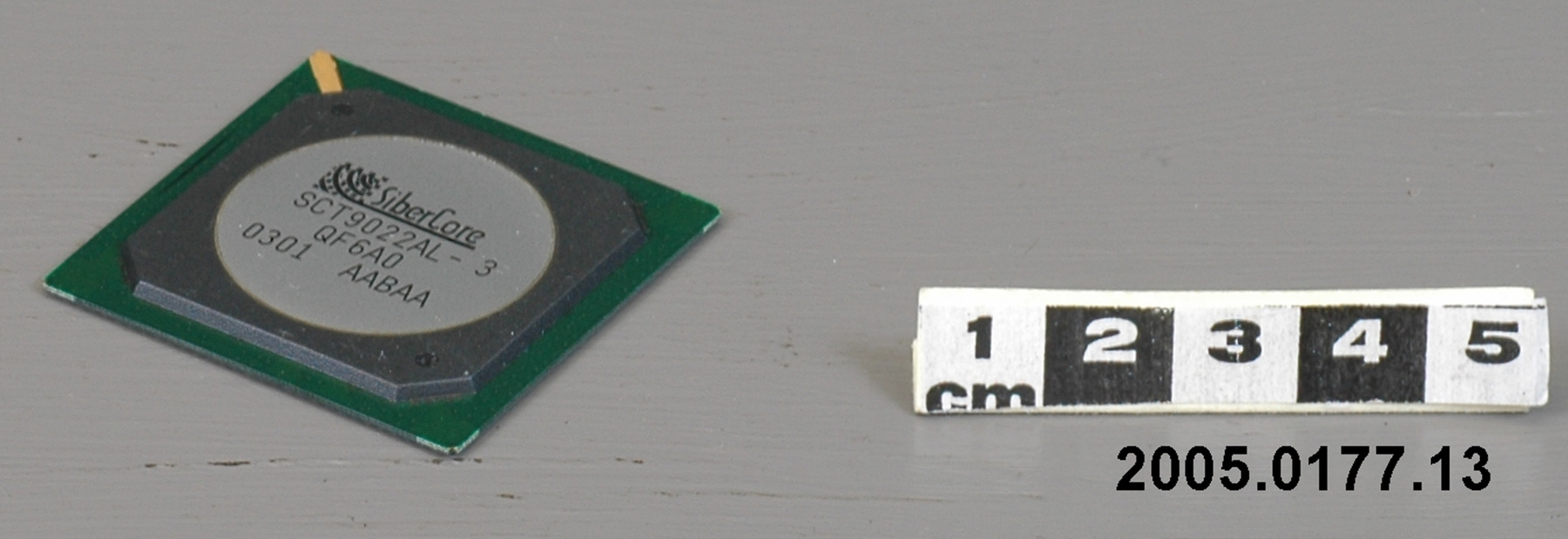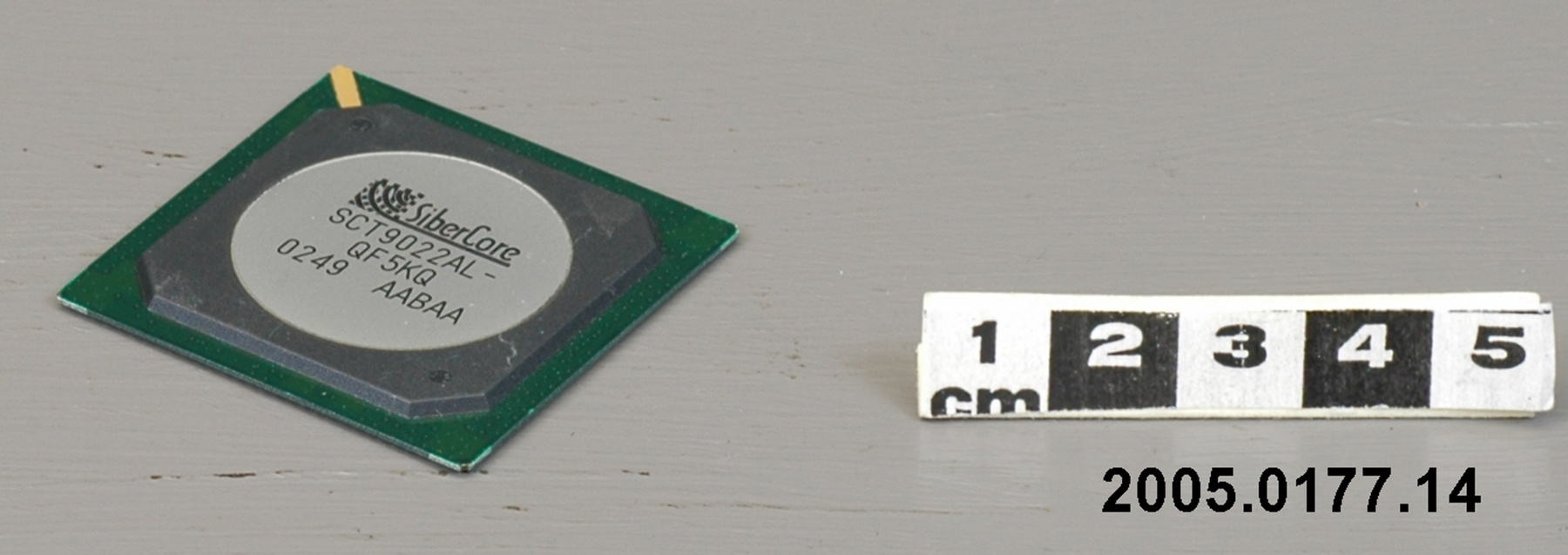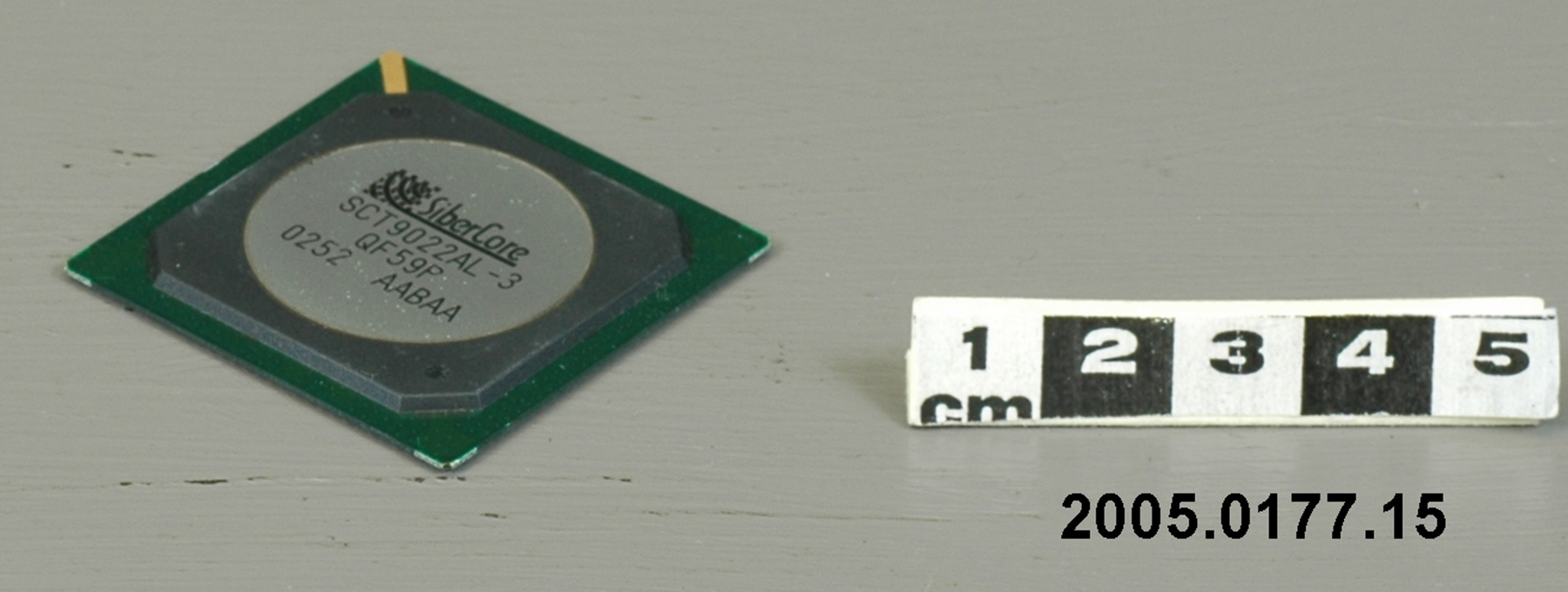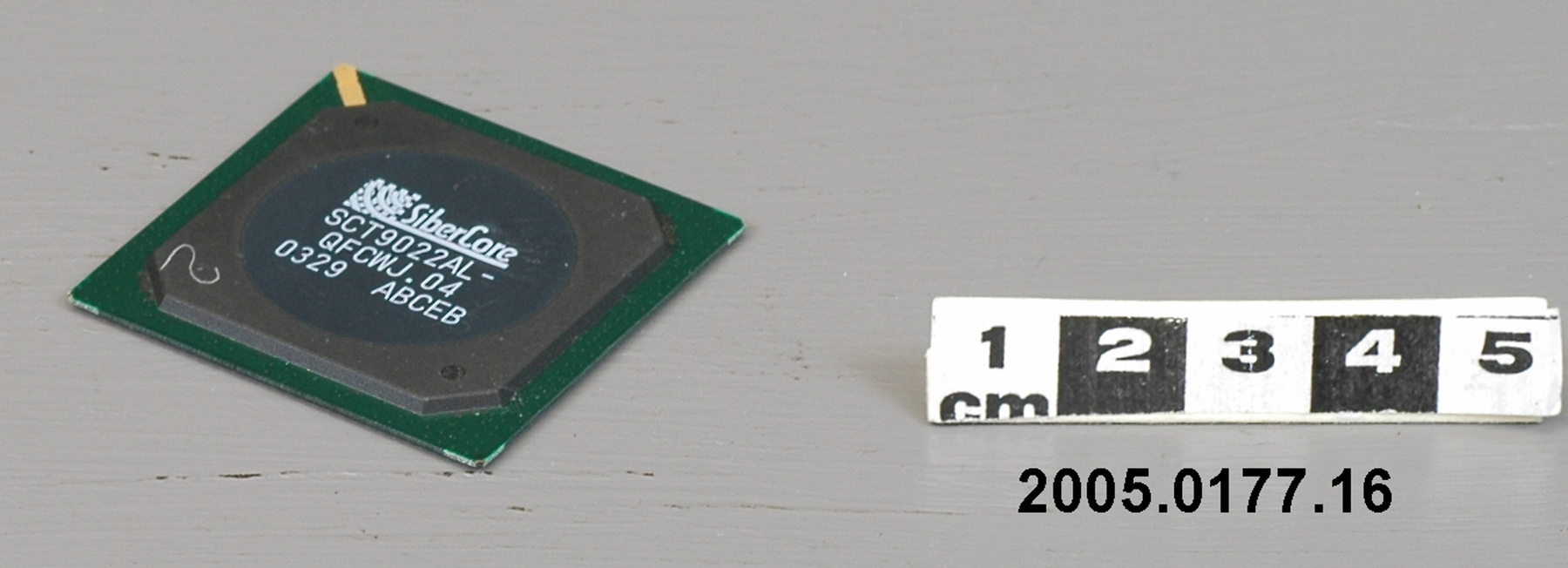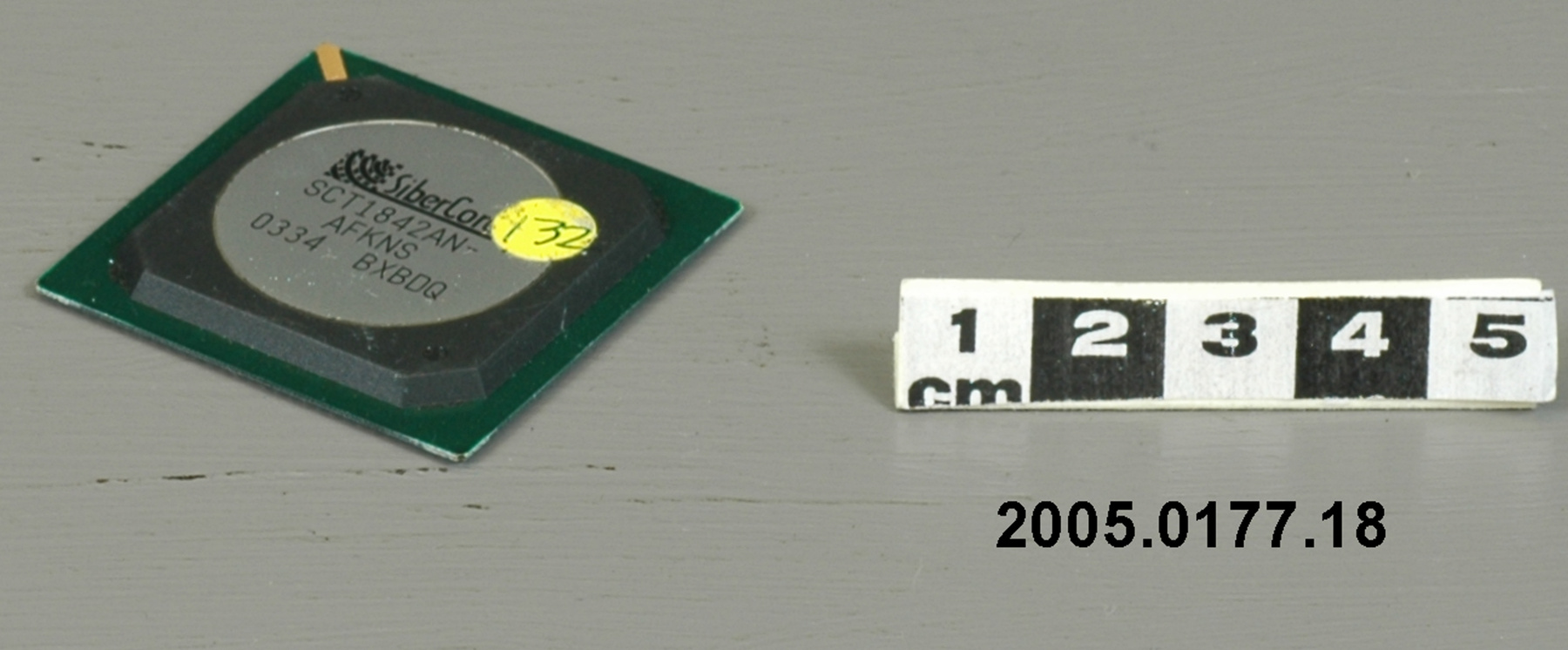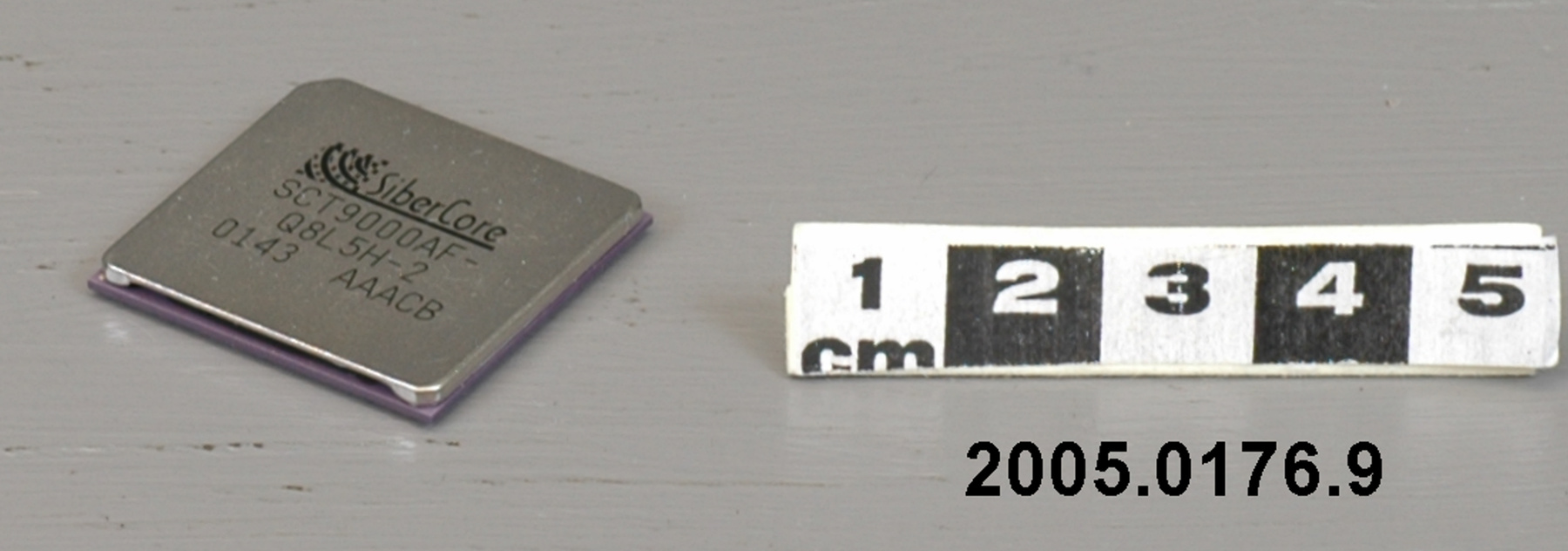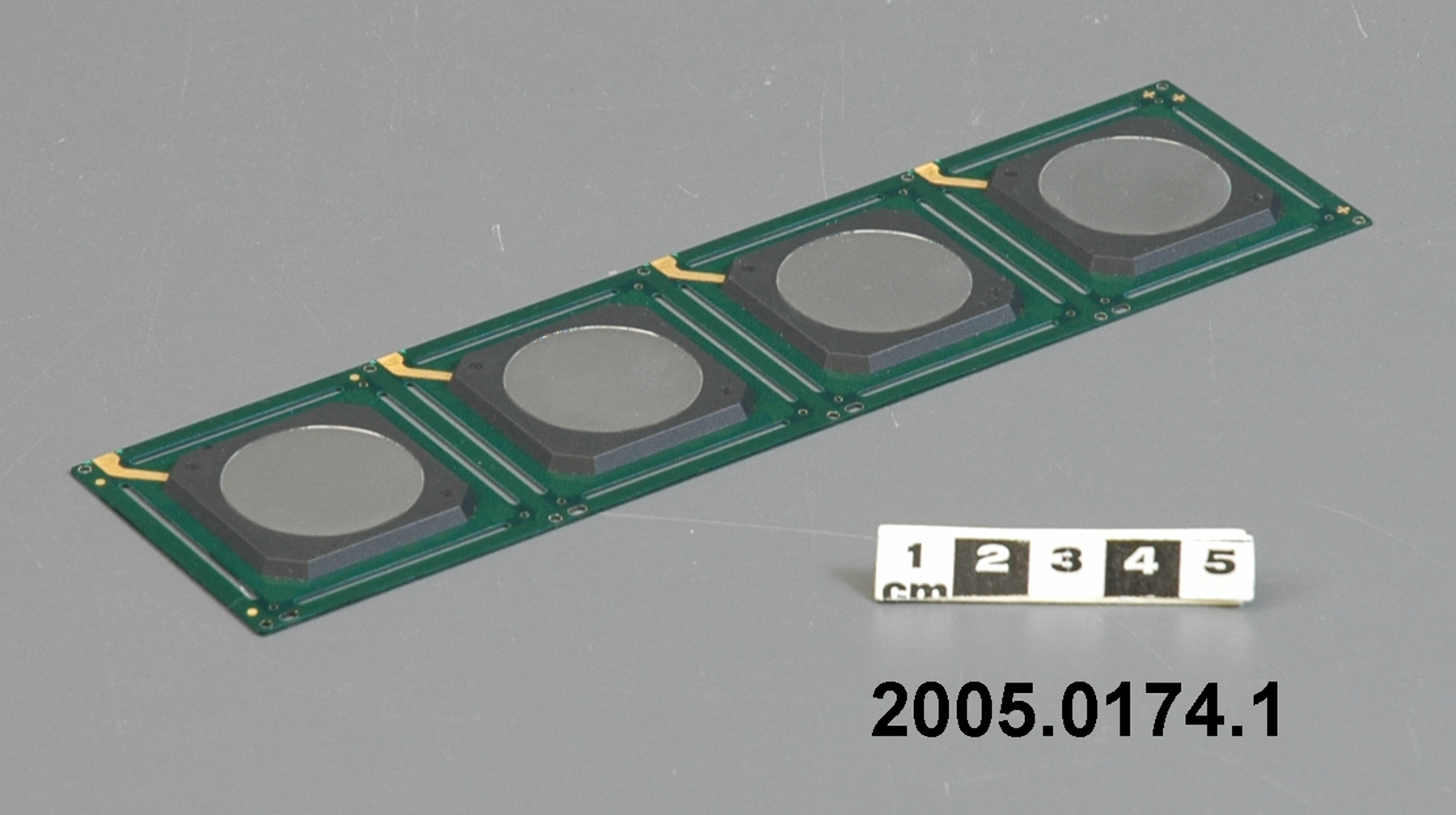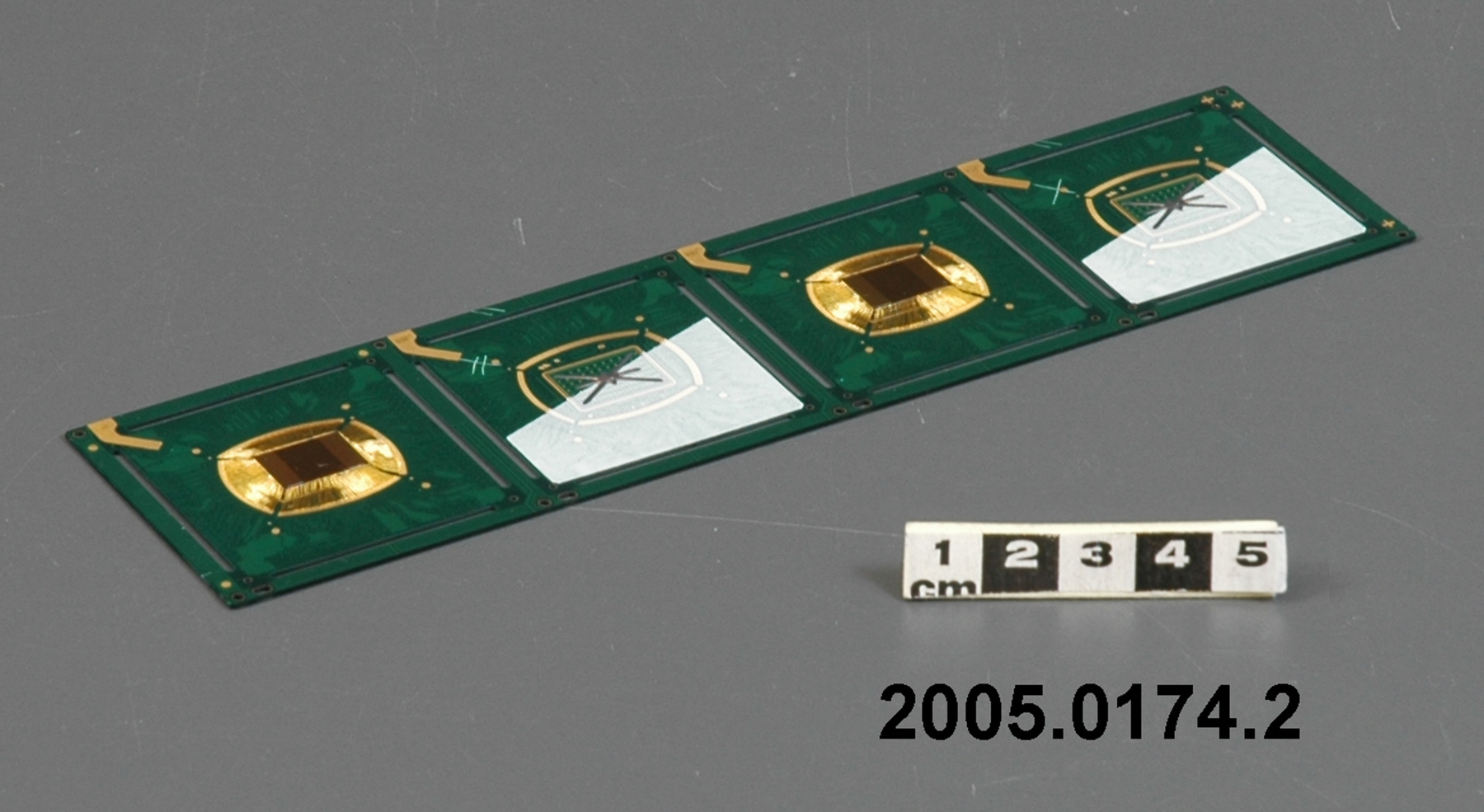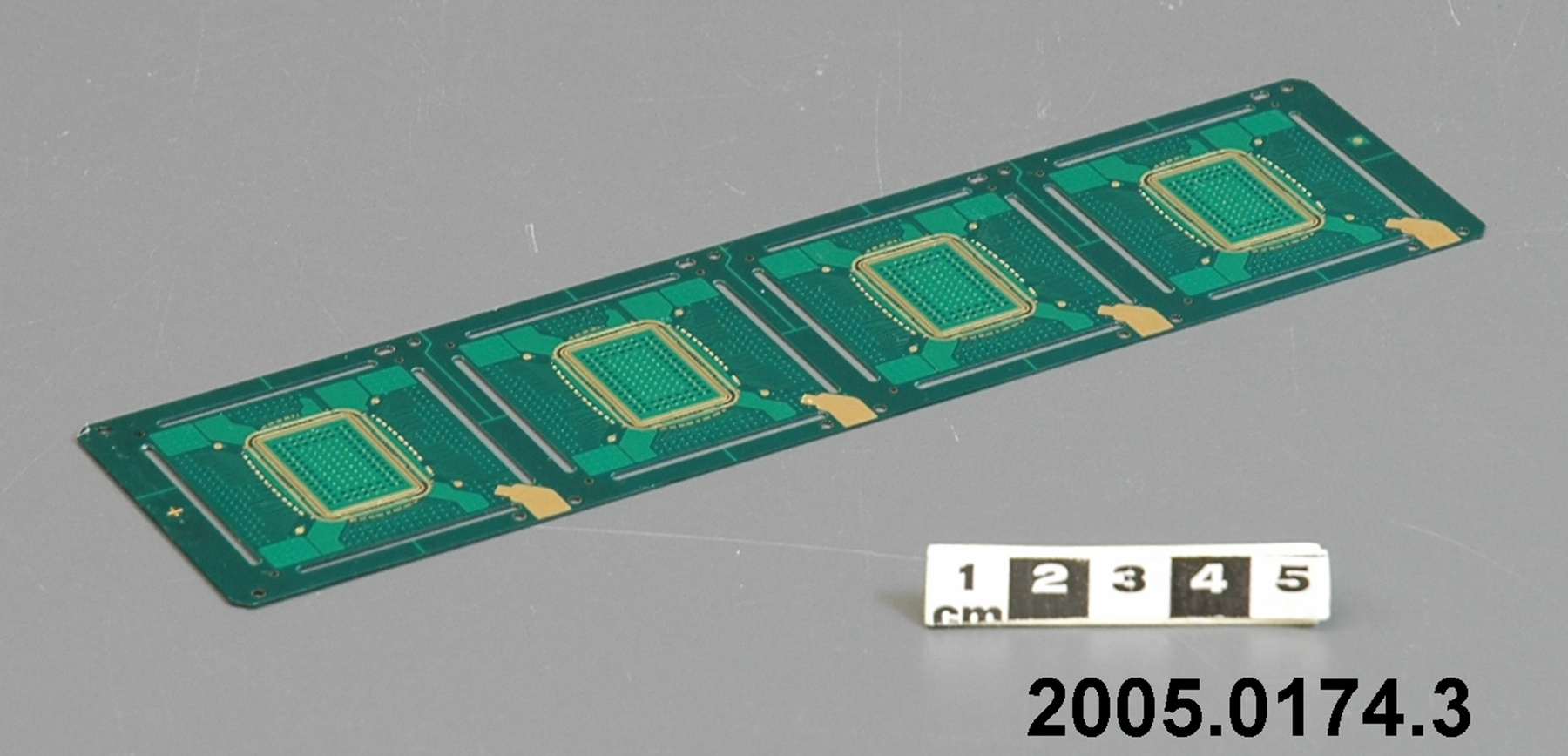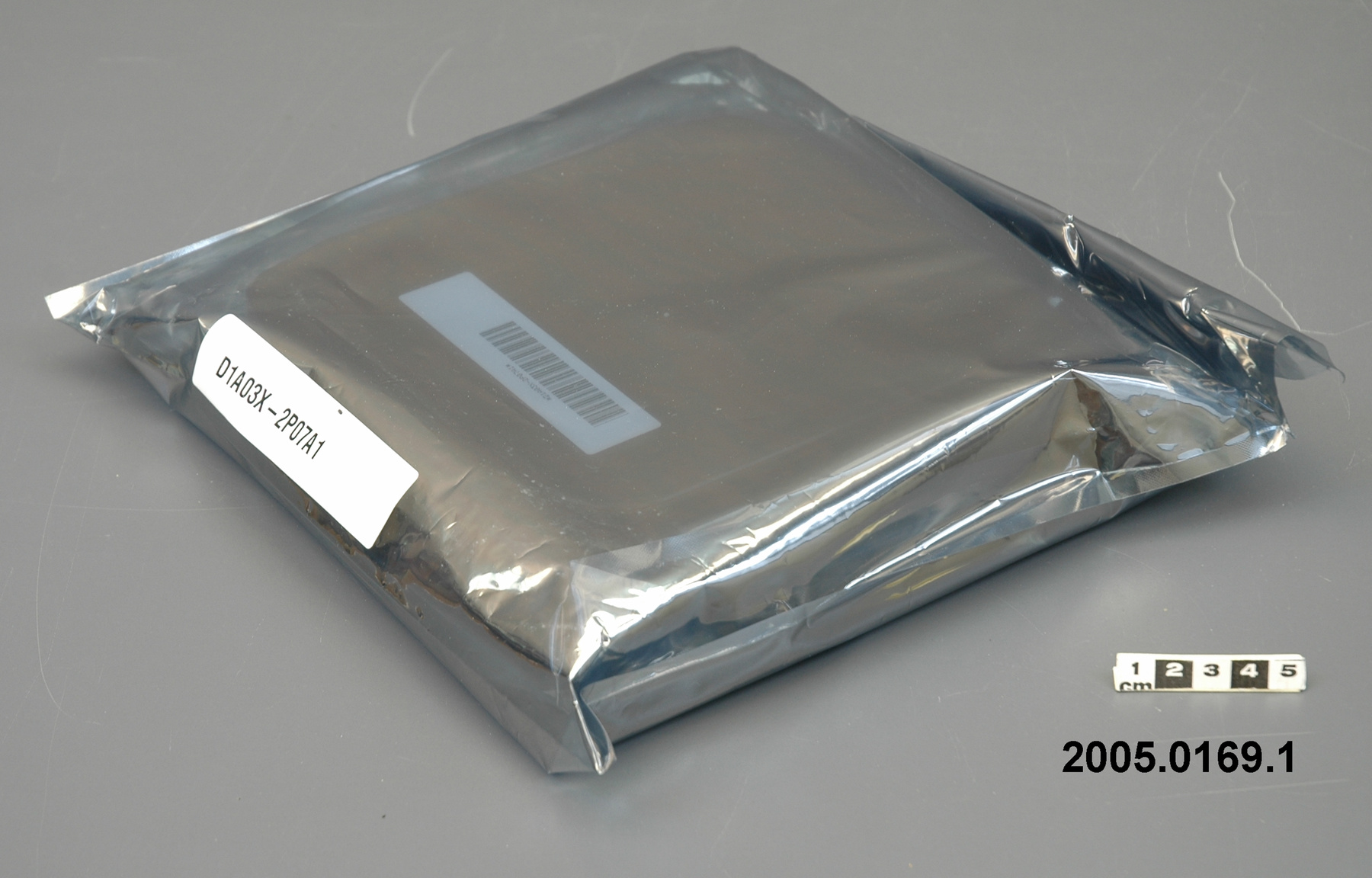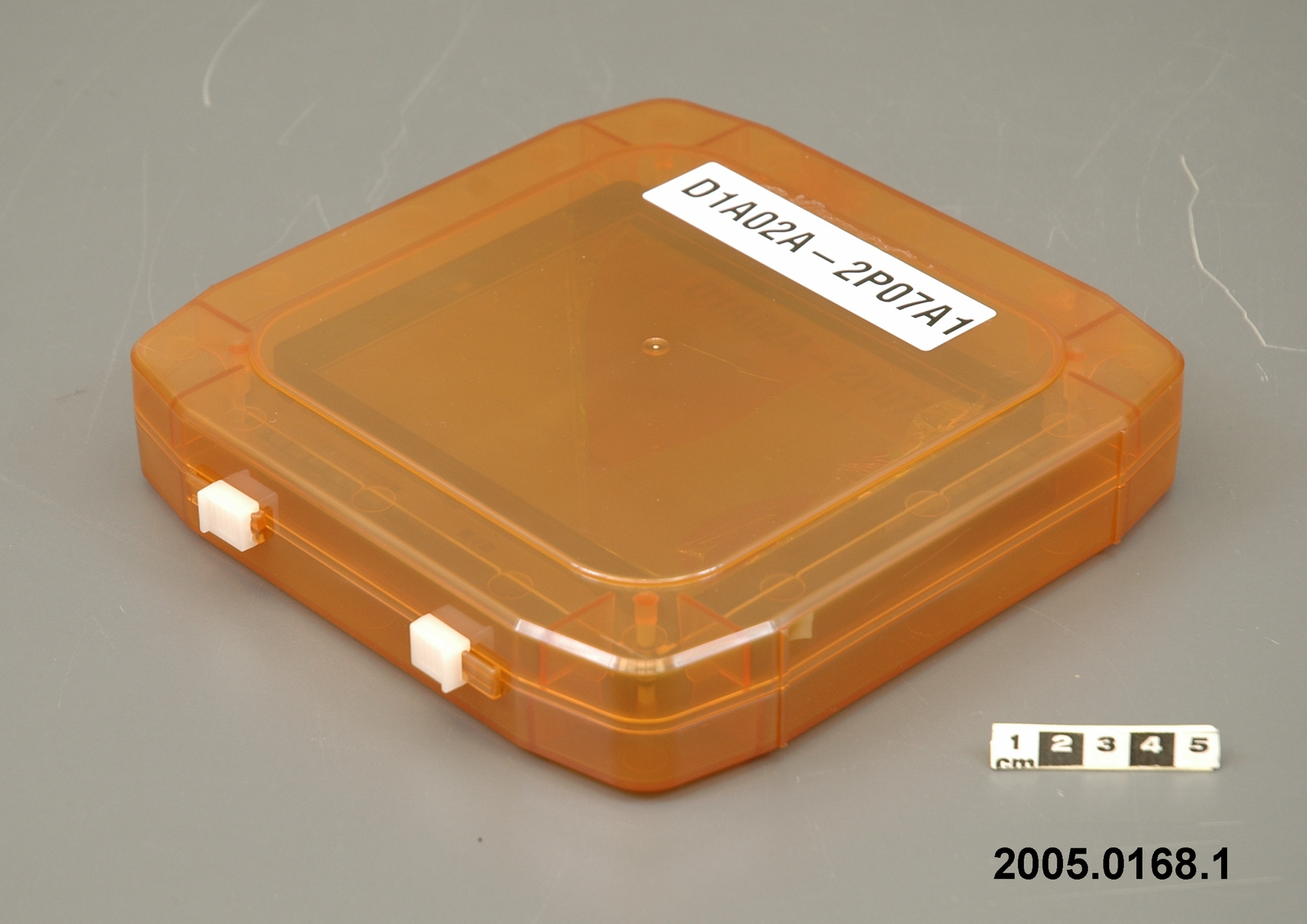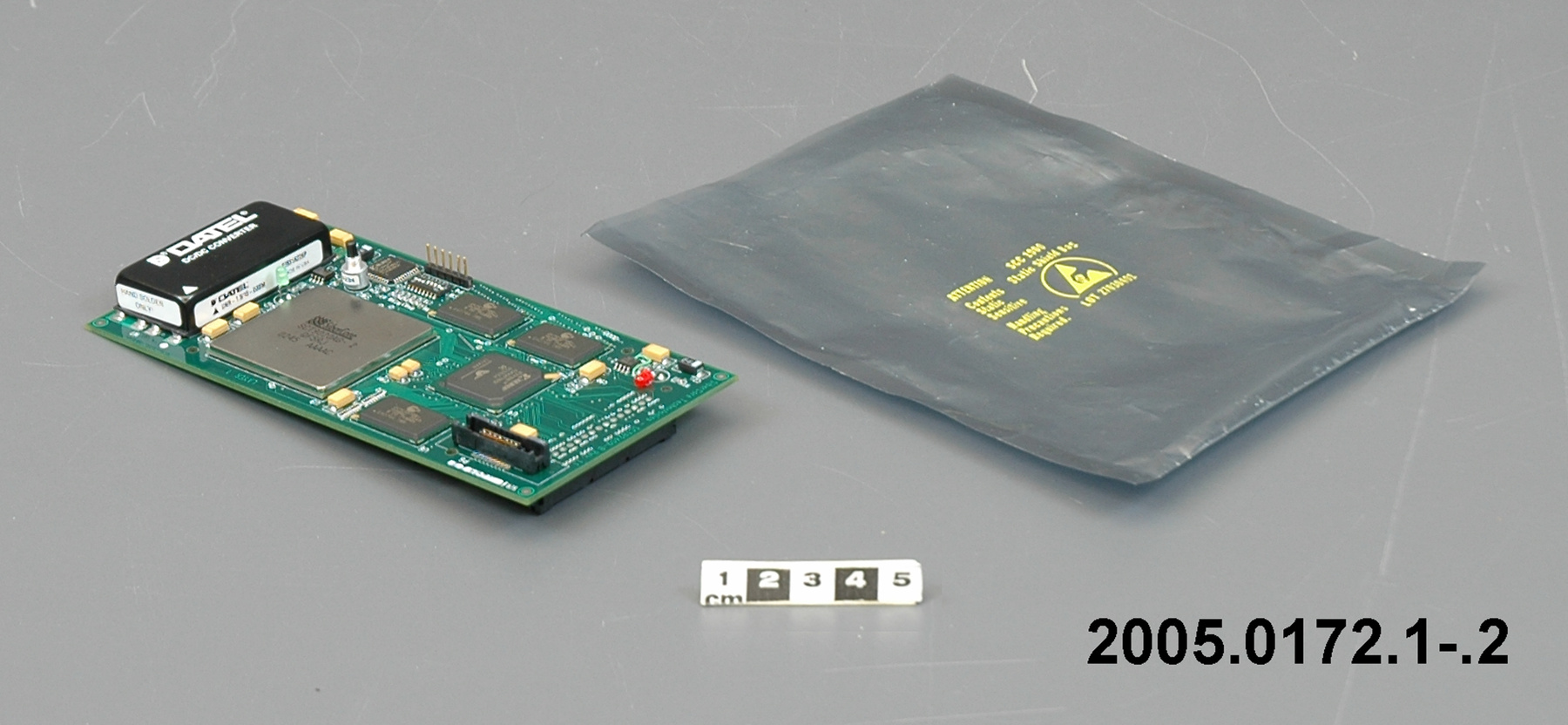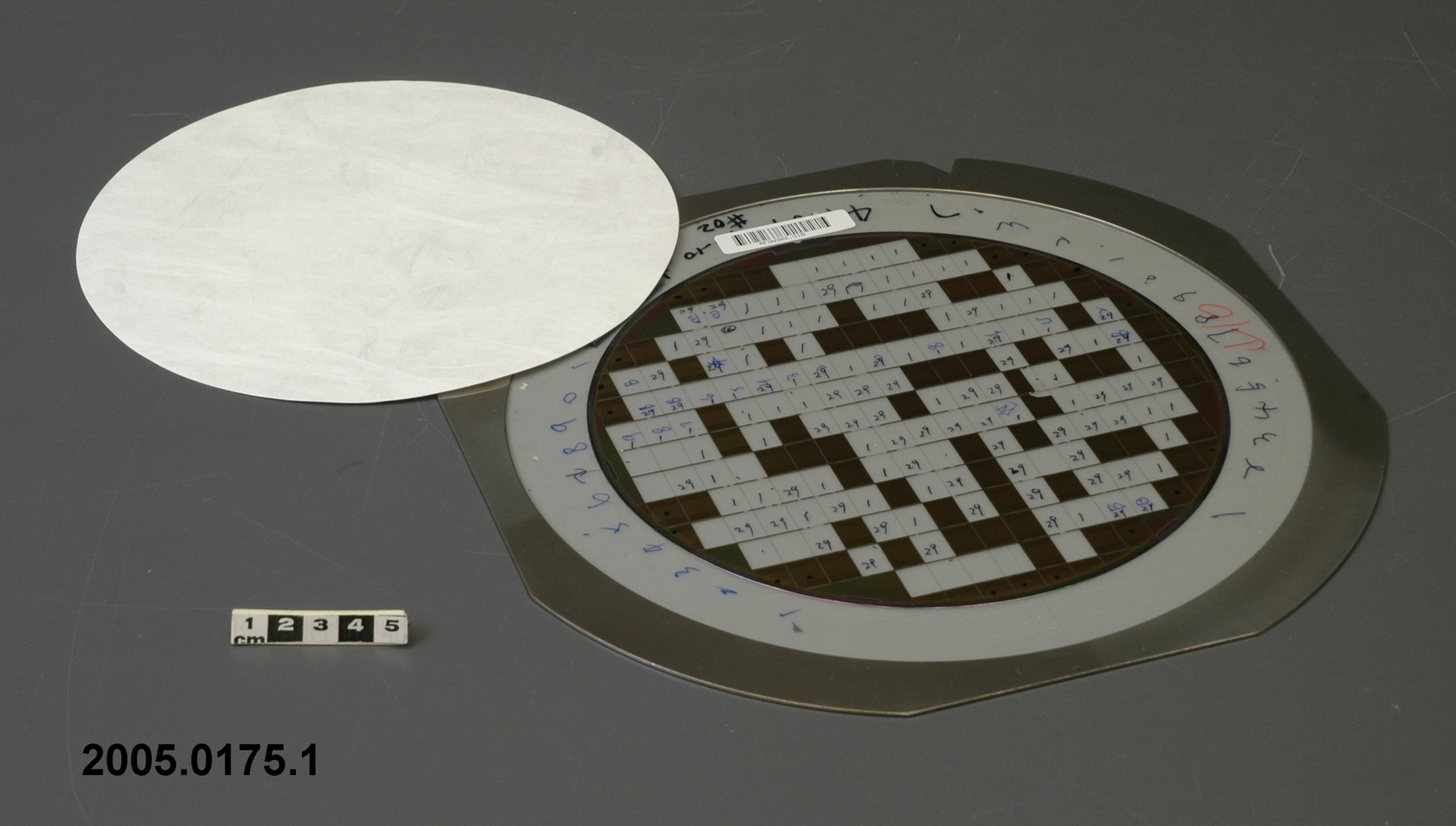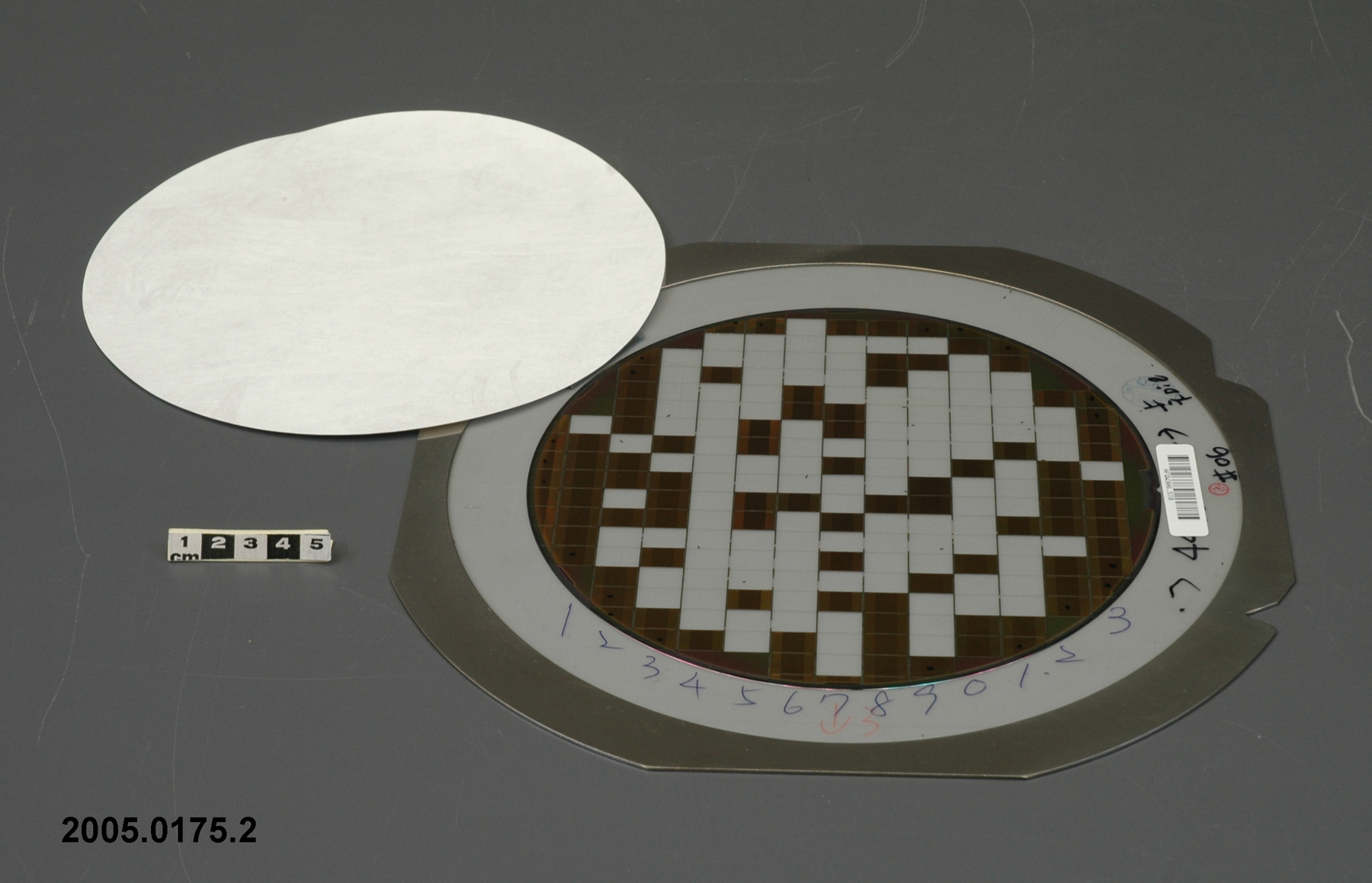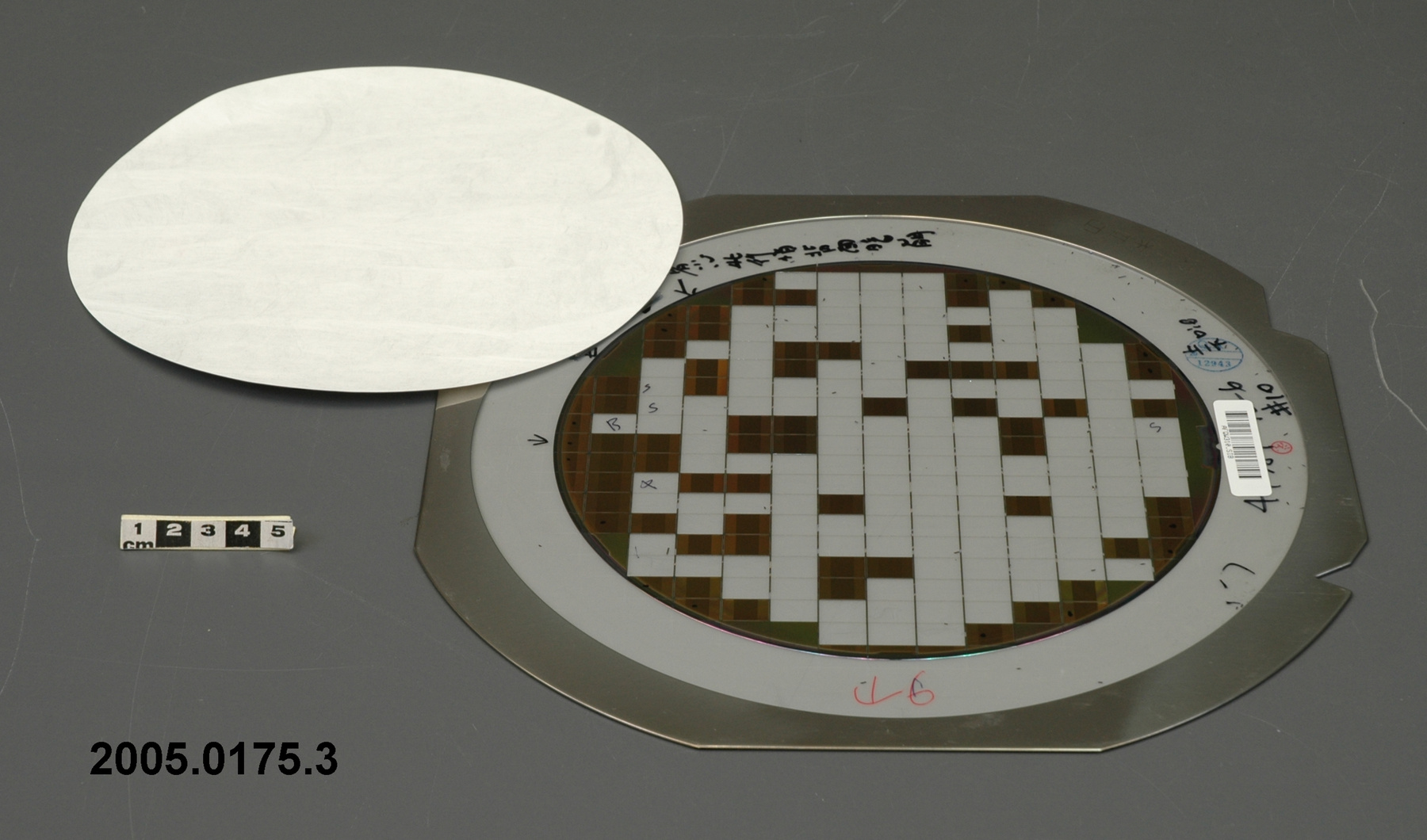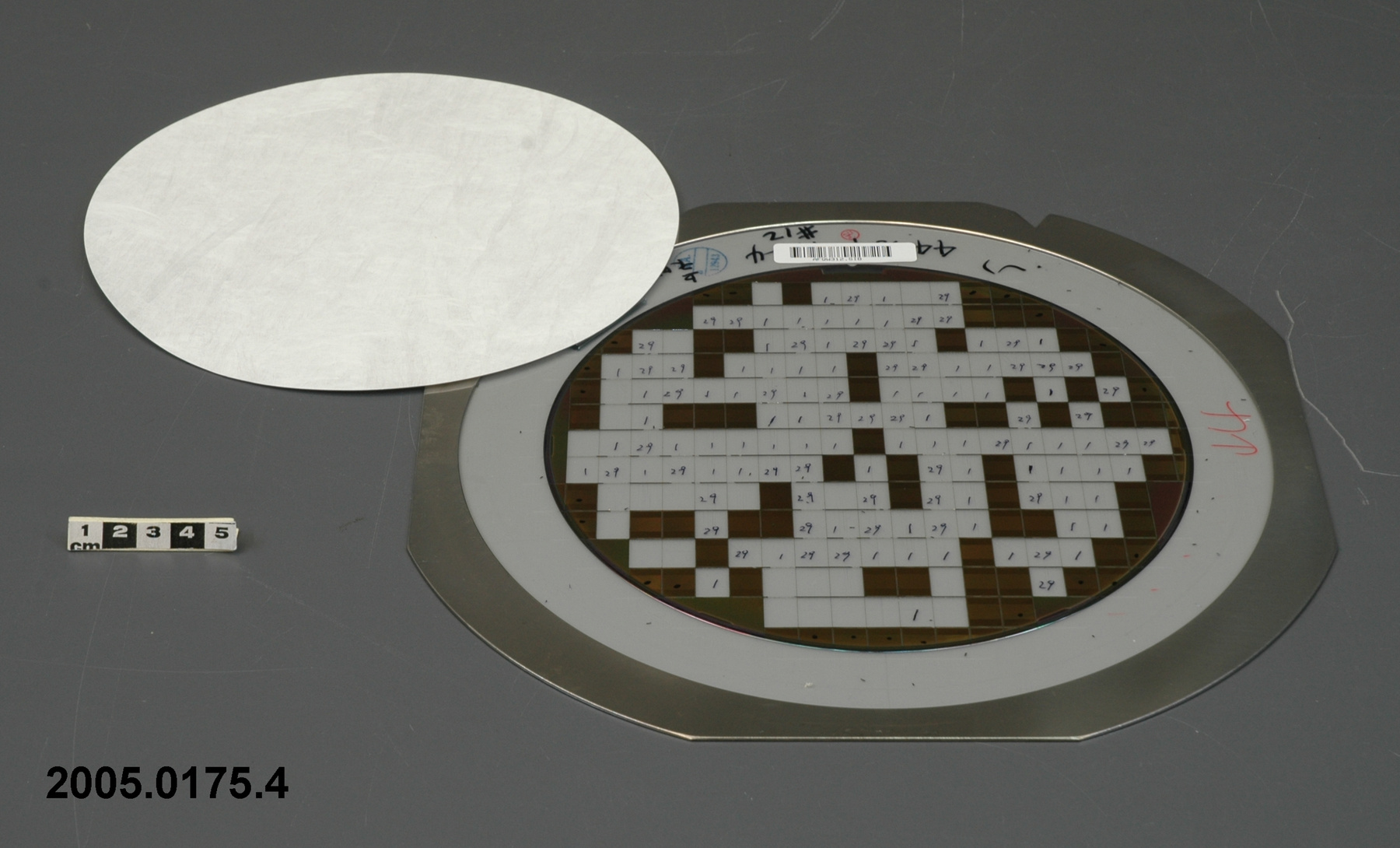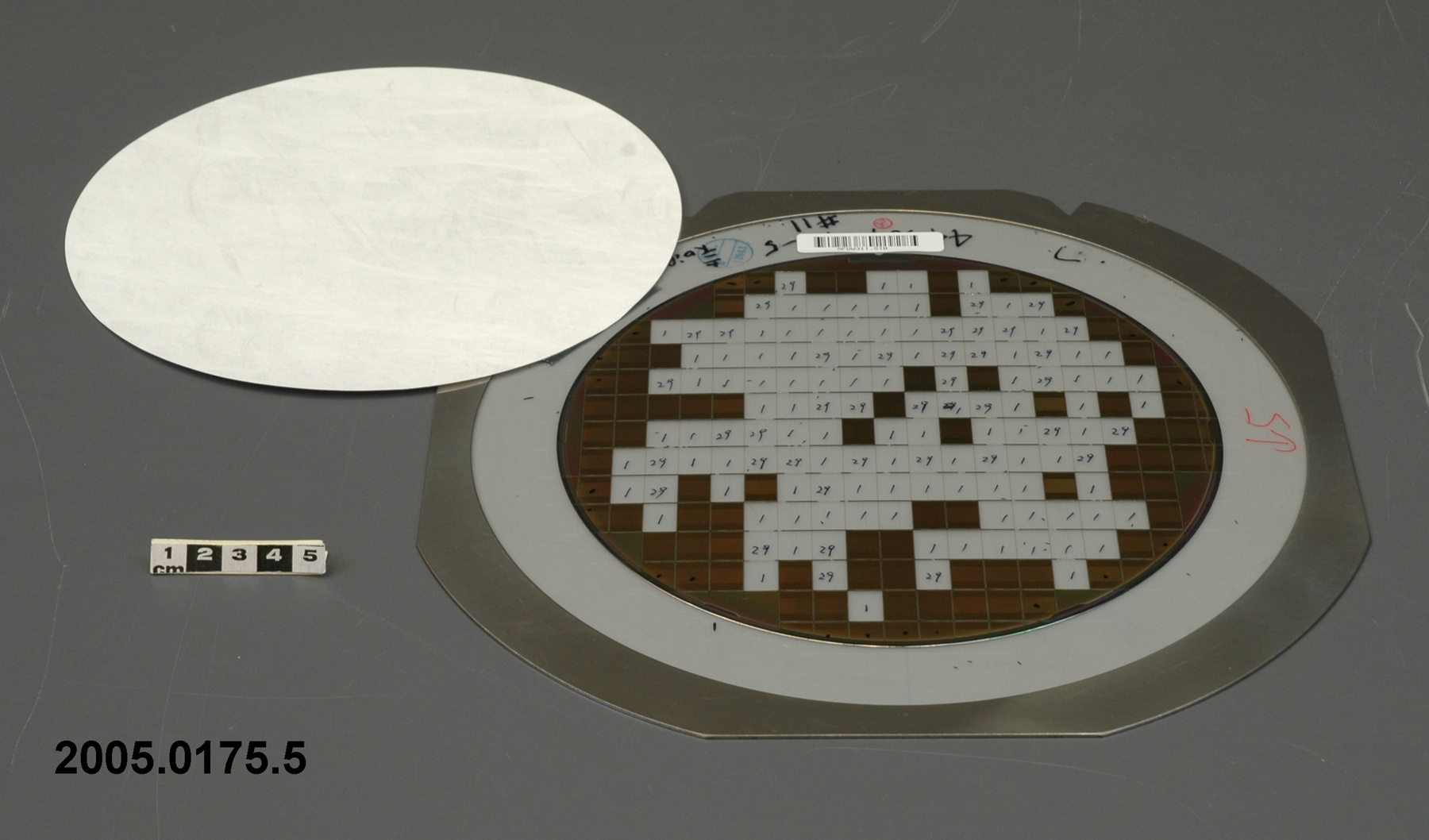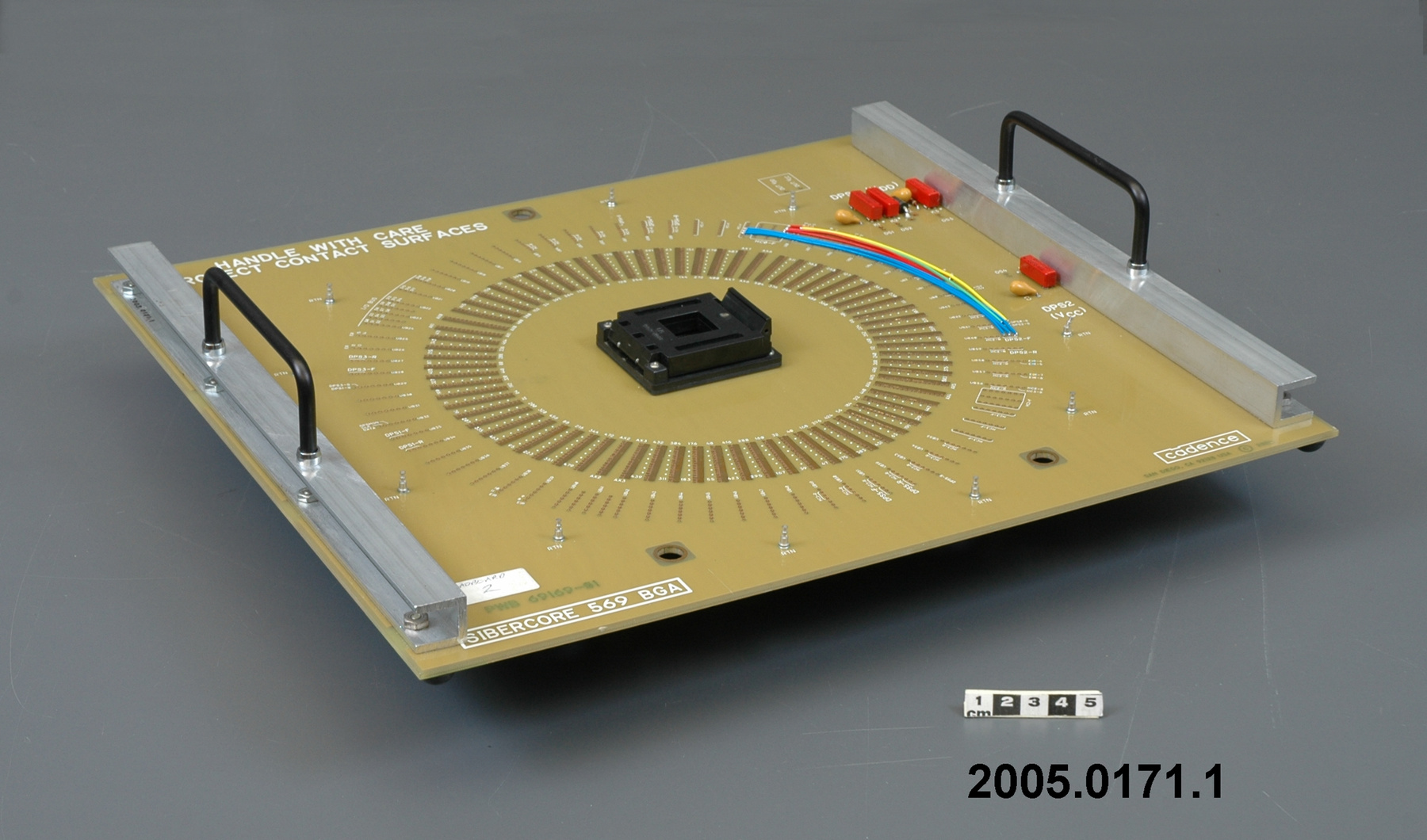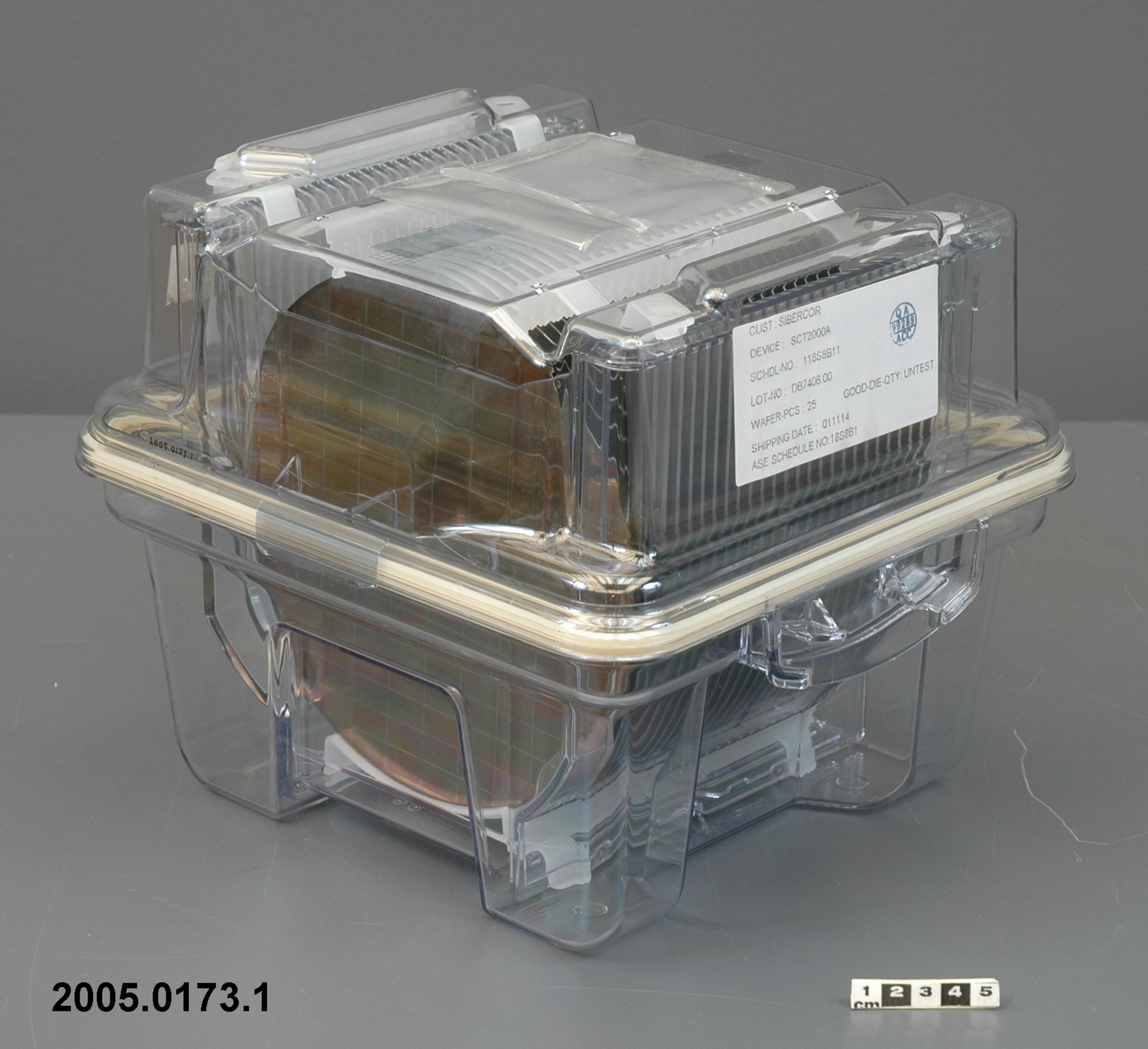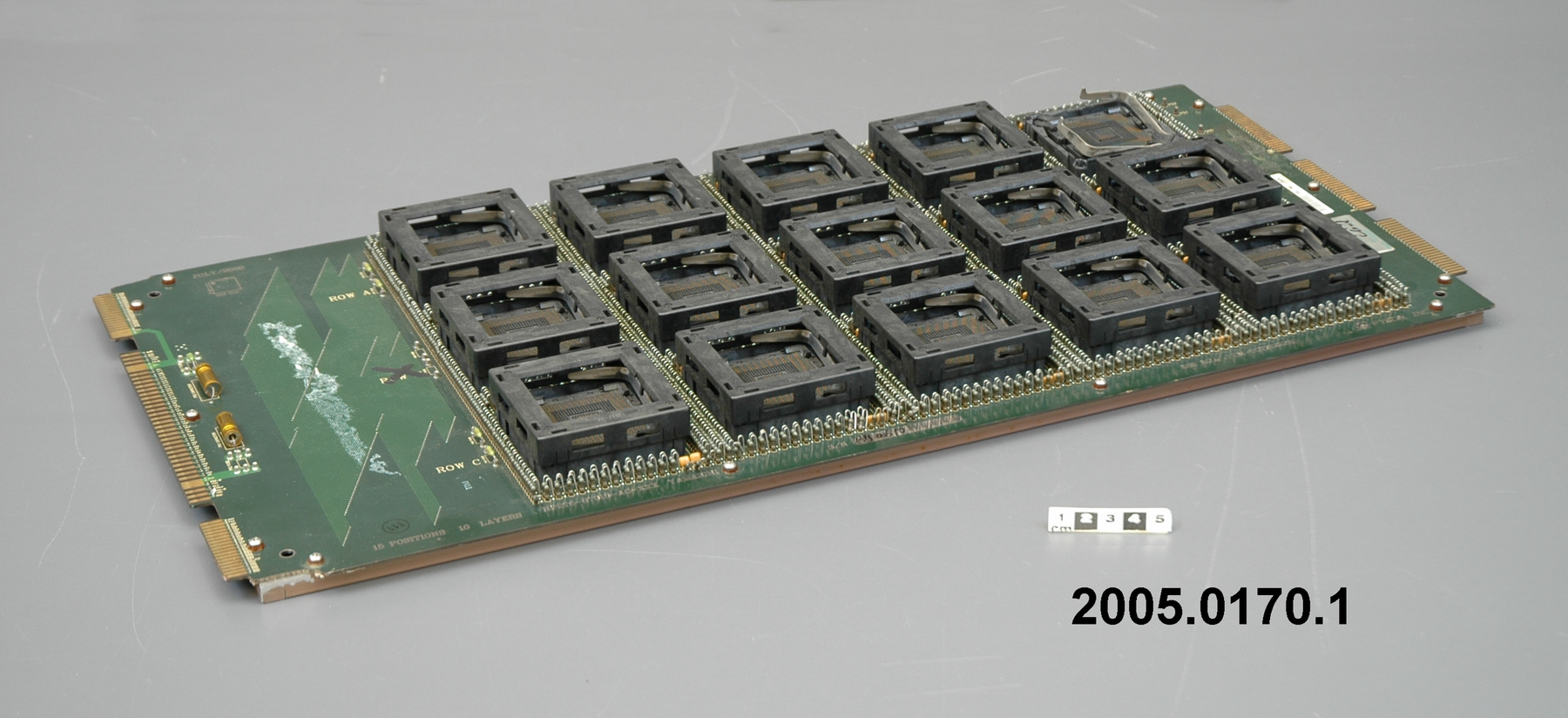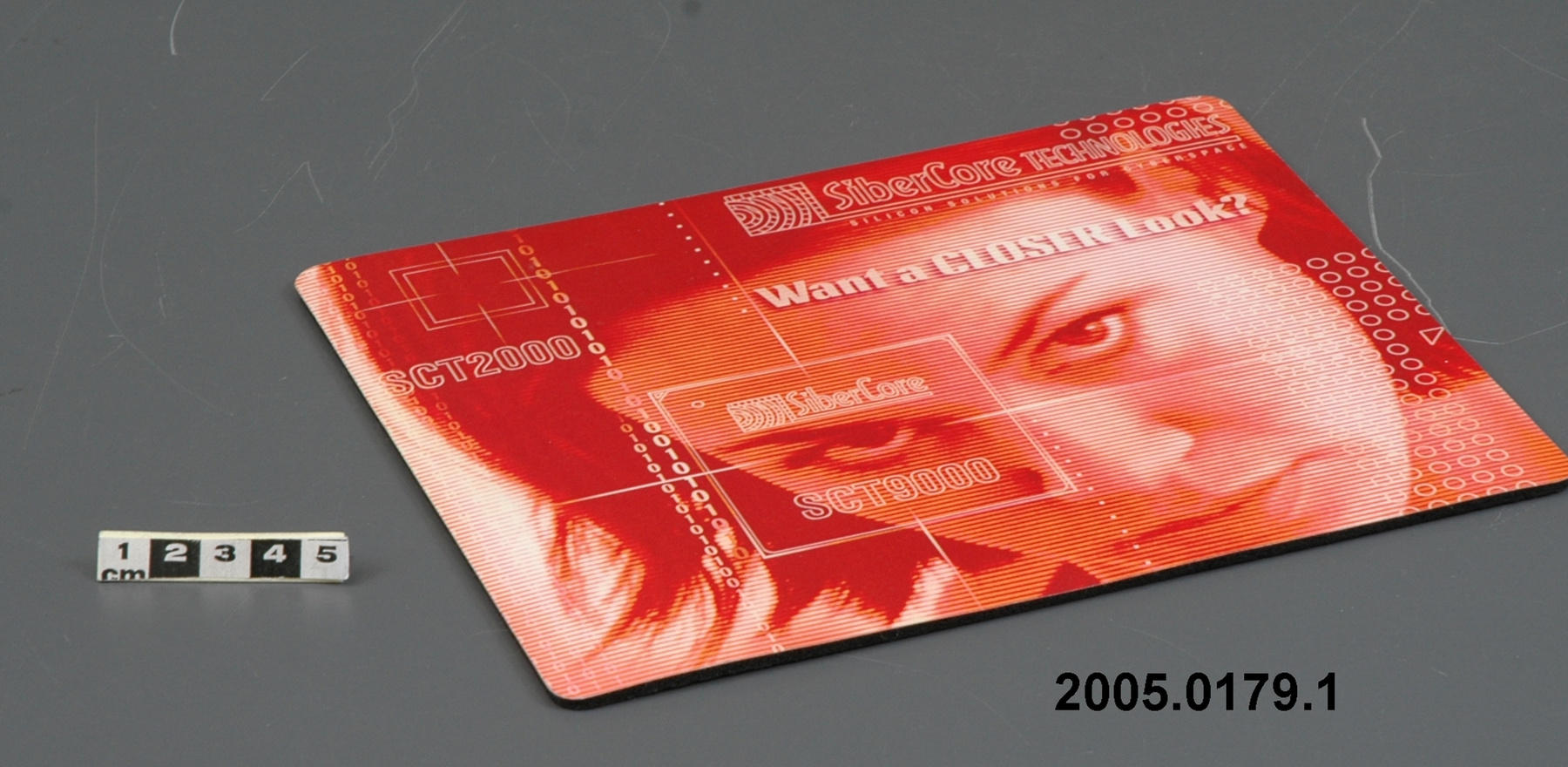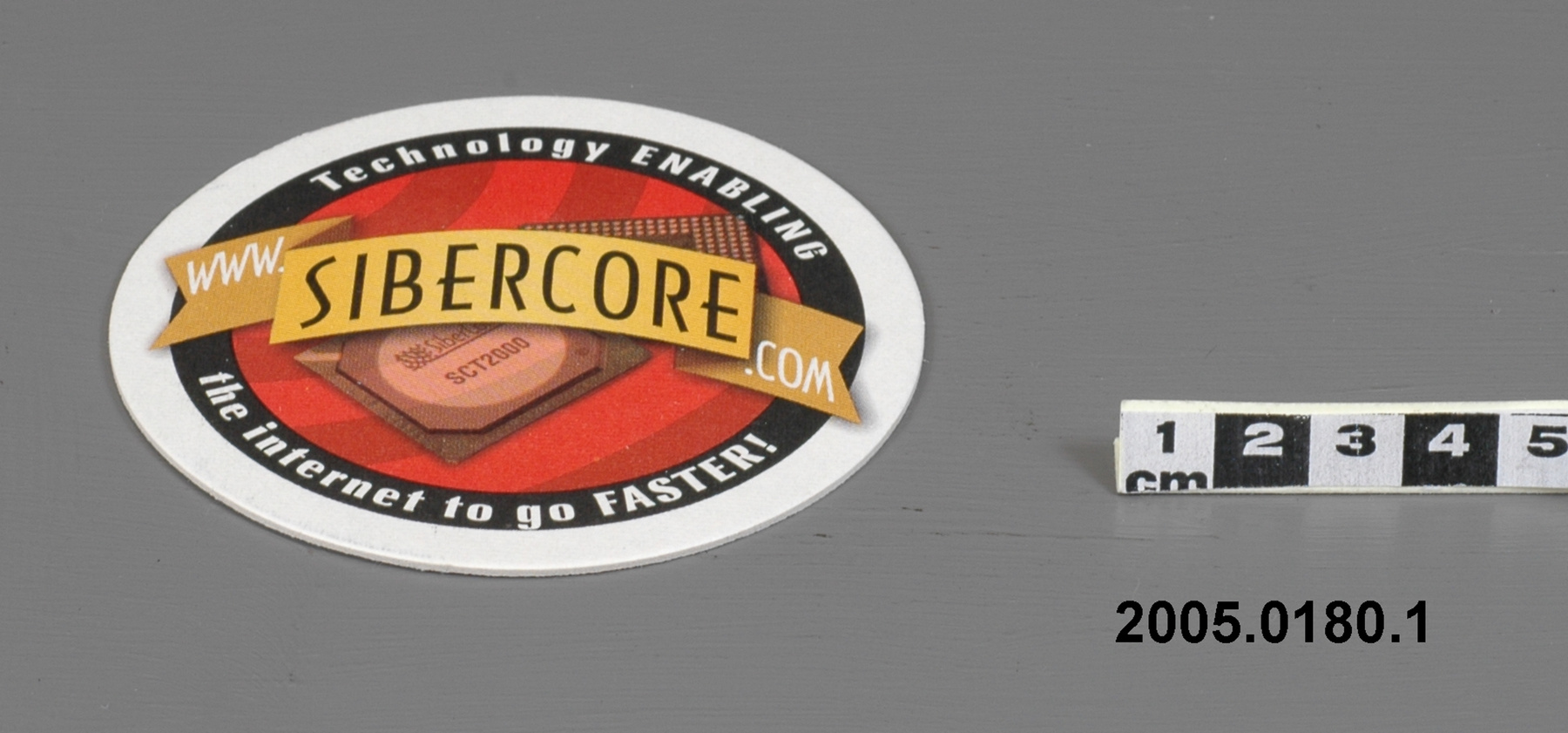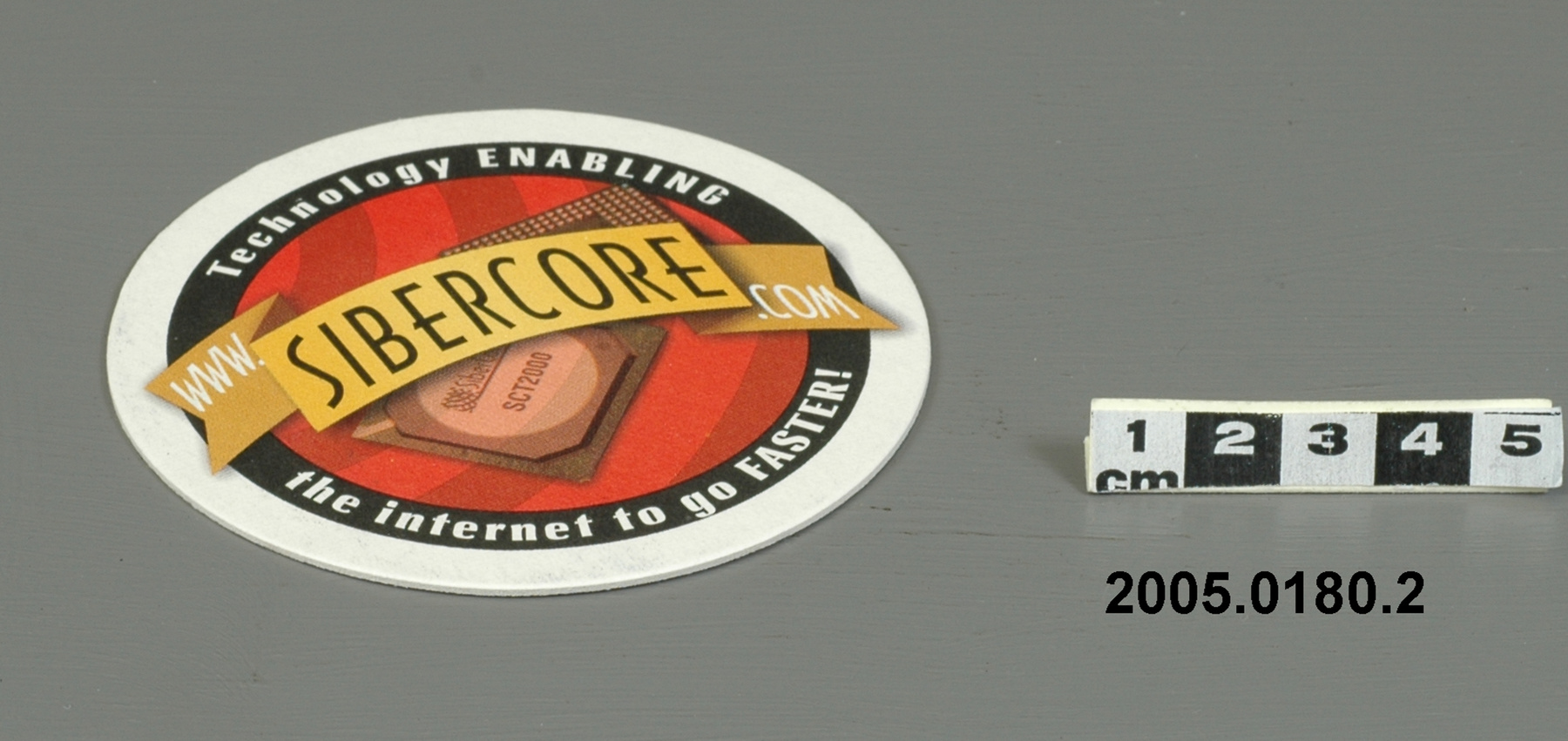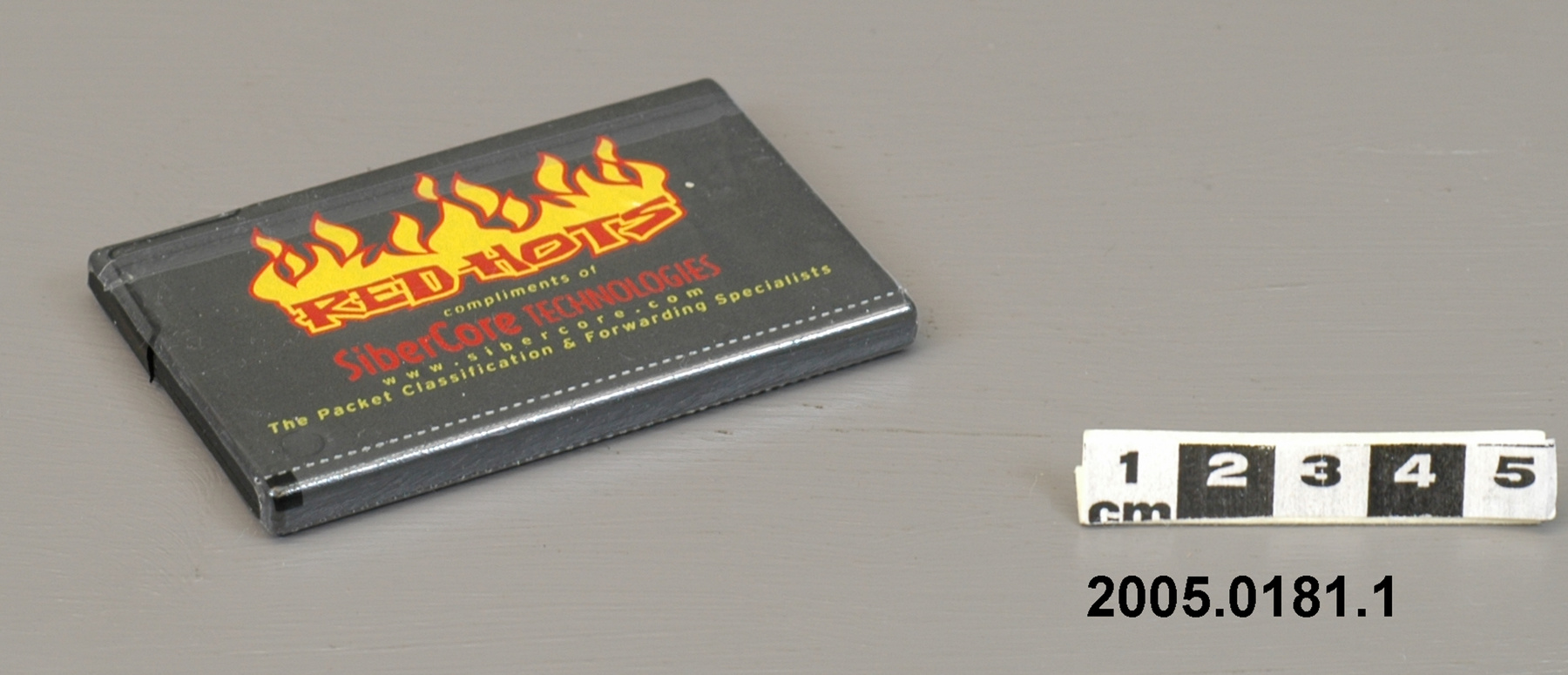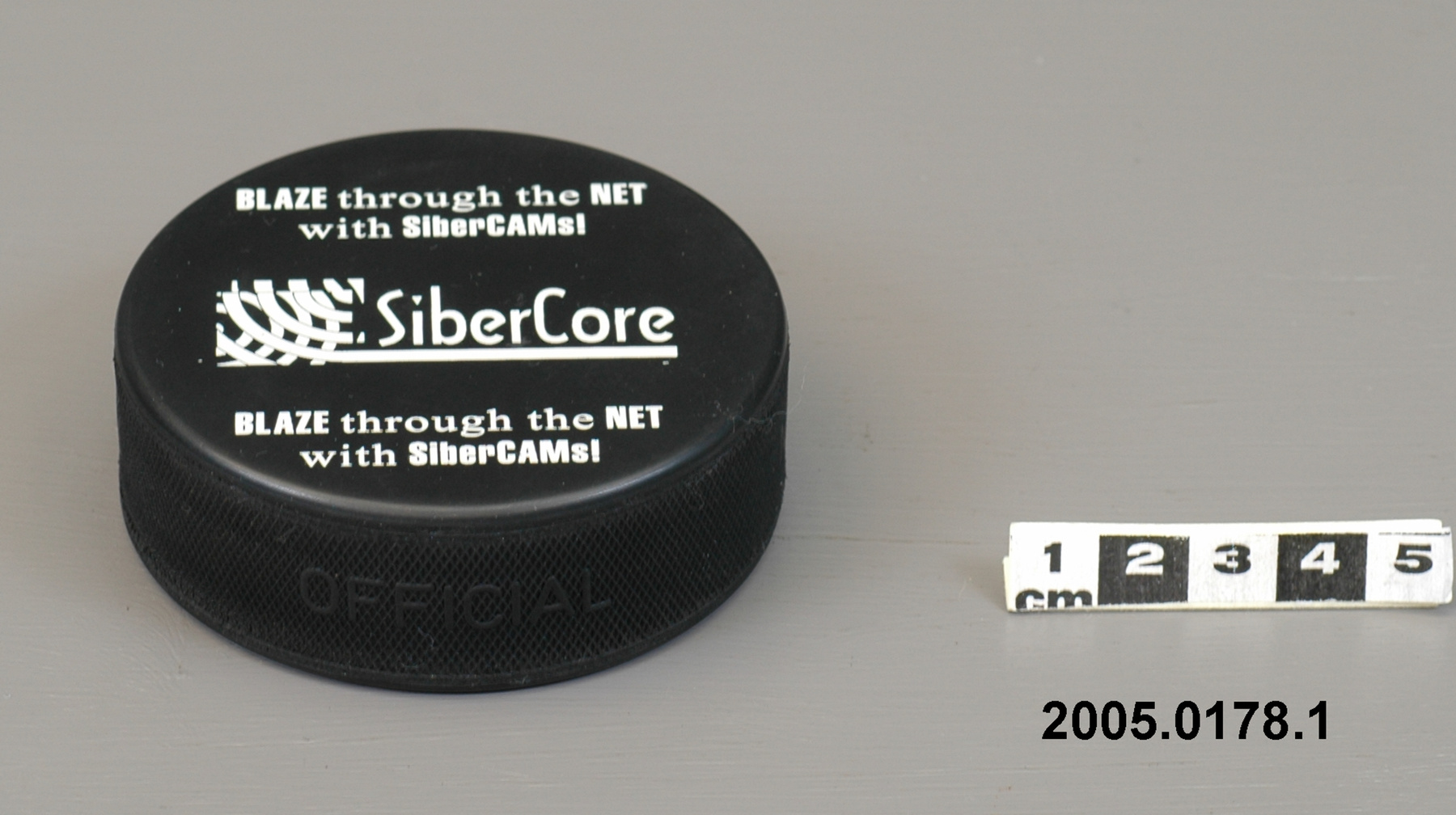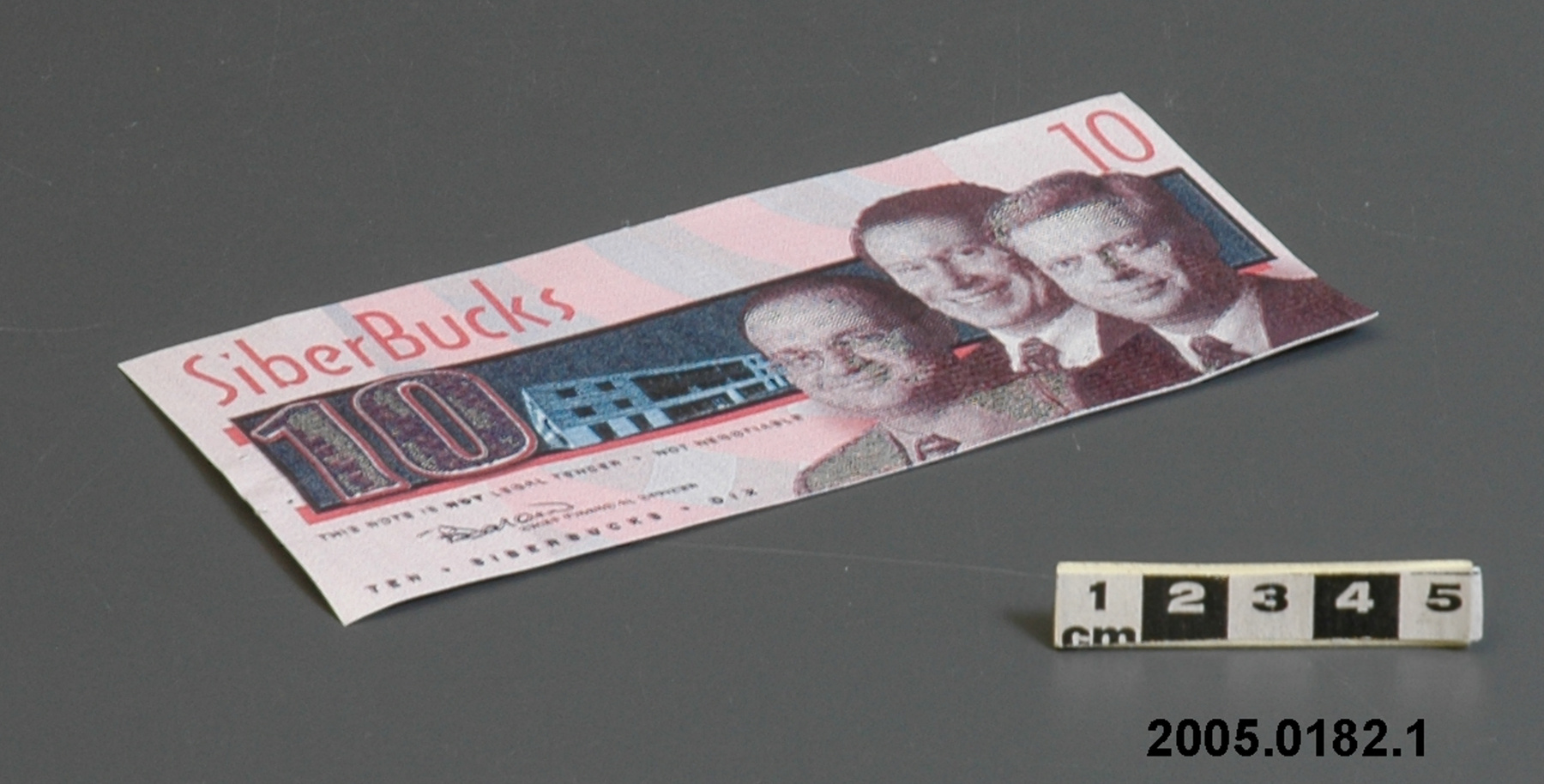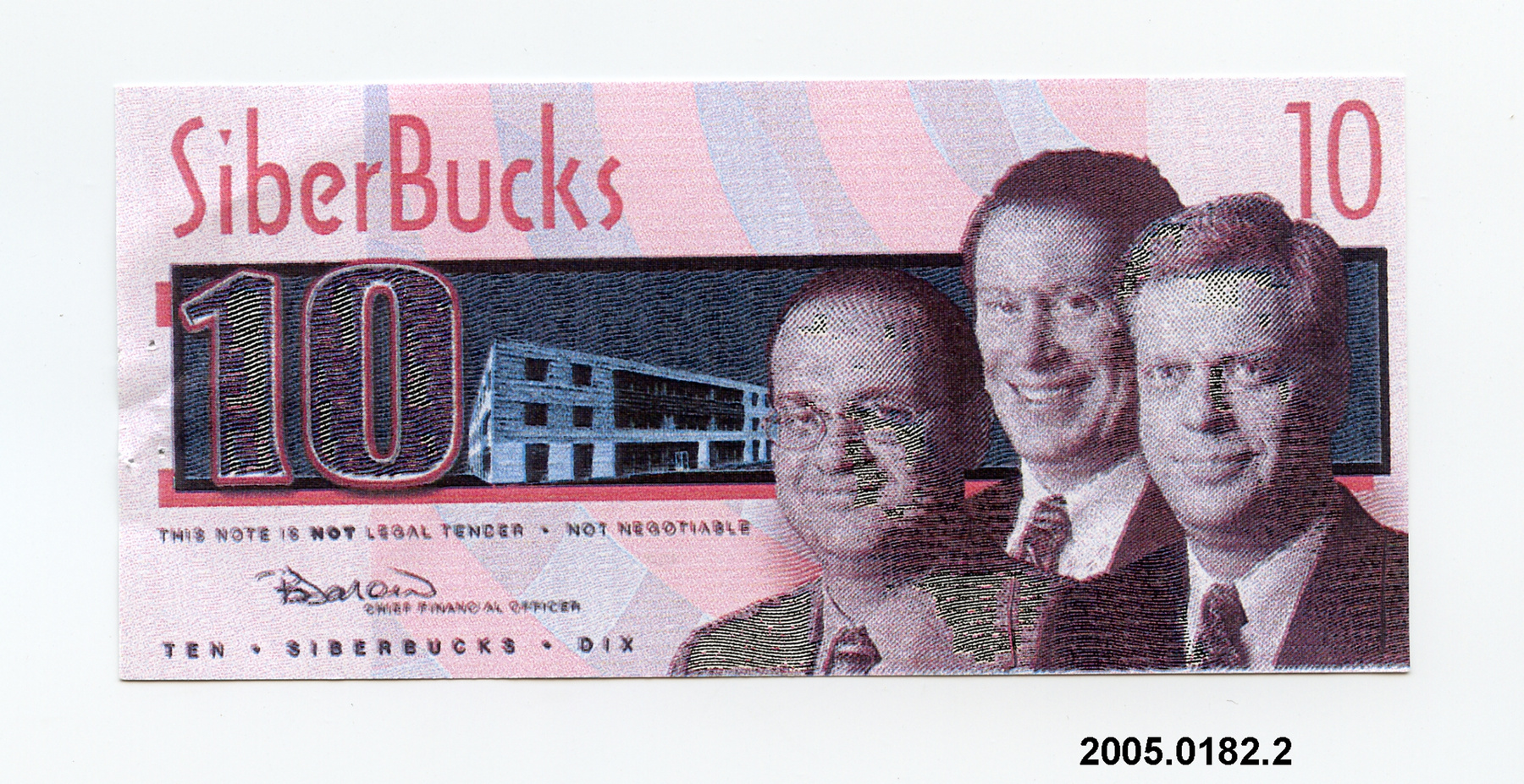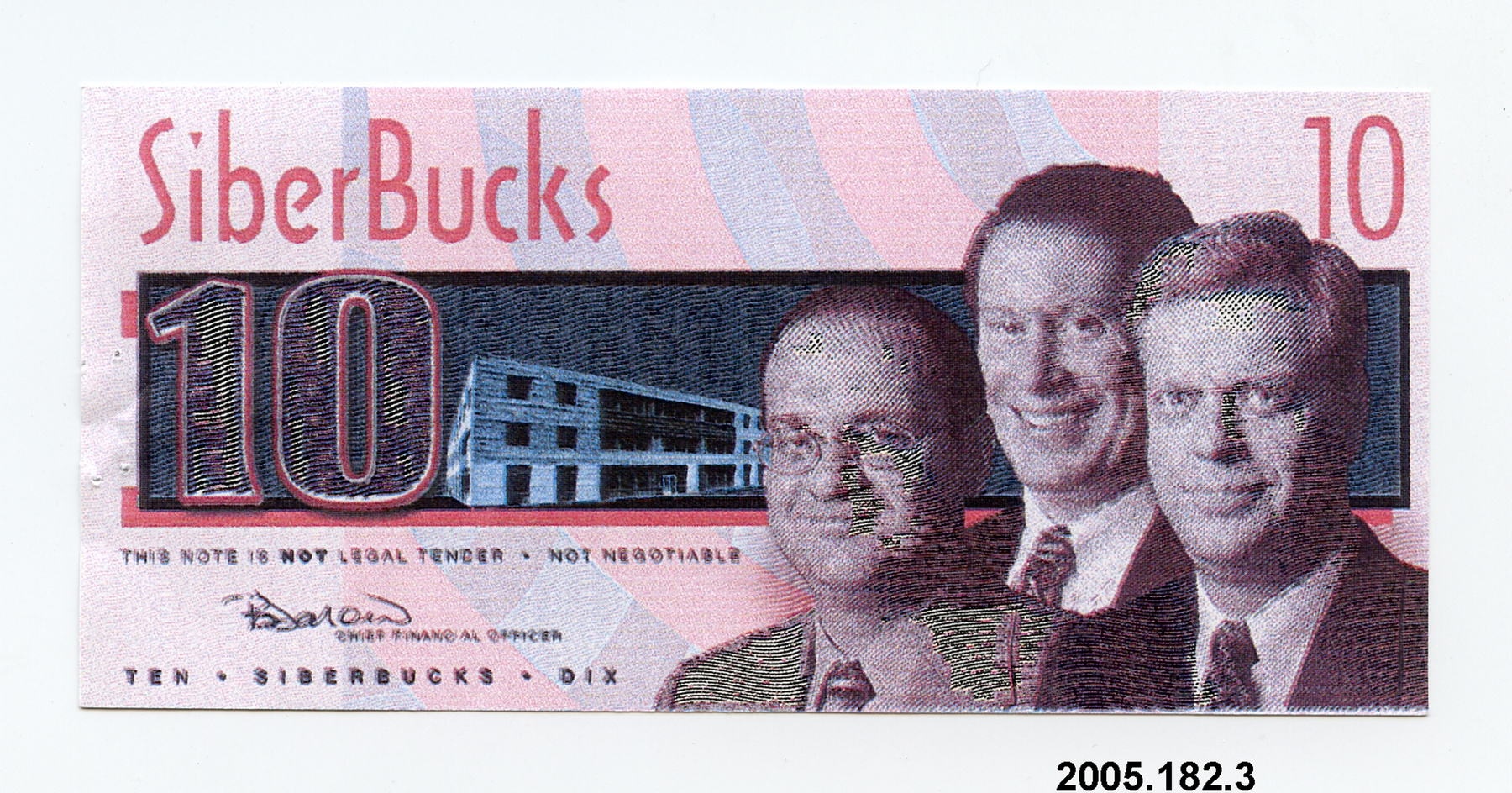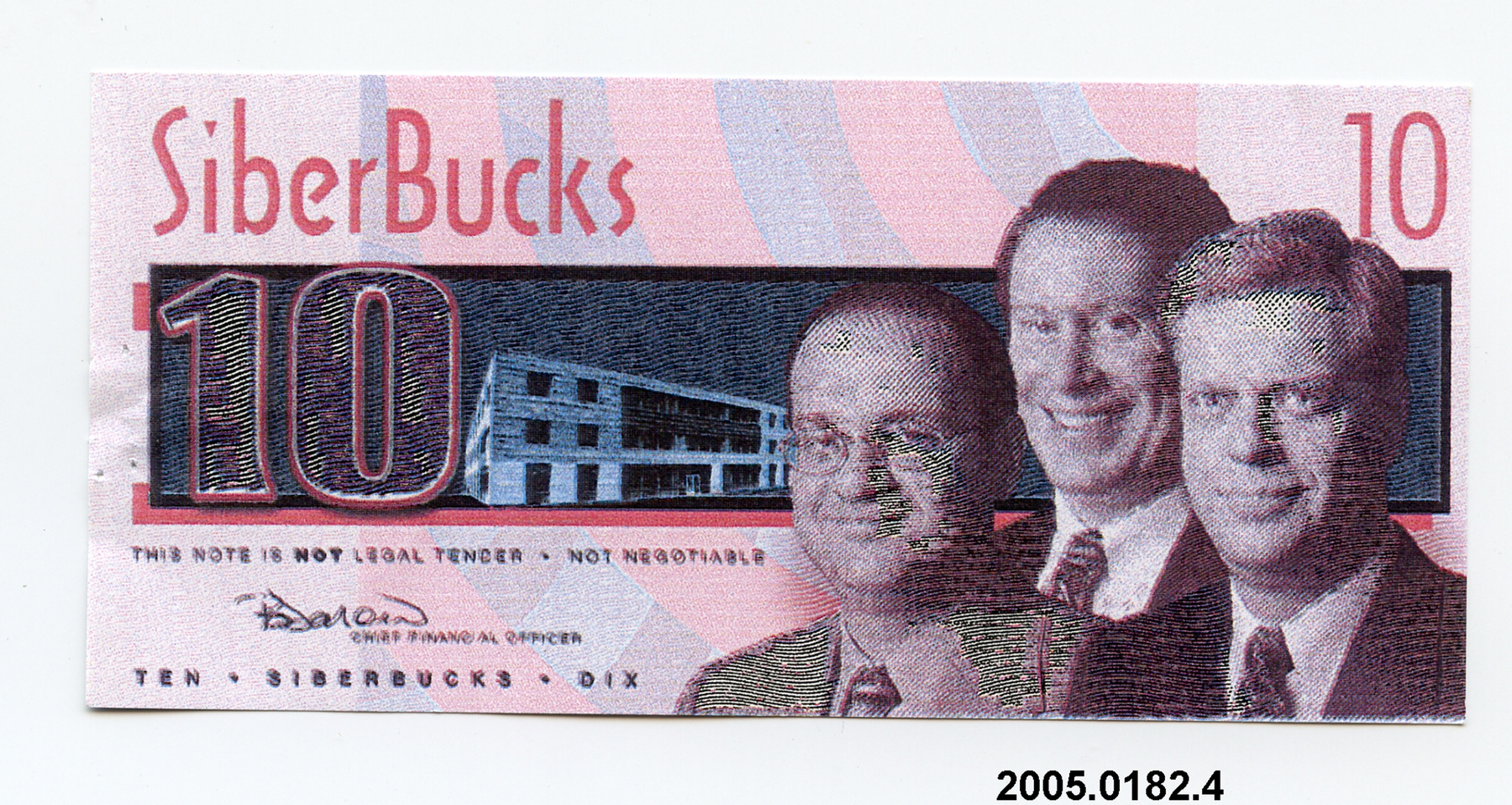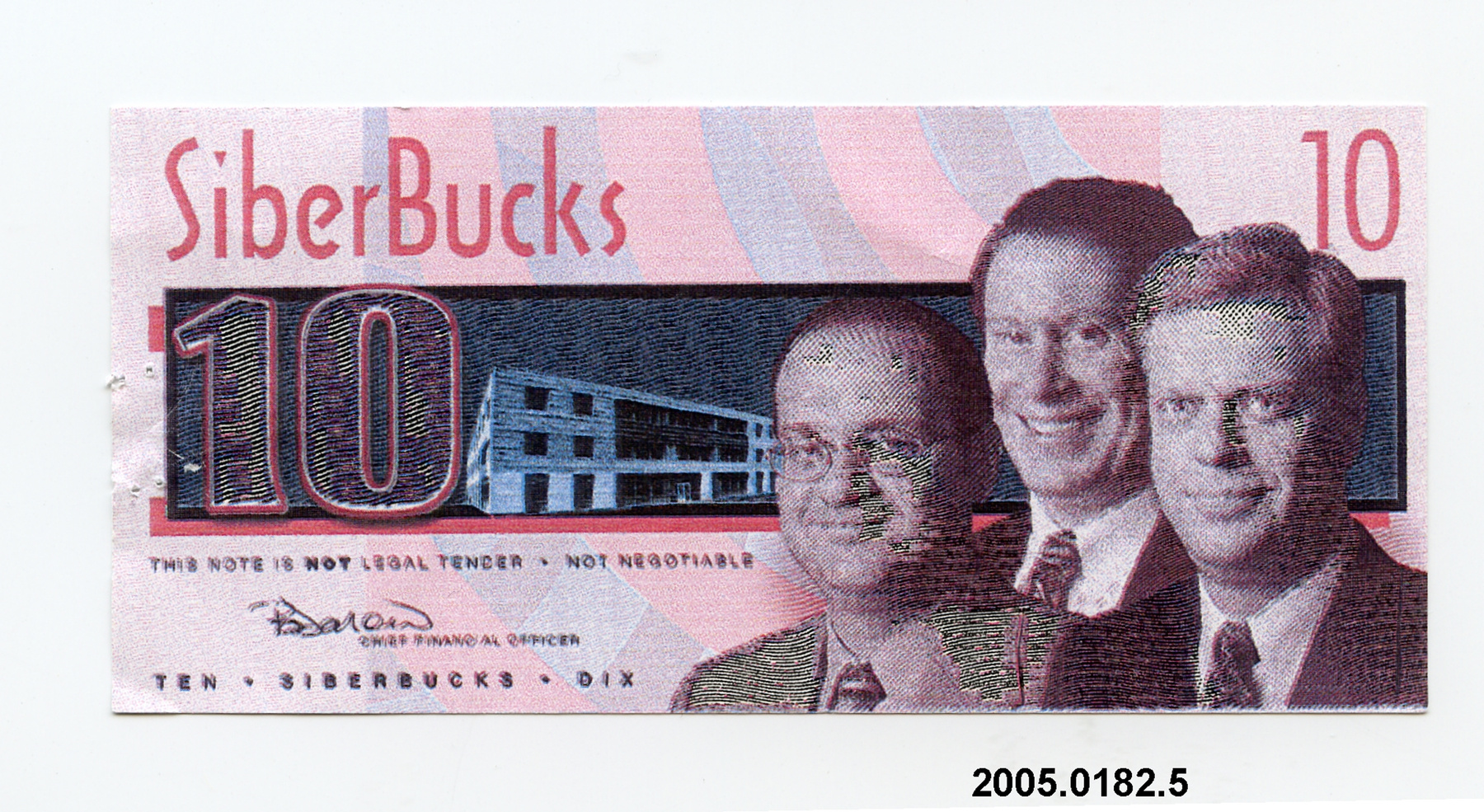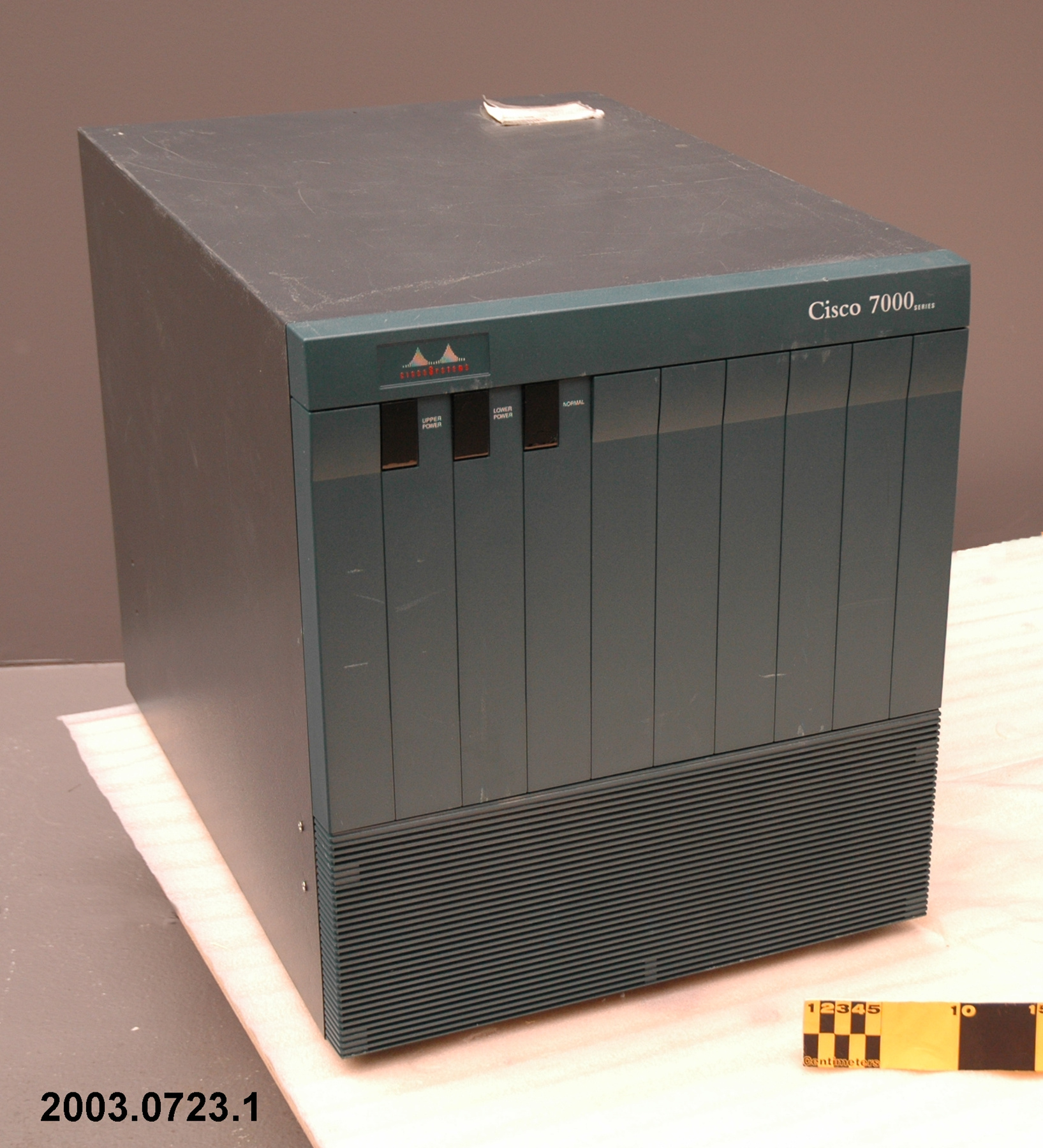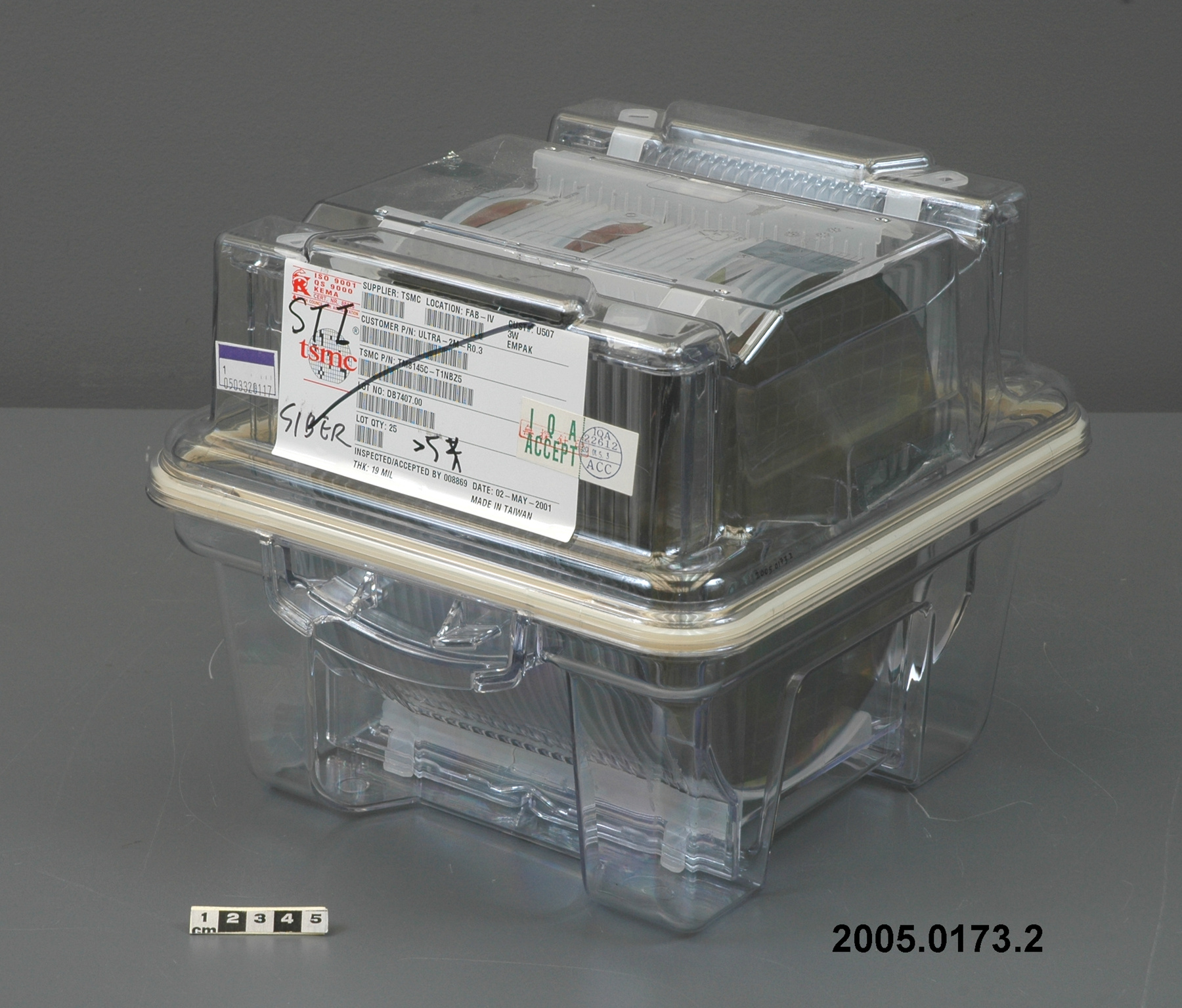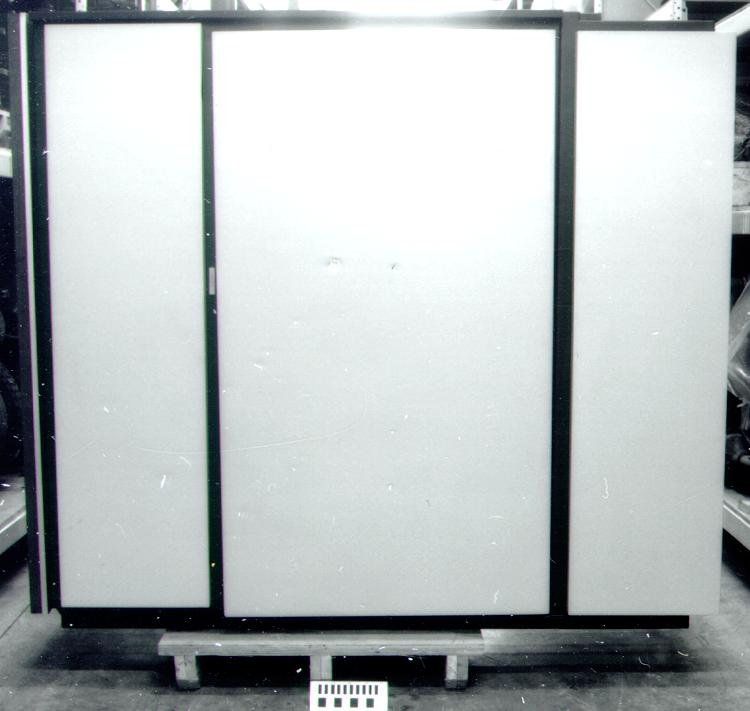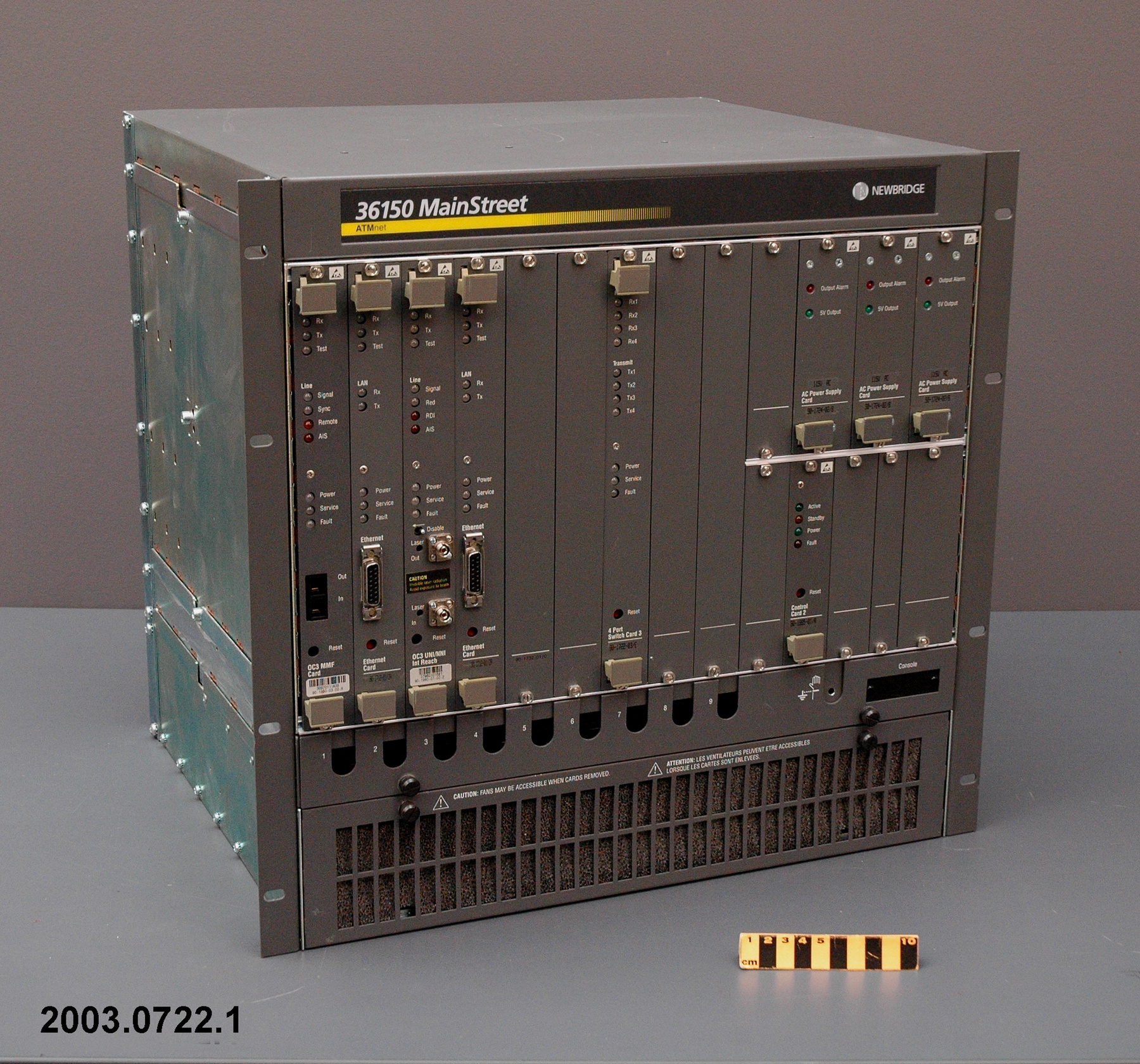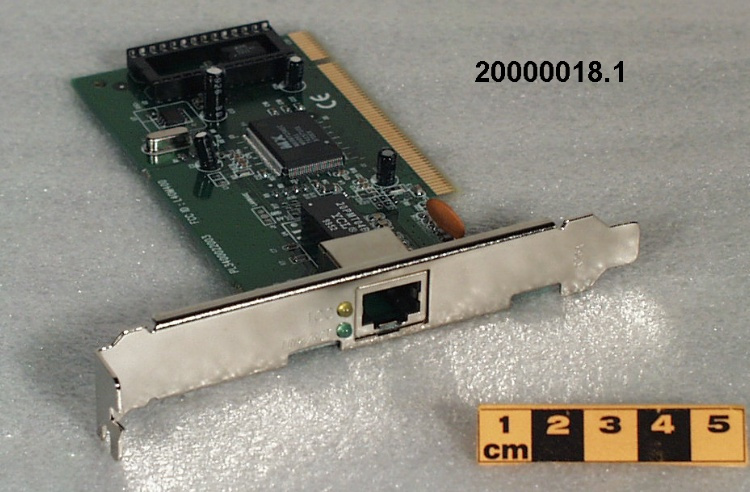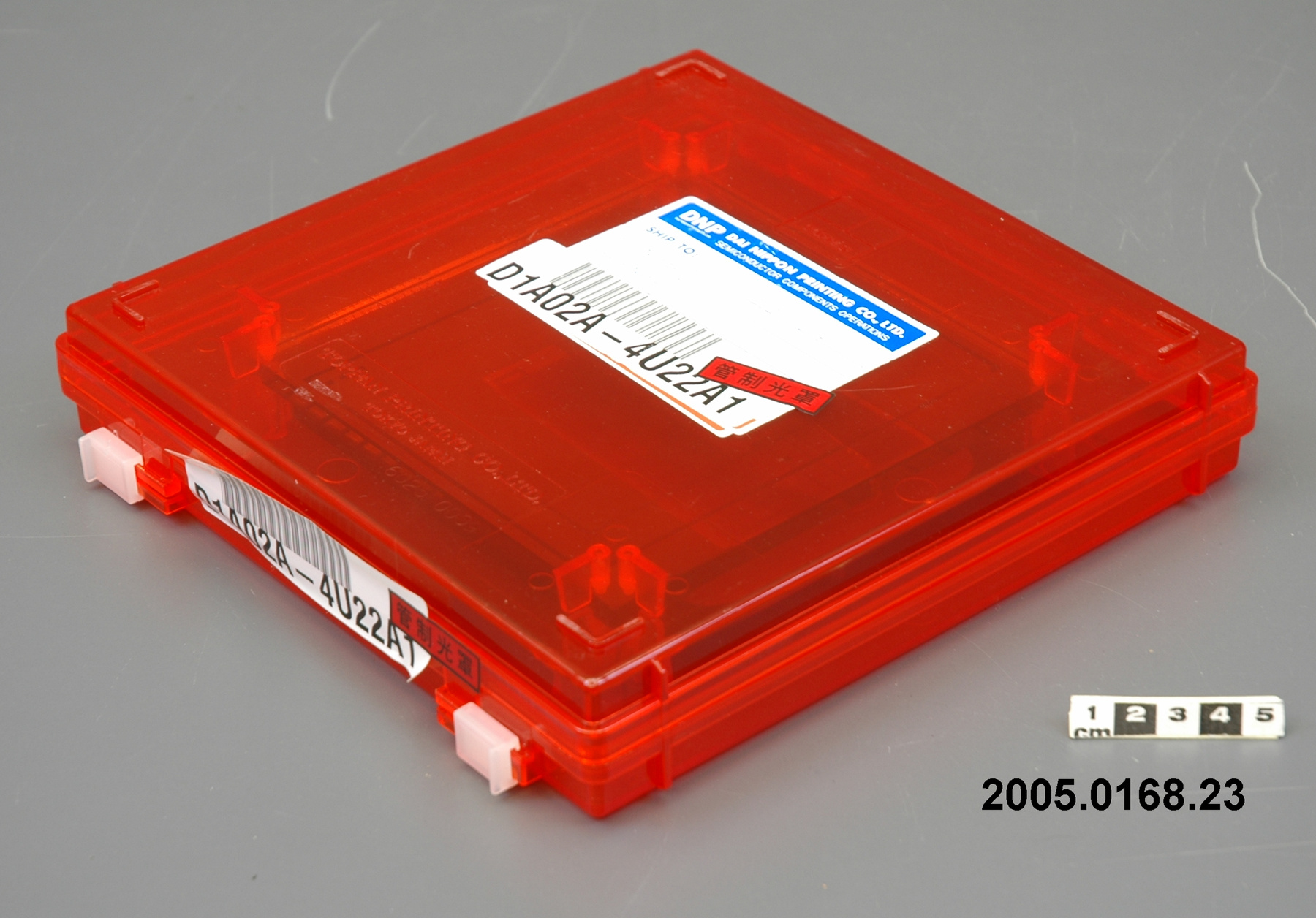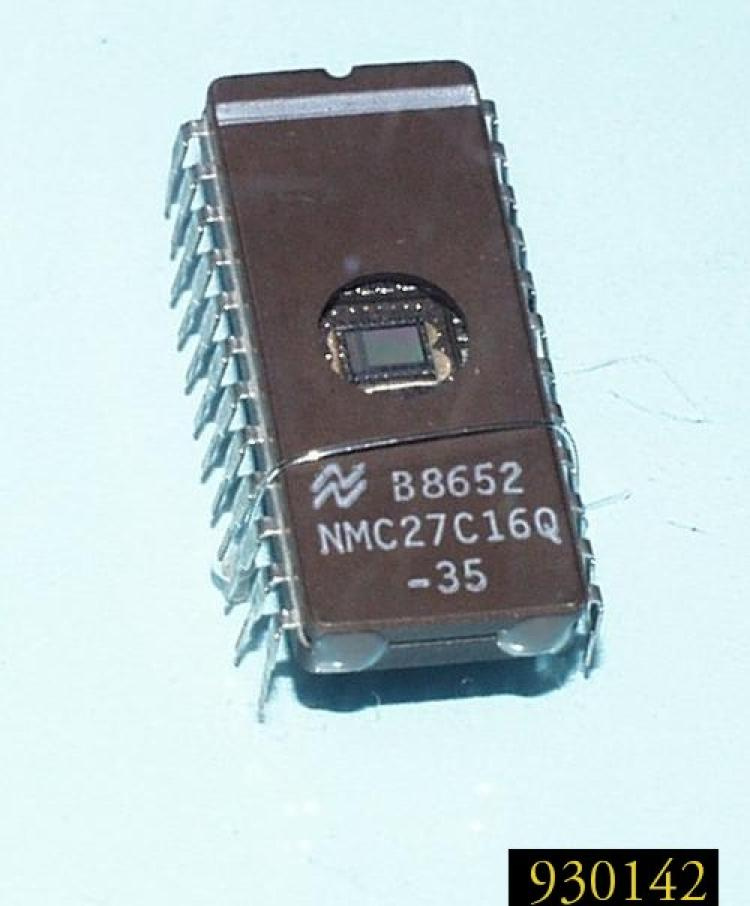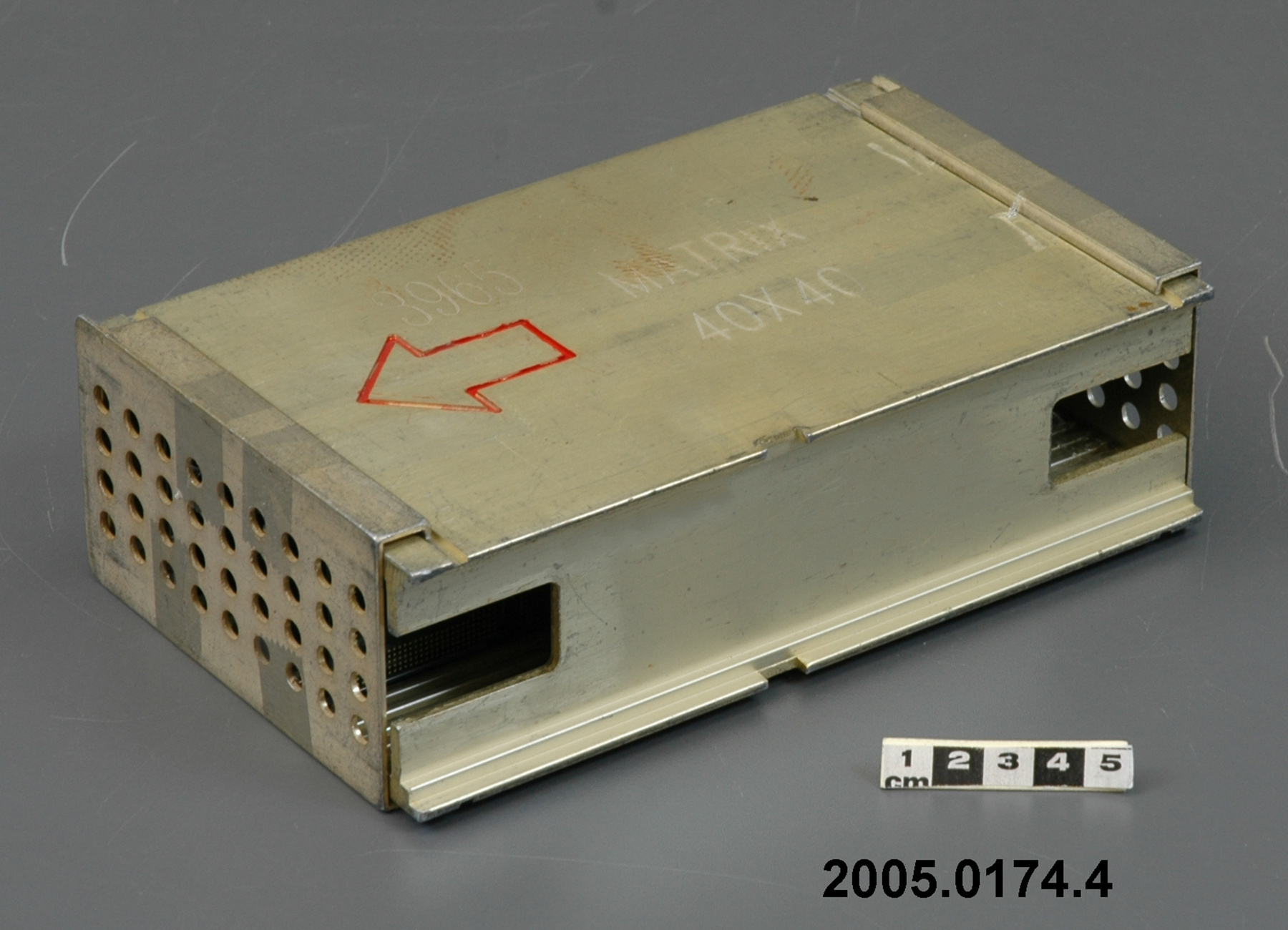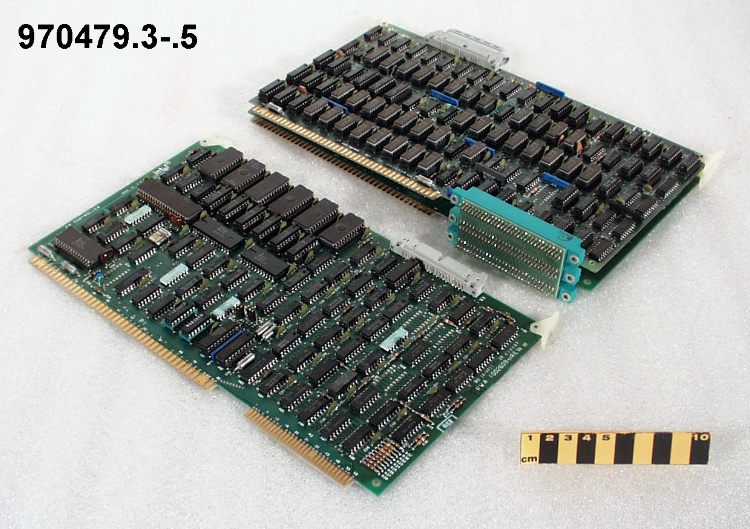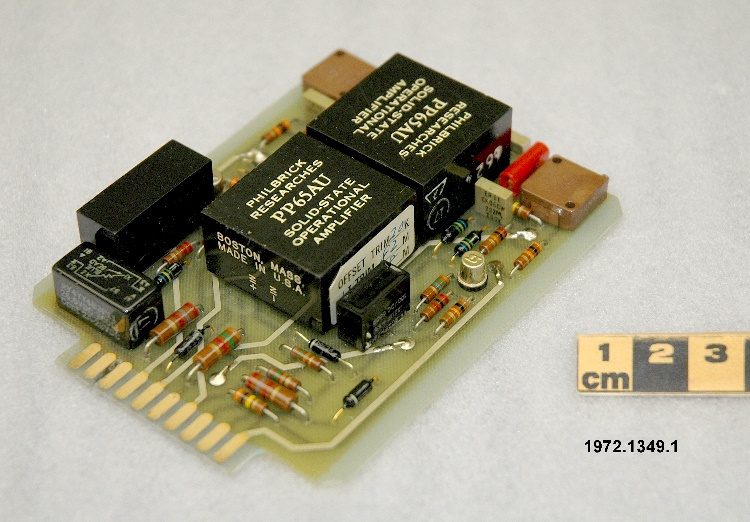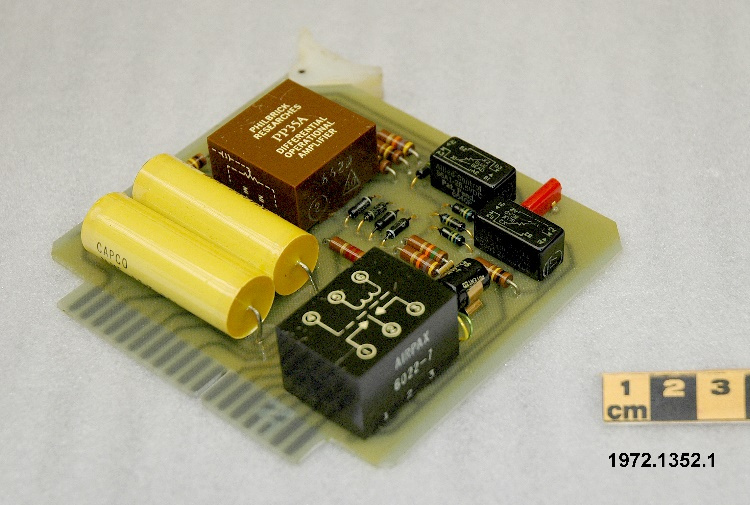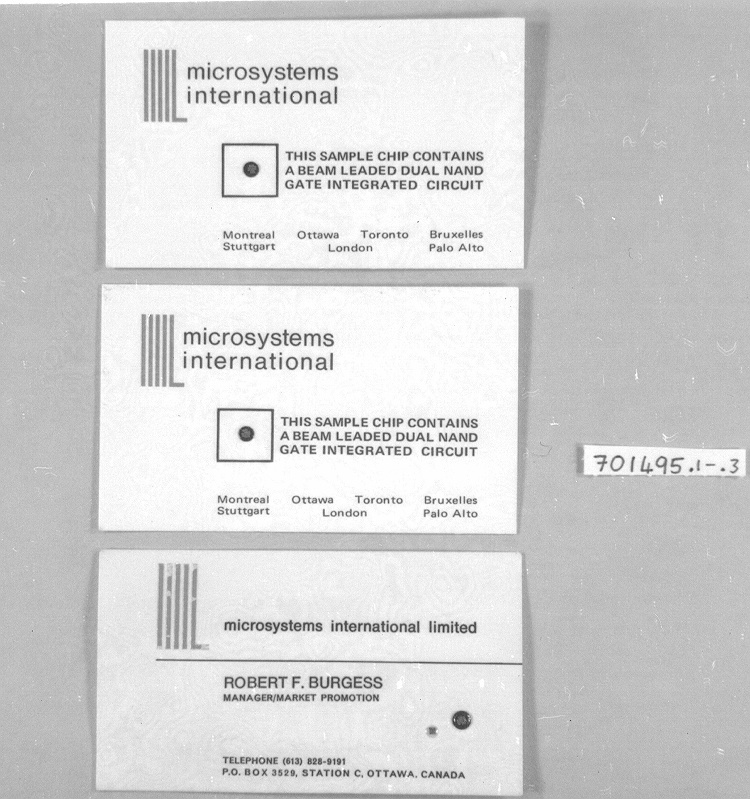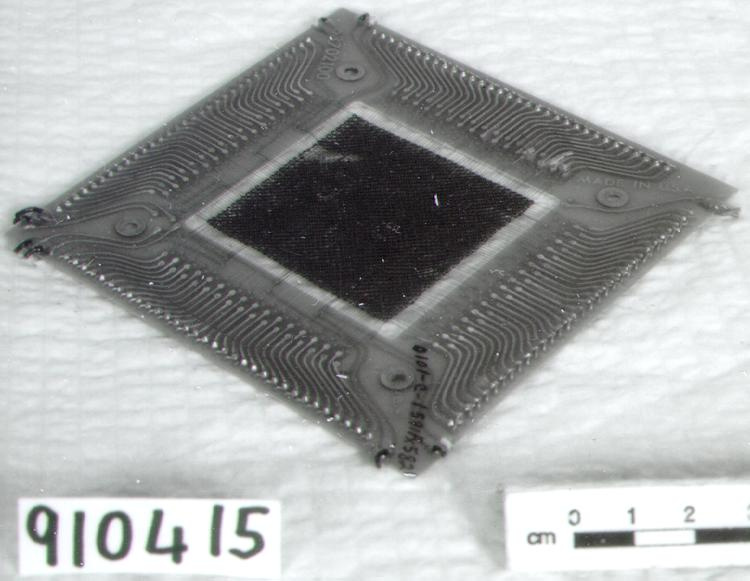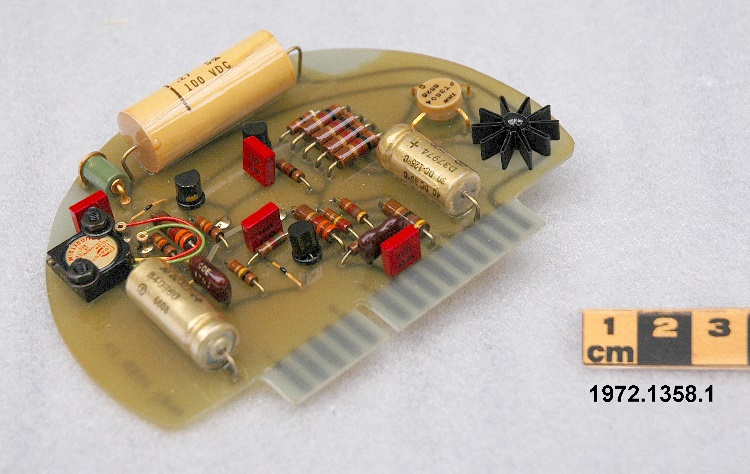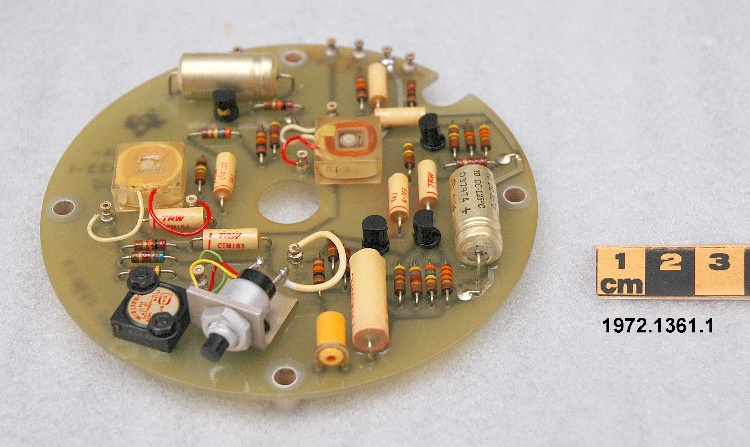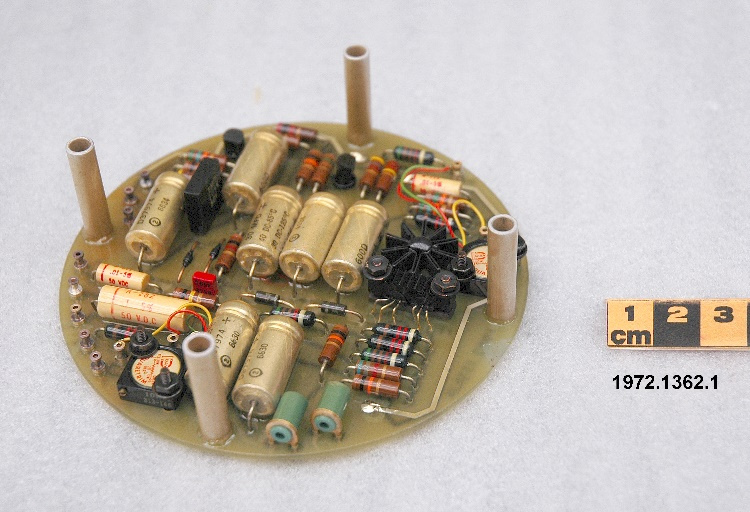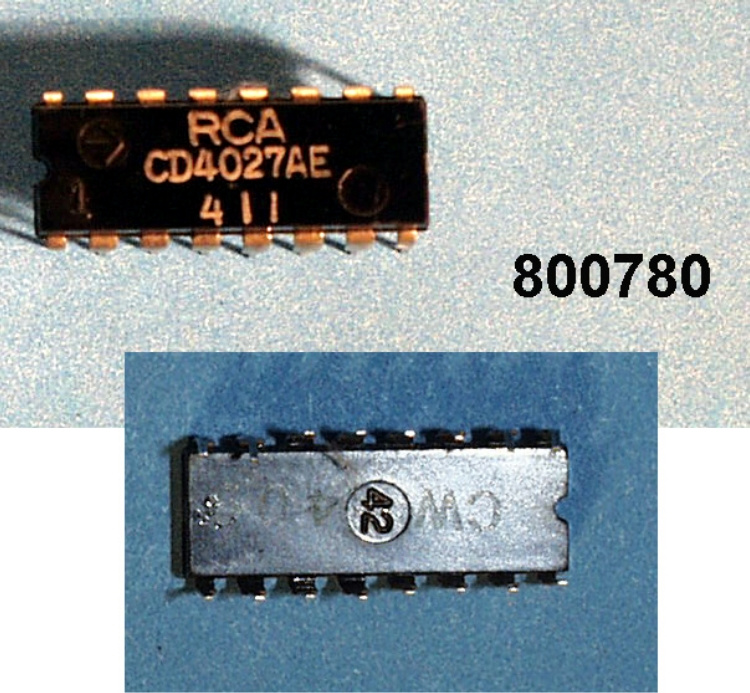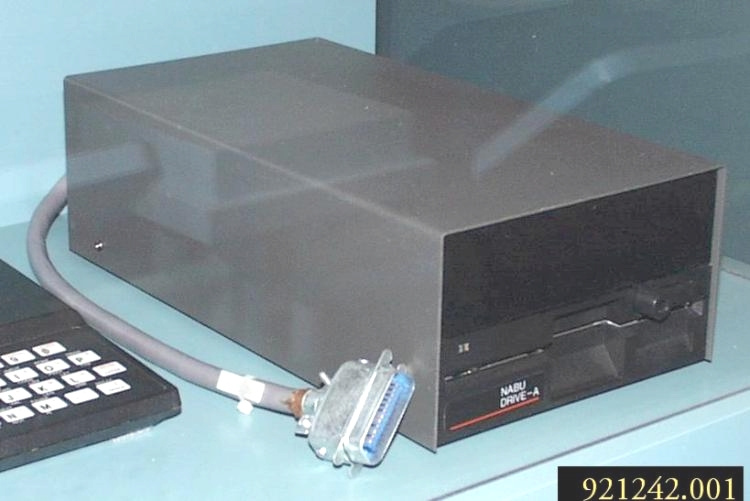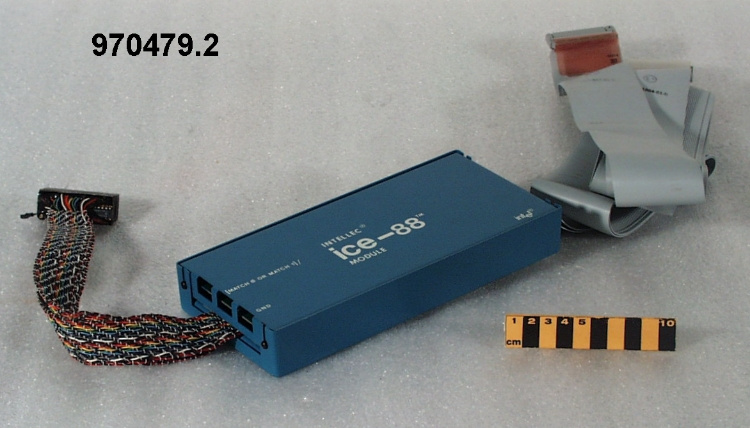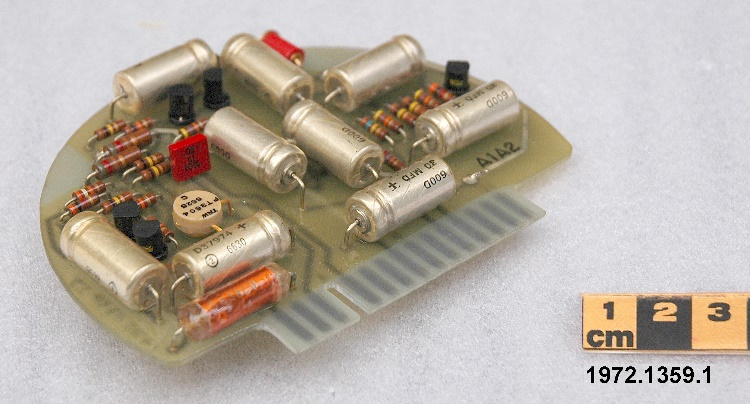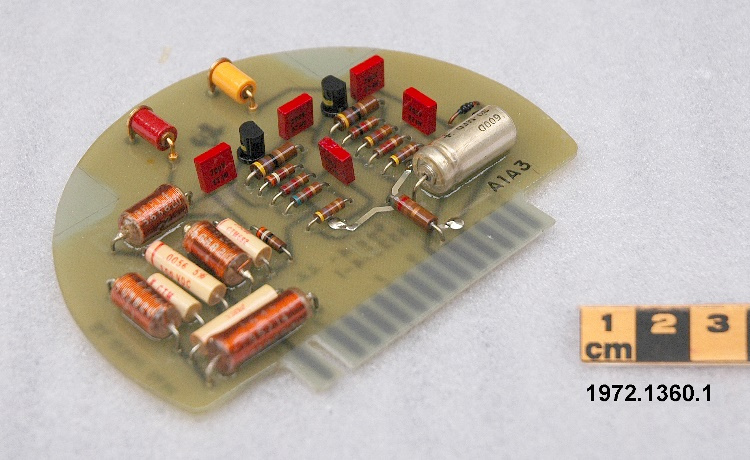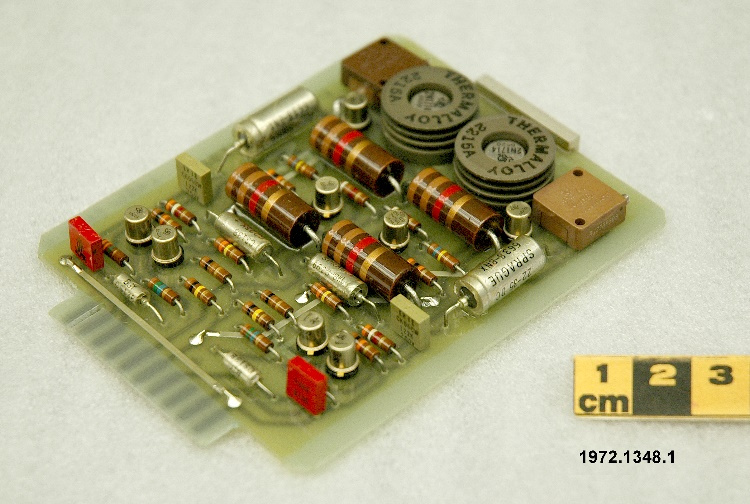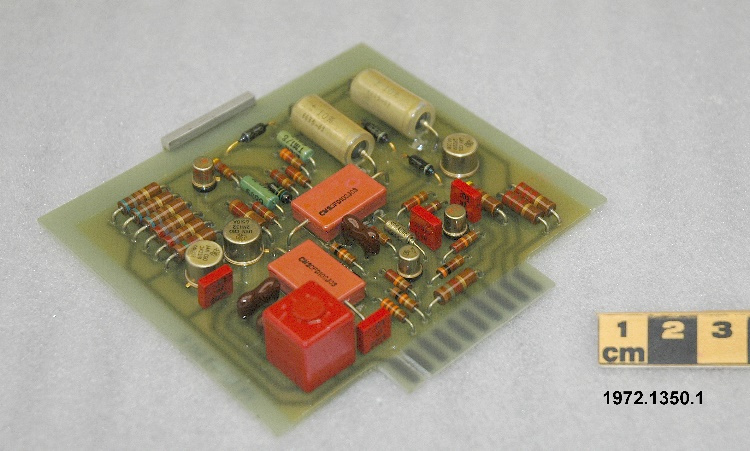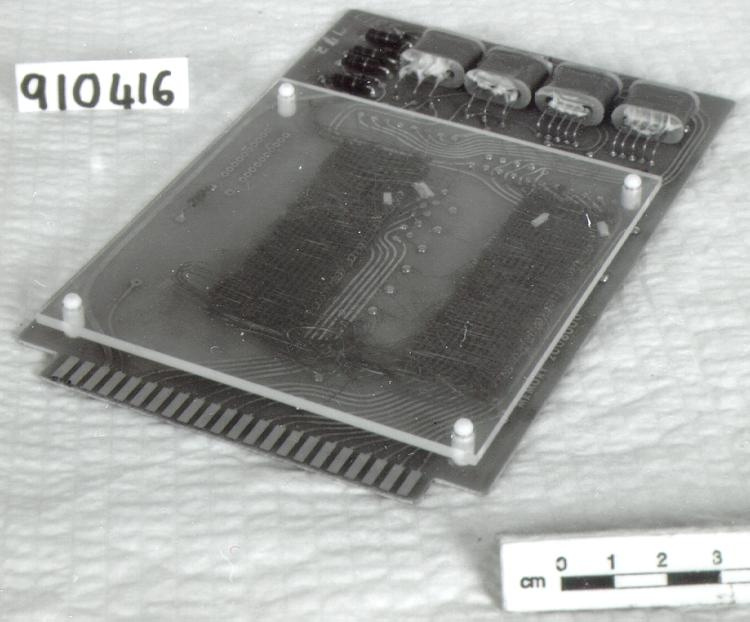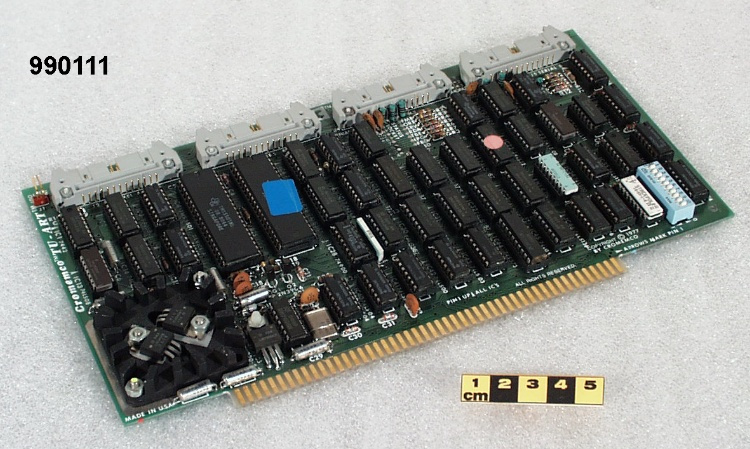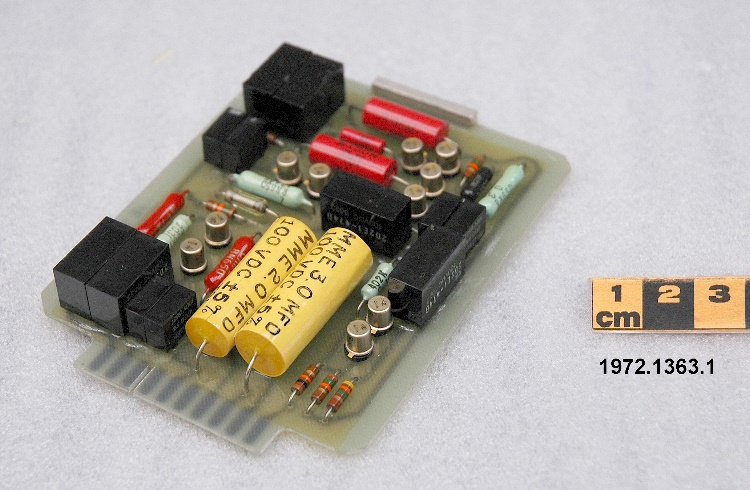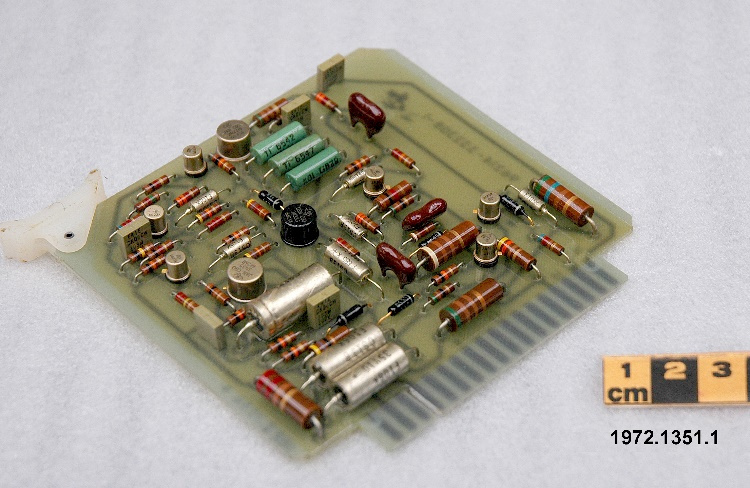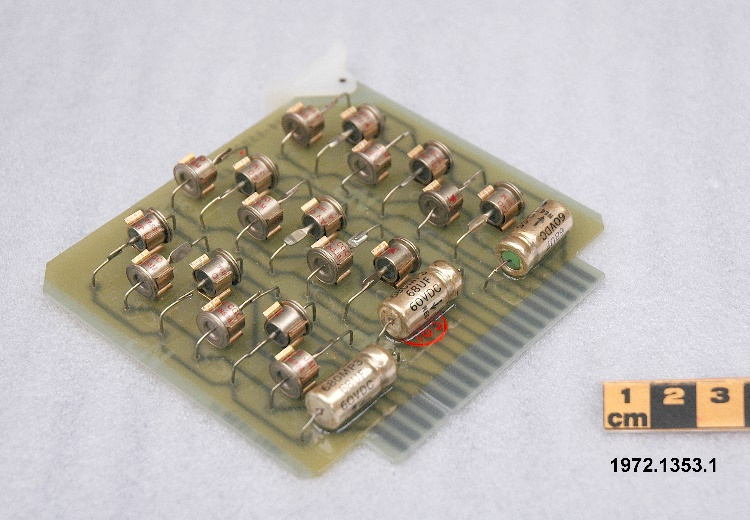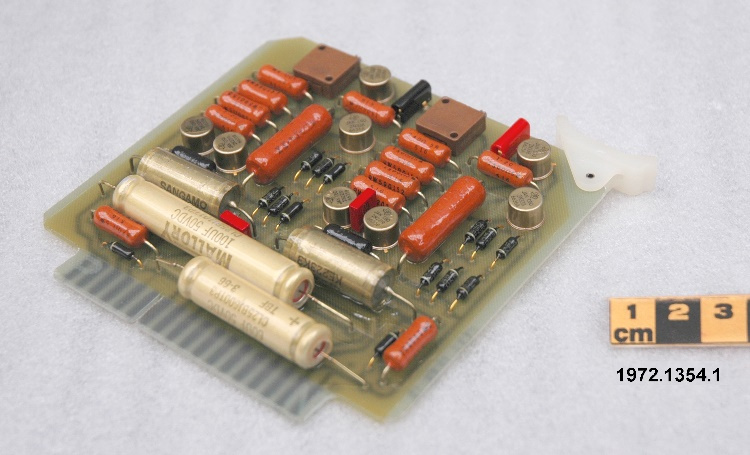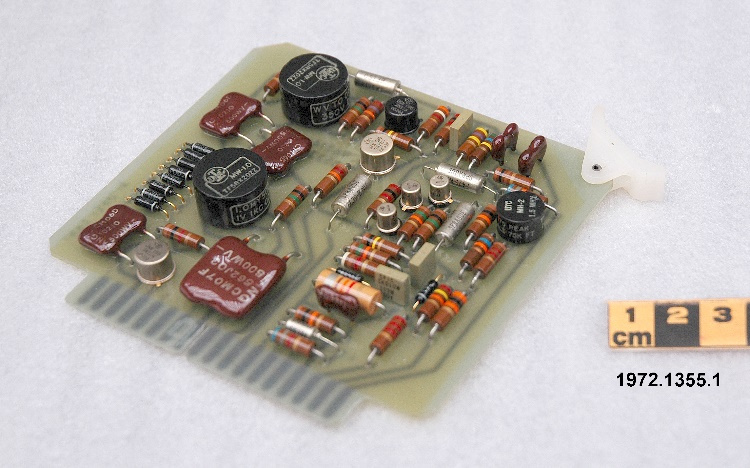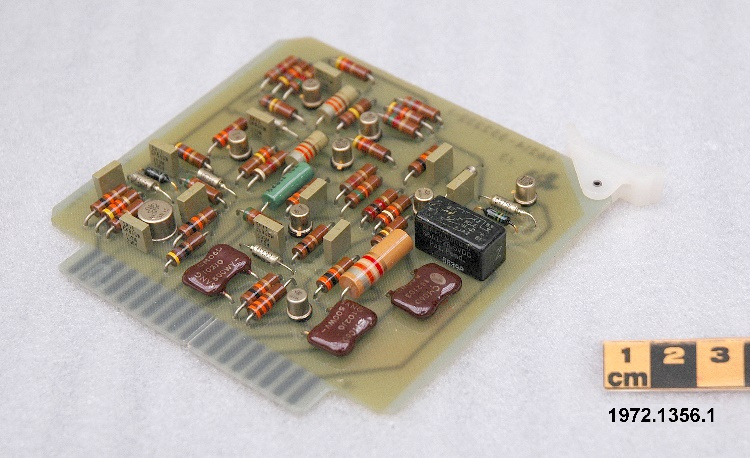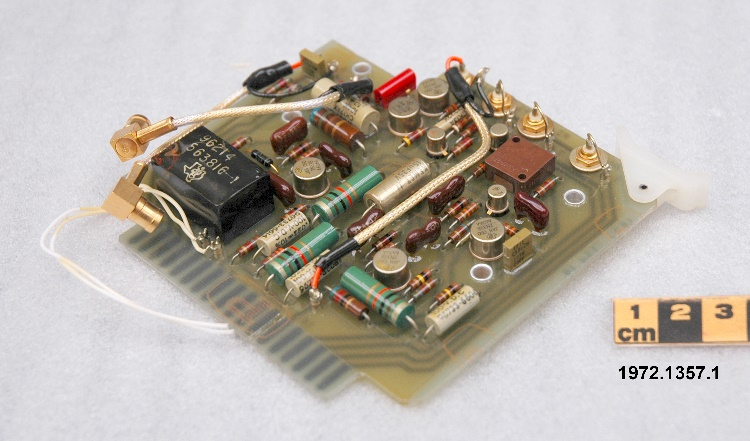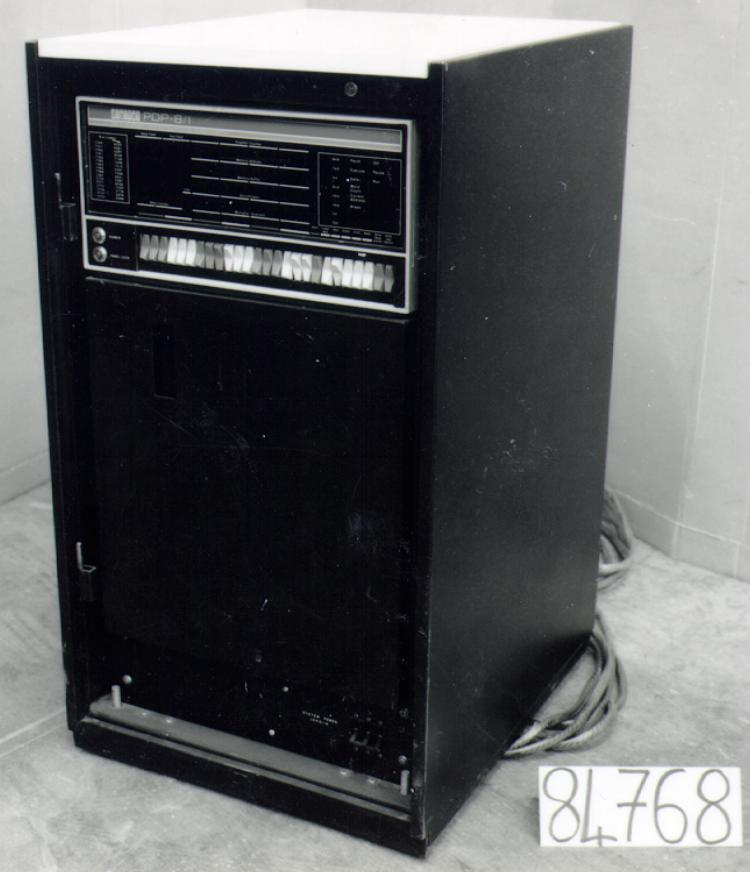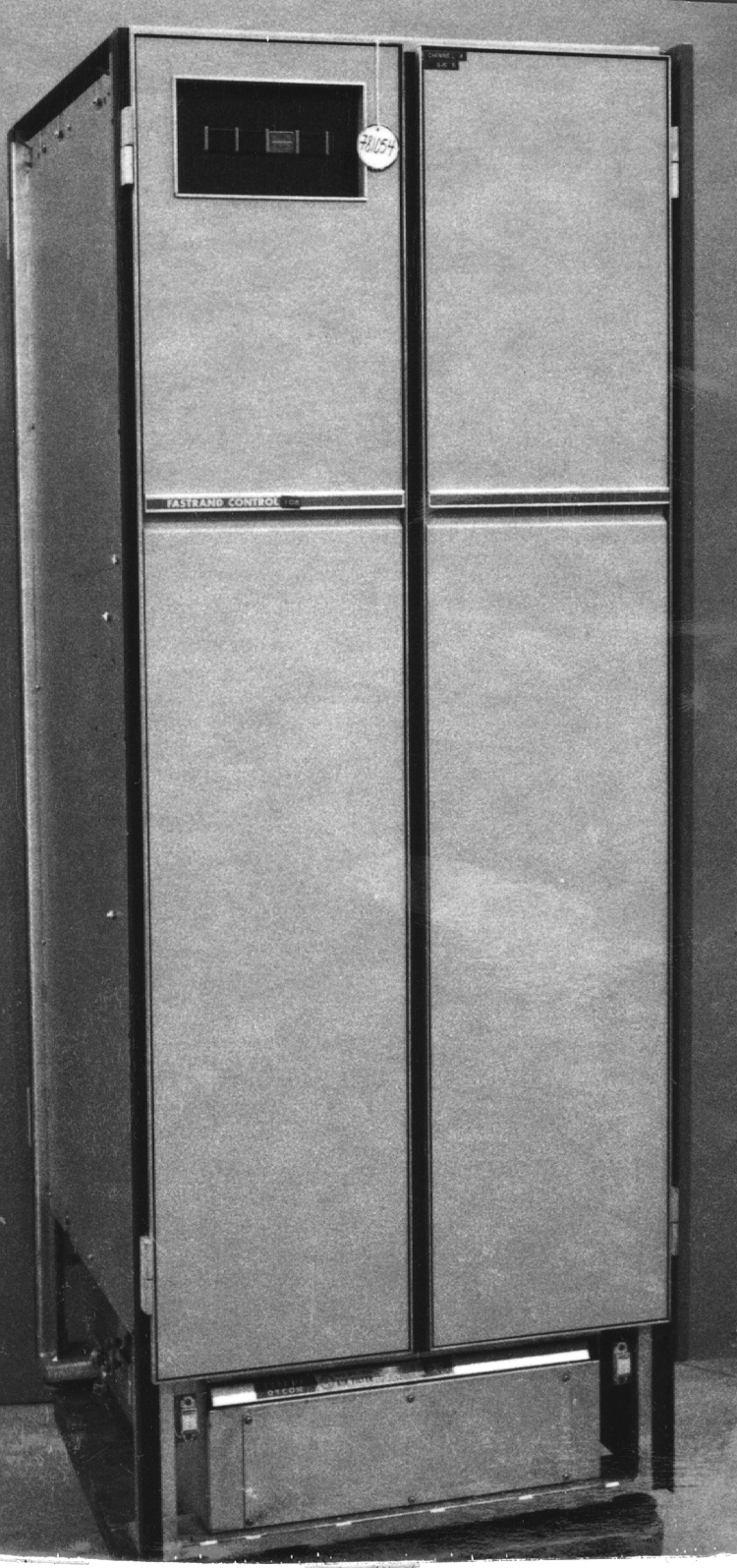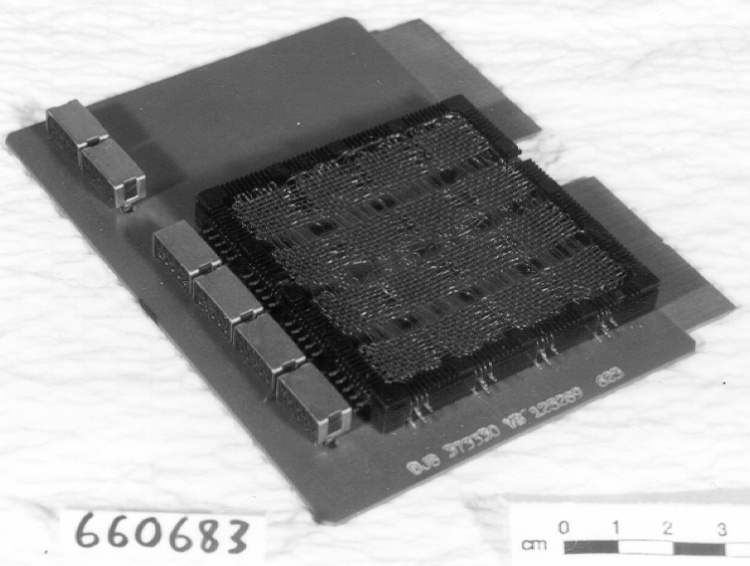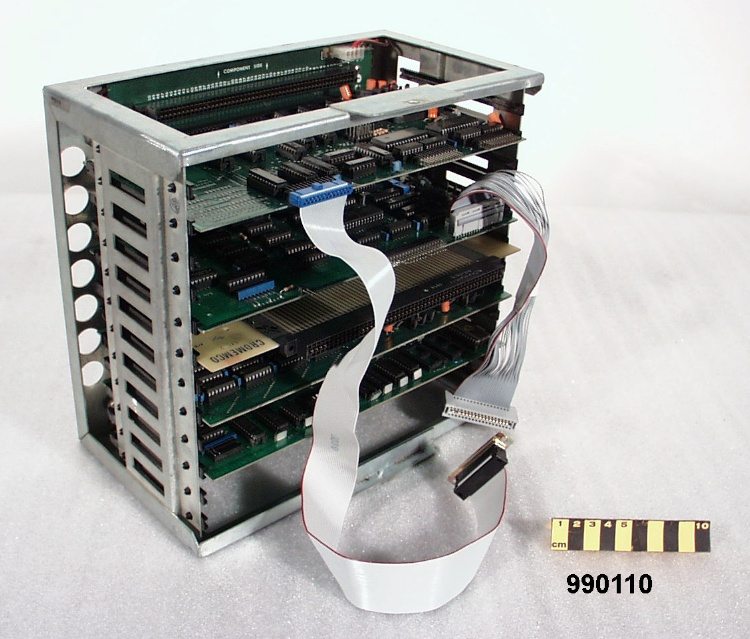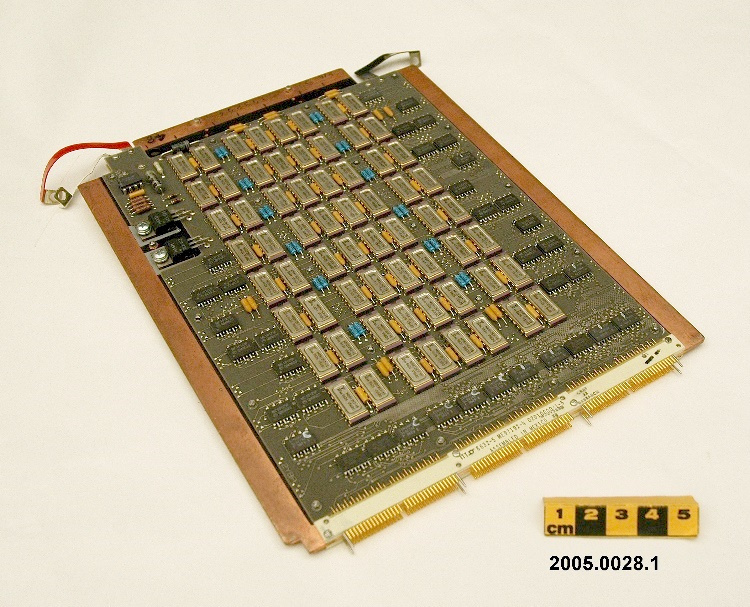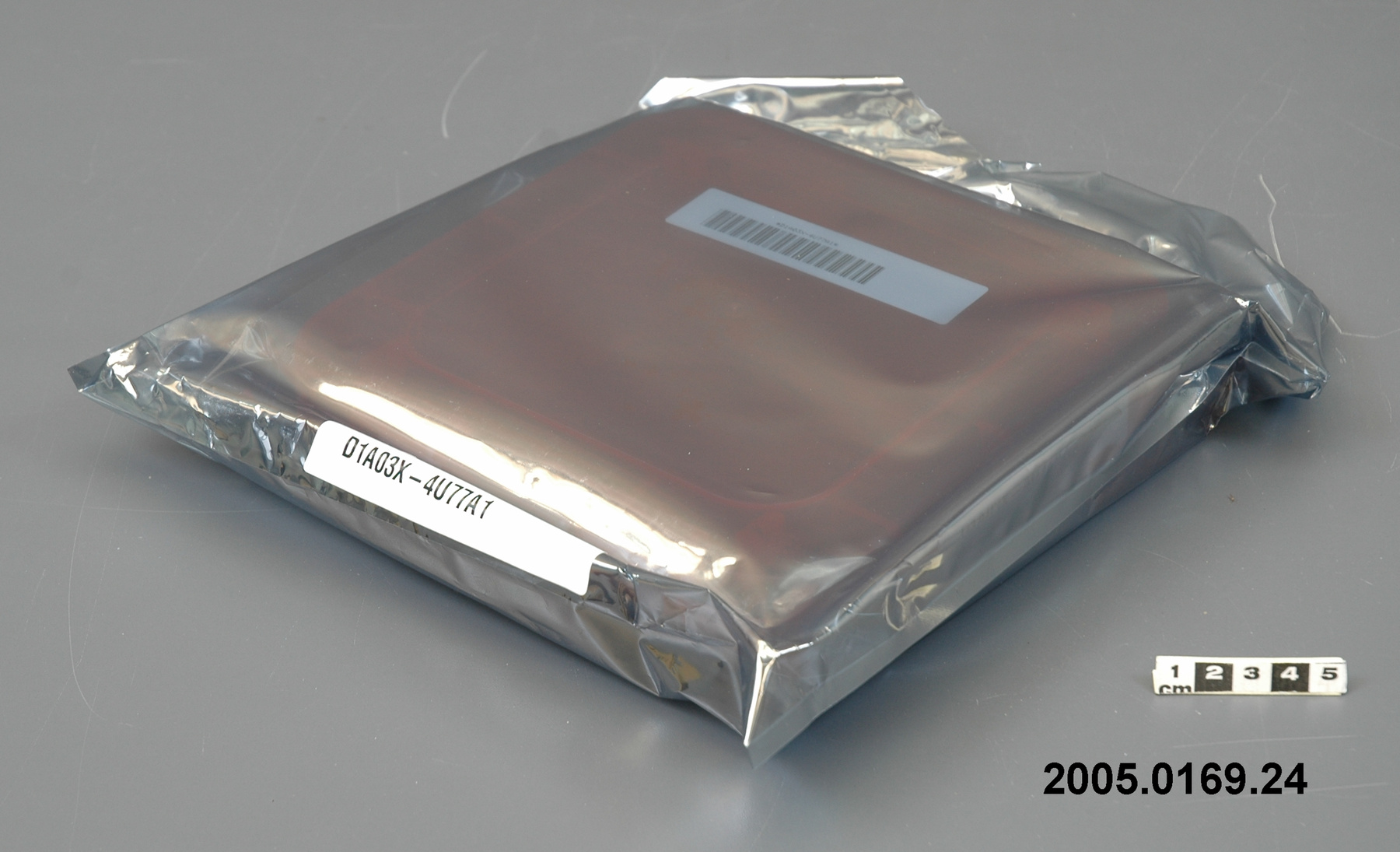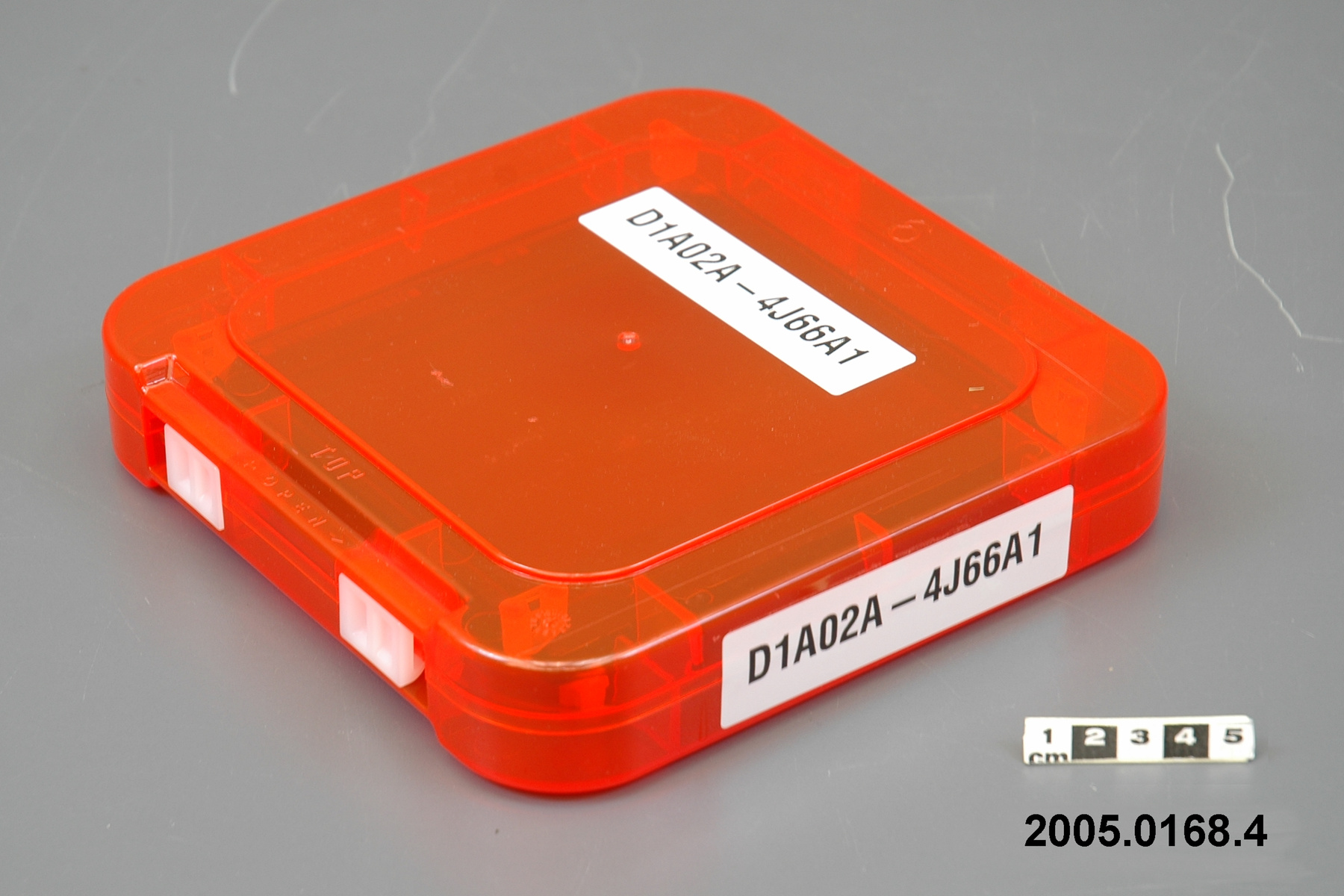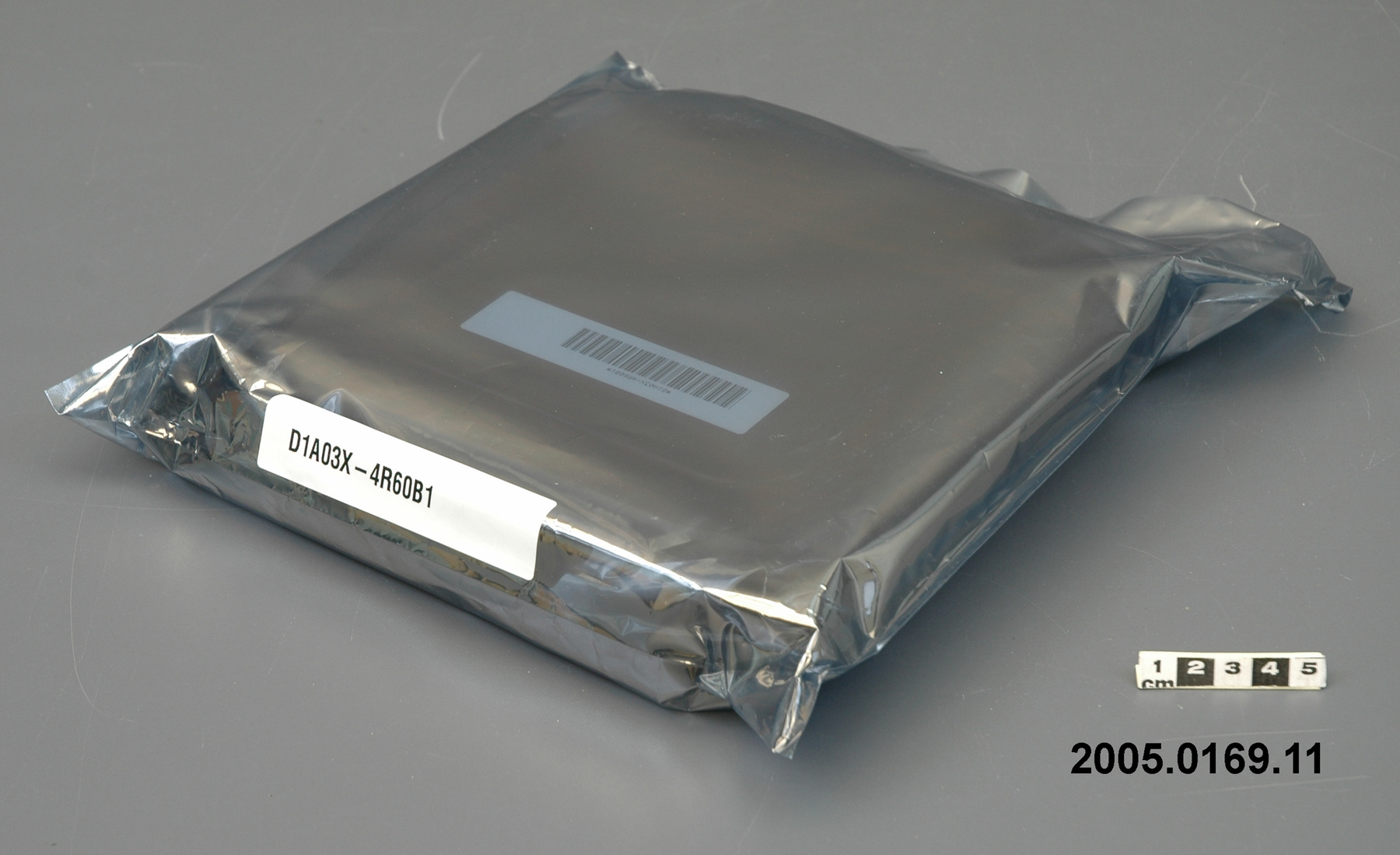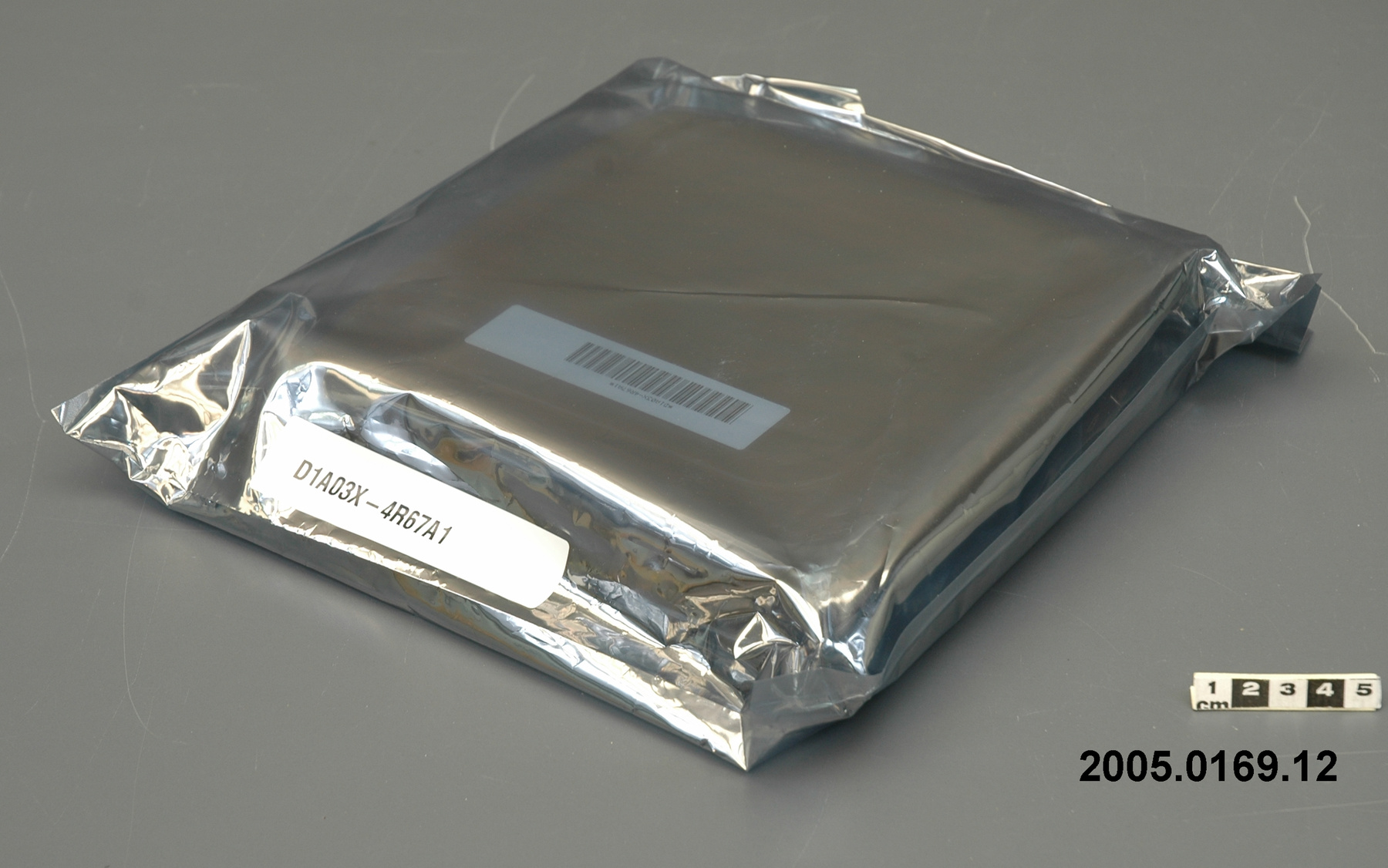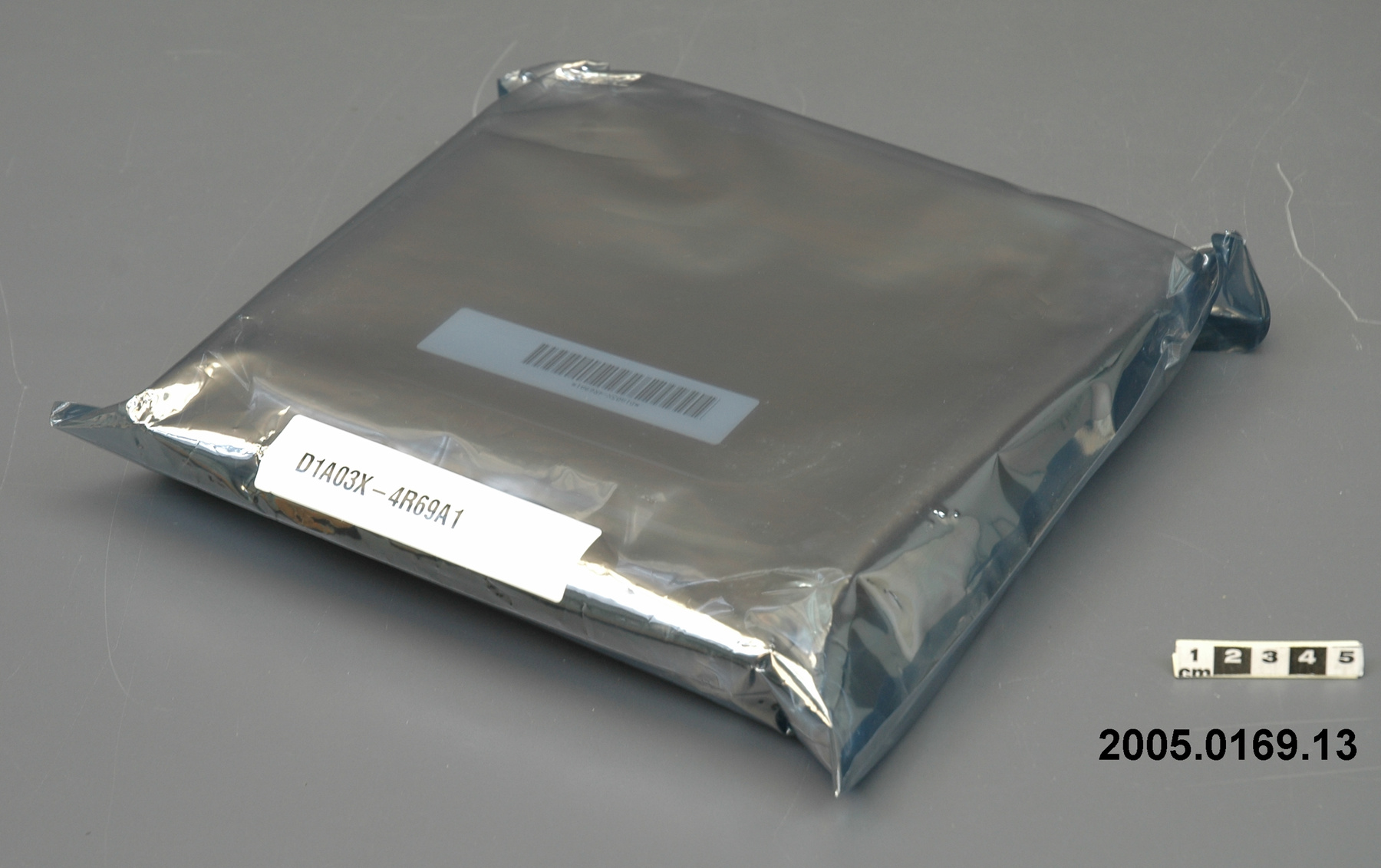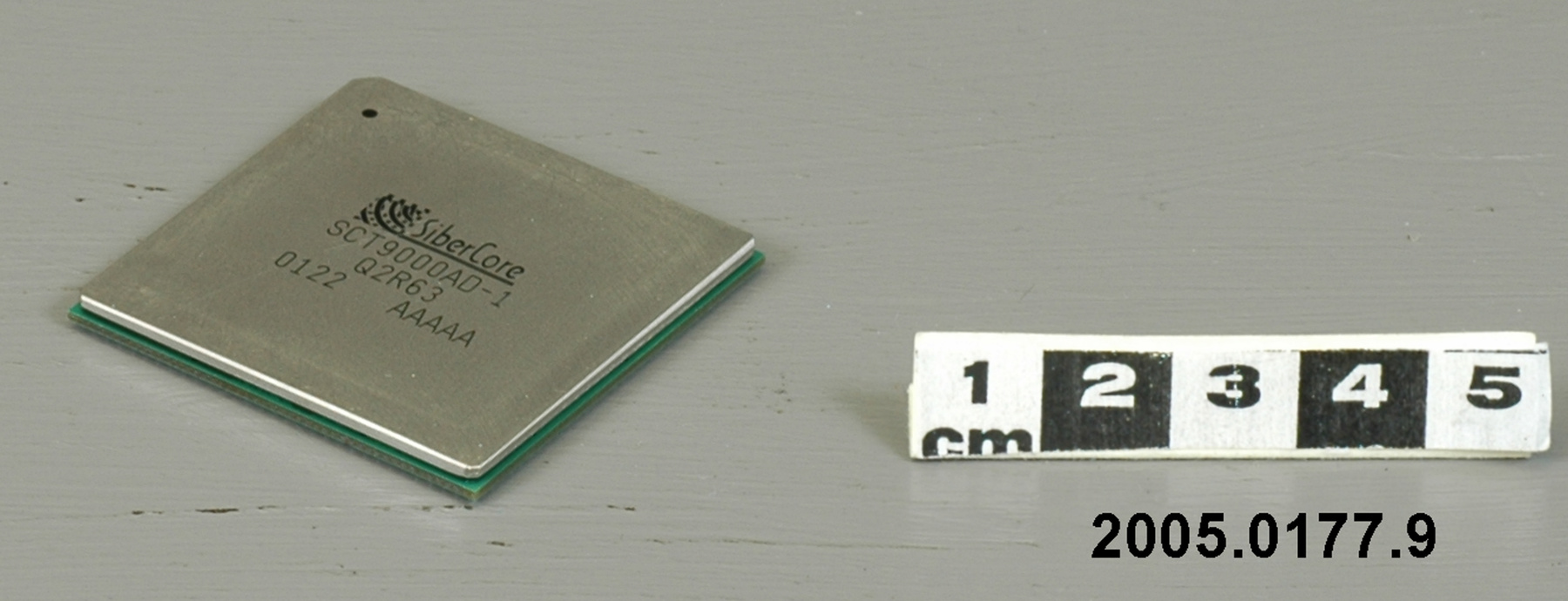Circuit intégré
Utiliser cette image
Puis-je réutiliser cette image sans autorisation? Oui
Les images sur le portail de la collection d’Ingenium ont la licence Creative Commons suivante :
Copyright Ingenium / CC BY-NC-ND (Attribution-NonCommercial 4.0 International (CC BY-NC 4.0)
ATTRIBUER CETTE IMAGE
Ingenium,
2005.0177.009
Permalien:
Ingenium diffuse cette image sous le cadre de licence Creative Commons et encourage son téléchargement et sa réutilisation à des fins non commerciales. Veuillez mentionner Ingenium et citer le numéro de l’artefact.
TÉLÉCHARGER L’IMAGEACHETER CETTE IMAGE
Cette image peut être utilisée gratuitement pour des fins non commerciales.
Pour un usage commercial, veuillez consulter nos frais de reproduction et communiquer avec nous pour acheter l’image.
- TYPE D’OBJET
- TCAM/40 mm
- DATE
- 2001–2005
- NUMÉRO DE L’ARTEFACT
- 2005.0177.009
- FABRICANT
- SiberCore Technologies
- MODÈLE
- SCT9000AD-1
- EMPLACEMENT
- Kanata, Ontario, Canada
Plus d’information
Renseignements généraux
- Nº de série
- S/O
- Nº de partie
- 9
- Nombre total de parties
- 20
- Ou
- S/O
- Brevets
- S/O
- Description générale
- Synthetic with metal parts
Dimensions
Remarque : Cette information reflète la taille générale pour l’entreposage et ne représente pas nécessairement les véritables dimensions de l’objet.
- Longueur
- 4,0 cm
- Largeur
- 4,0 cm
- Hauteur
- S/O
- Épaisseur
- S/O
- Poids
- S/O
- Diamètre
- S/O
- Volume
- S/O
Lexique
- Groupe
- Technologie informatique
- Catégorie
- Équipement d'entretien et développement
- Sous-catégorie
- S/O
Fabricant
- Ou
- SiberCore
- Pays
- Canada
- État/province
- Ontario
- Ville
- Kanata
Contexte
- Pays
- Canada
- État/province
- Ontario
- Période
- circa 2000-2005
- Canada
-
Part of a collection of equipment and samples from Canadian company Sibercore Technologies, which made integrated circuits for use by the backbone providers of the internet (e.g. Cisco, Fijitsu etc.), specifically TCAMS (The lot contains sets of masks (32 and 30 per set) for their 40 mm and 27 mm products as well as test equipment and samples from the chip manufacturers in original packaging (one set unopened - and should not be). There is a complete set of CADD circuit drawings for the 27 mm chips as well as equipment used in the testing and burn-in of chips. A variety of promotional material has also been provided including a CD with a Power Point presentation used by the Marketing Group. Founded in 1998, SiberCore Technologies was a fabless semiconductor company based in Kanata, Ontario (with sales offices in Boston and Sacramento). The company developed a leading edge networking semiconductor memory based upon numerous Ternary Content Addressable Memory (TCAM) patents. It made ICs for use by the backbone providers of the Internet, e.g. Cisco, Fijitsu, etc. The company raised over $75 million of venture capital in four separate funding rounds between 1998 and 2002. The company secured designs at several top tier companies including Cisco, Lucent, Fujitsu, Tellabs, Hitachi, Marconi, Riverstone, Laurel Networks, and L-3. However, sales never reached above $10M per year as the post-bubble market for high end networking equipment failed to reach its forecasted potential. At its peak, the company employed 85 personnel, the bulk of them semiconductor design engineers at the company headquarters in Kanata, Ontario. The company began scaling back operations in 2003, and in 2004 announced that it would gradually wind-down operations. This wind down was completed in October 2005. As a "fabless" semiconductor company, SiberCore designed and sold its products, but manufacturing and test was performed by companies that specialize in those fields. The company's first prototype wafers were manufactured by Taiwan Semiconductor Manufacturing Company (TSMC) and the wafers for all other designs were produced by United Microelectronics Corporation (UMC). Final assembly and test of the semiconductors was performed by Advanced Semiconductor Engineering (ASE). All three of these companies are based in Taiwan. - Fonction
-
Inconnu - Technique
-
An example of a TCAM integrated circuit (Ternary Content Addressable Memories (TCAMs) which are high speed specialized memory devices). The provided chips show the evolution from 0.25 micron to 0.18 and 0.15 micron based masks for production of ICs from 2000 to 2005. With 2, 4.5, 9 and 18M memories, the SiberCore chips were key components driving the Internet hubs at Gigabit speeds at the level of hubs, large, and small business networks as well as access networks (Internet Service Providers or ISPs). SiberCore's chips employed Ternary Content Addressable Memory (TCAM) technology. The function of the TCAMs was to provide searches (up to 100 million / sec) for such things as search engines or look up tables for web site and e-mail DNS #s. Ternary Content Addressable Memories (TCAMs) are specialized devices where the contents can be searched at extremely high rates. A TCAM supports the traditional read and write operations as in typical memories, but also incorporates additional circuitry to search its entire contents in a single operation. SiberCore's TCAMs permitted searches at the rate of up to 100 million search operations per second. The search functionality of TCAMs is ideal for many different applications in networking equipment. For example, every connection point on the internet needs to know how to transmit data from all sources to all destinations (i.e. every connection point needs to know how to send data from Computer A to Computer B). This "routing" information is typically stored in TCAMs and when data from Computer A arrives at a node, a search of the TCAM is performed and information about how to send the data to Computer B is determined. - Notes sur la région
-
Inconnu
Détails
- Marques
- White lettering reading '[logo] SiberCore/ SCT9000AD-1/ Q2R63/ 0122 AAAAA'
- Manque
- Appears complete
- Fini
- Green board/ Brushed metal circuit casing/ Metallic parts
- Décoration
- S/O
FAIRE RÉFÉRENCE À CET OBJET
Si vous souhaitez publier de l’information sur cet objet de collection, veuillez indiquer ce qui suit :
SiberCore Technologies, Circuit intégré, vers 2001–2005, Numéro de l'artefact 2005.0177, Ingenium - Musées des sciences et de l'innovation du Canada, http://collection.ingeniumcanada.org/fr/id/2005.0177.009/
RÉTROACTION
Envoyer une question ou un commentaire sur cet artefact.
Plus comme ceci
